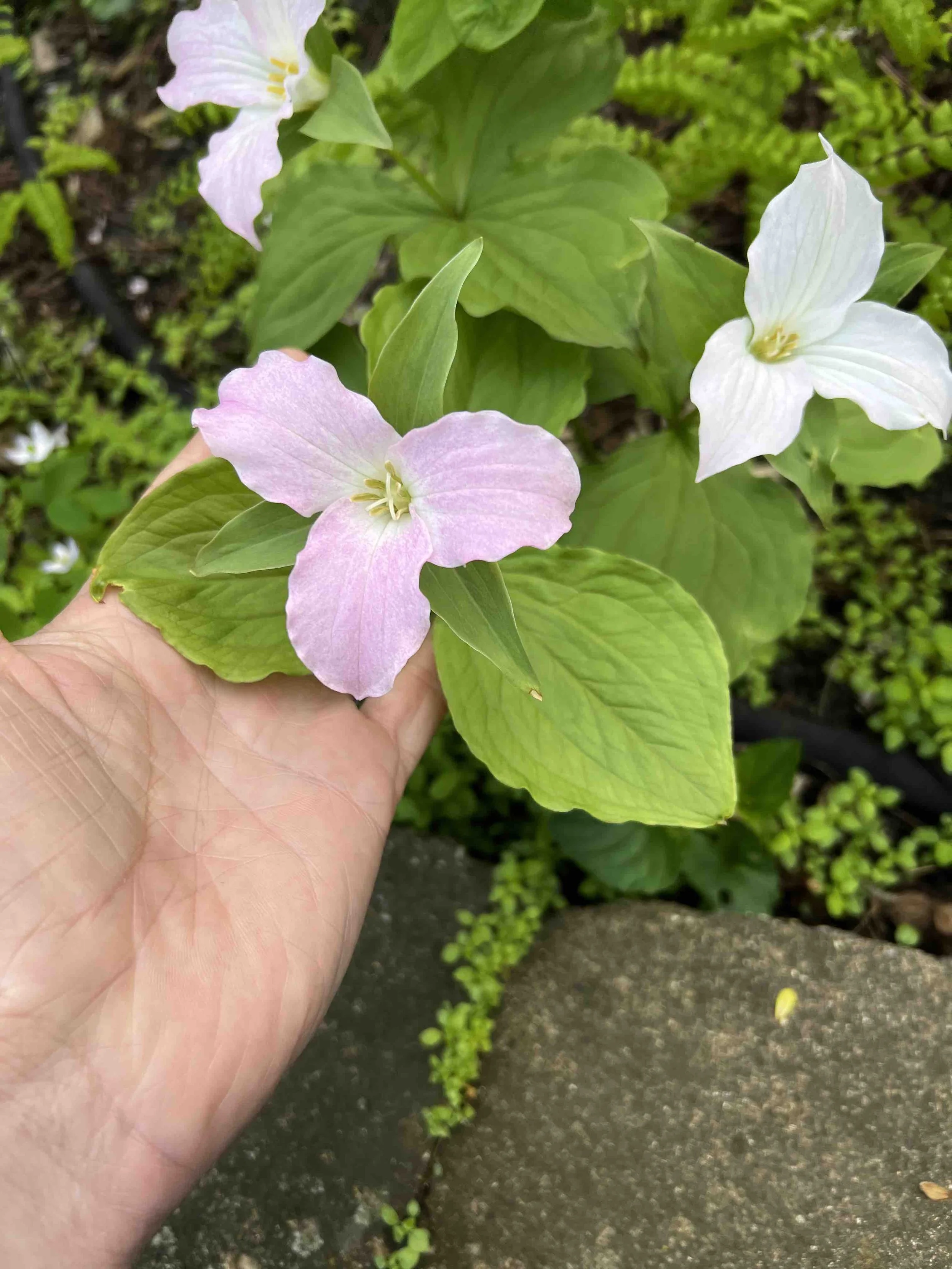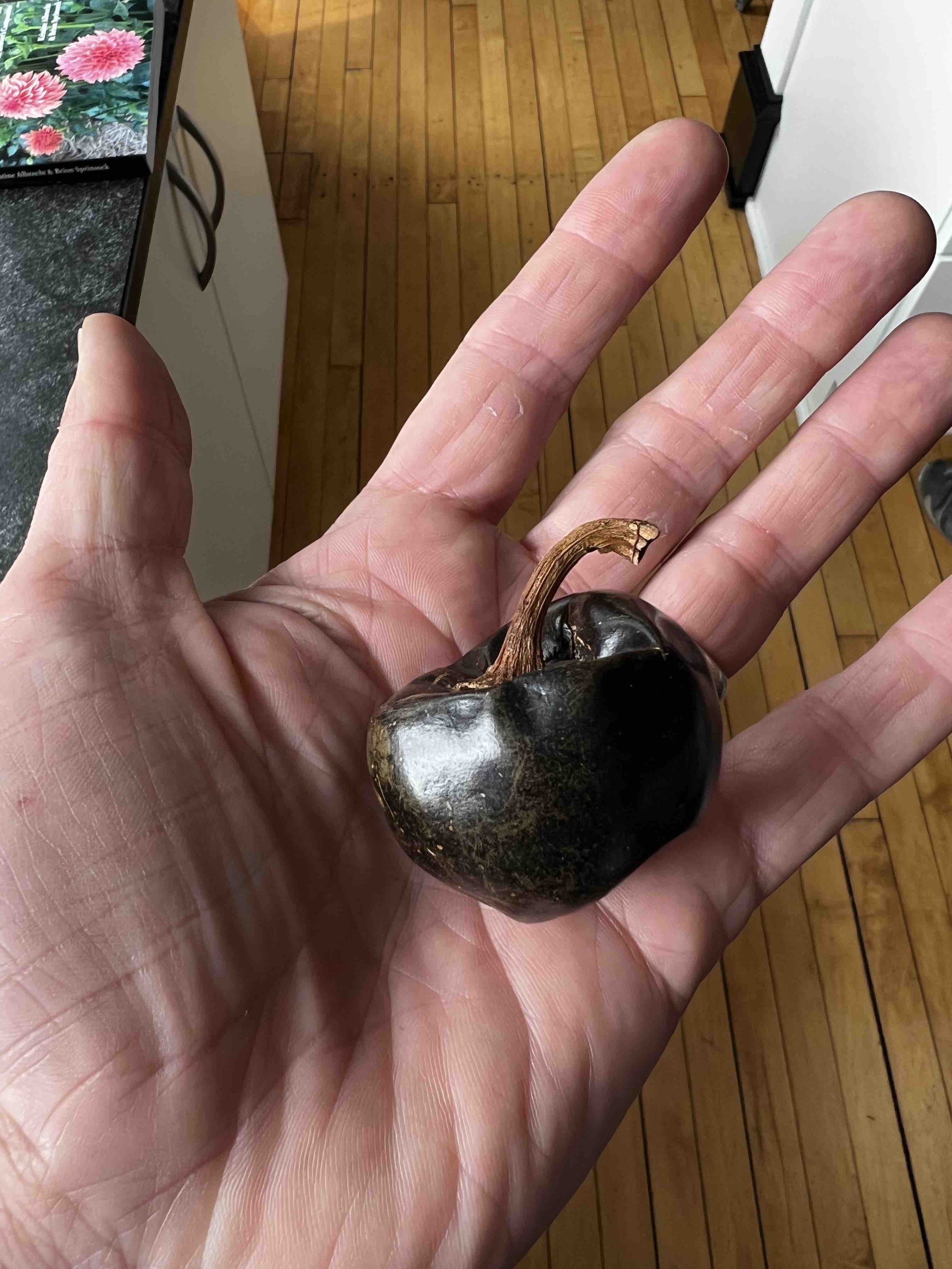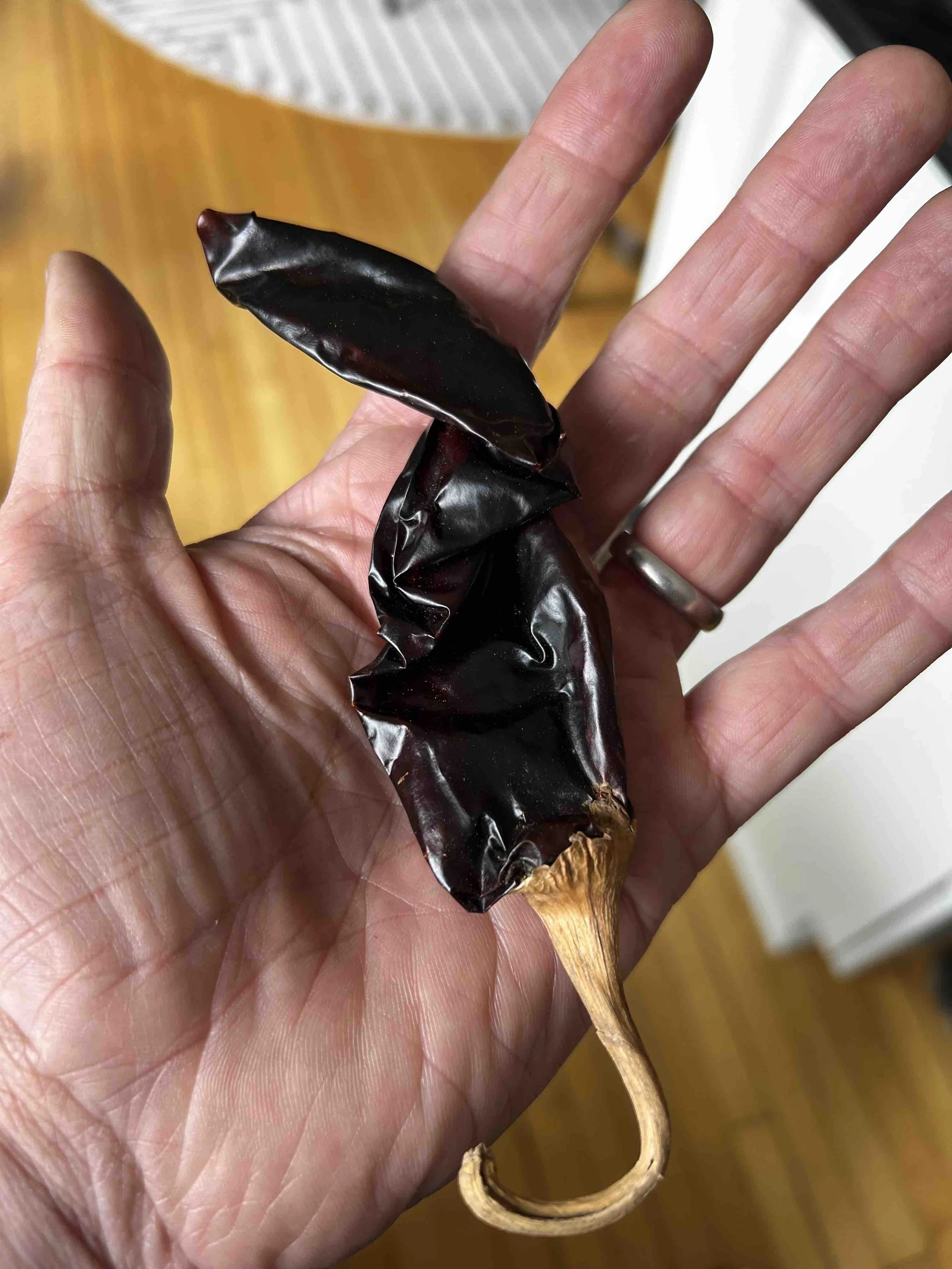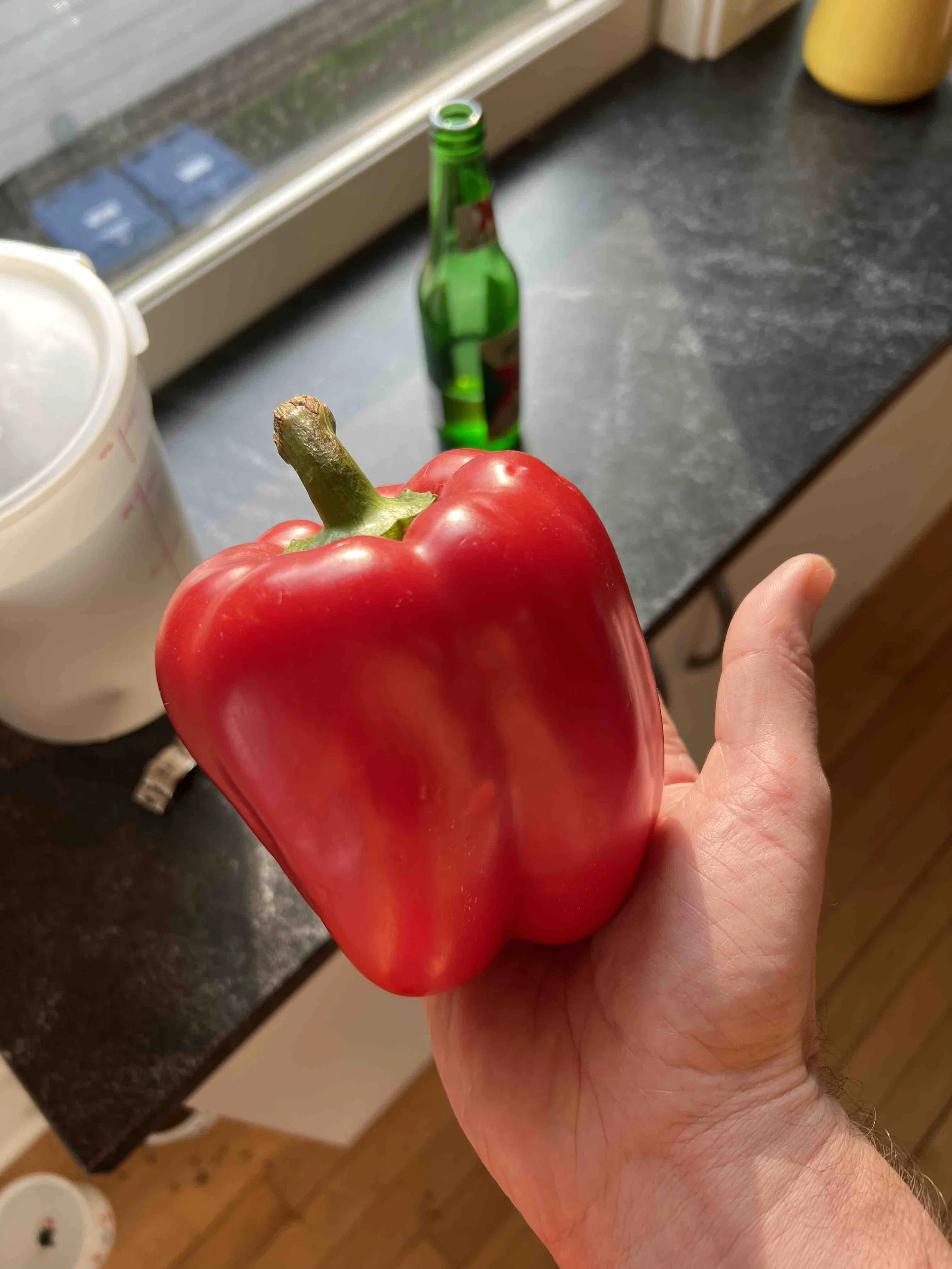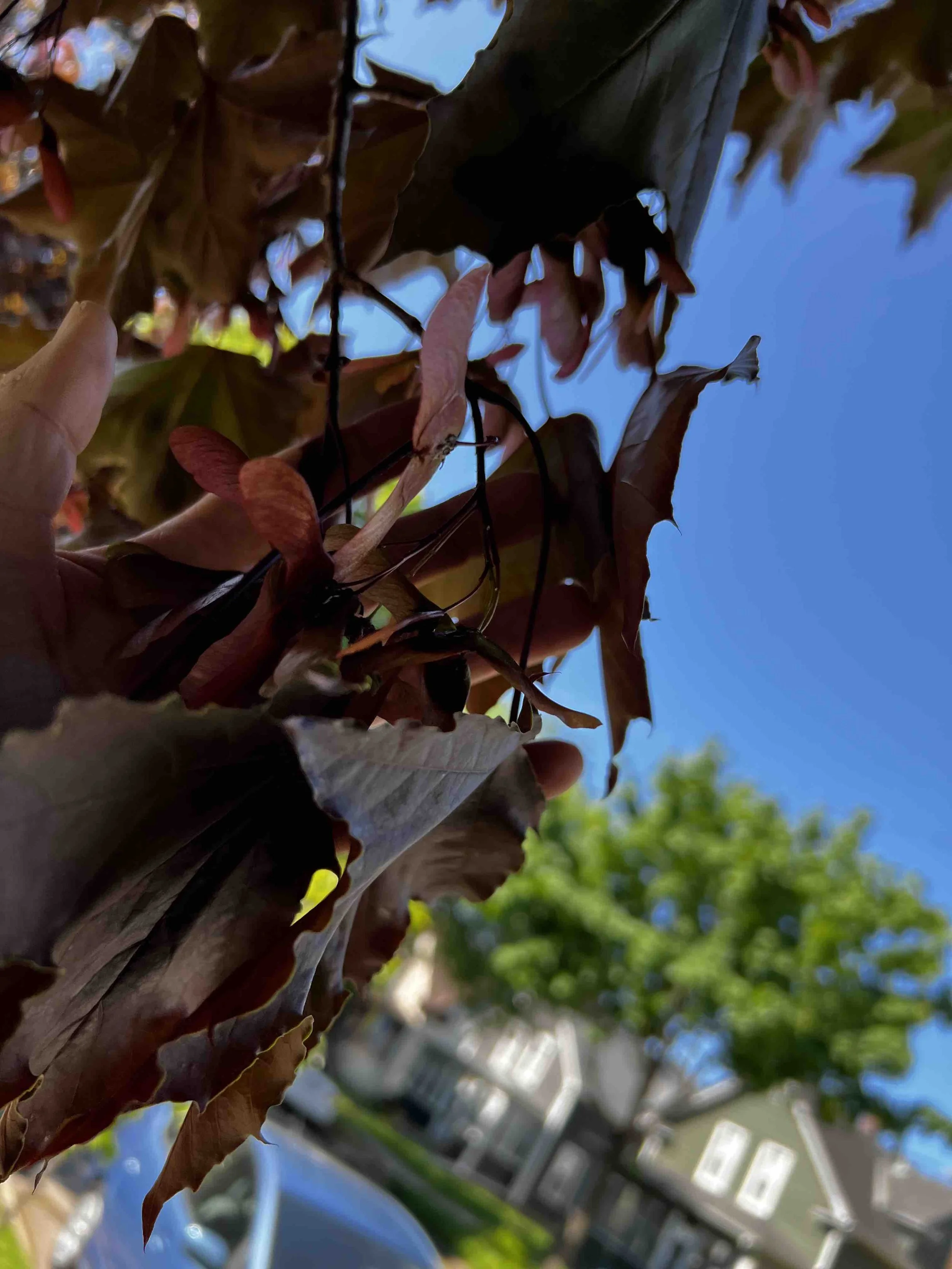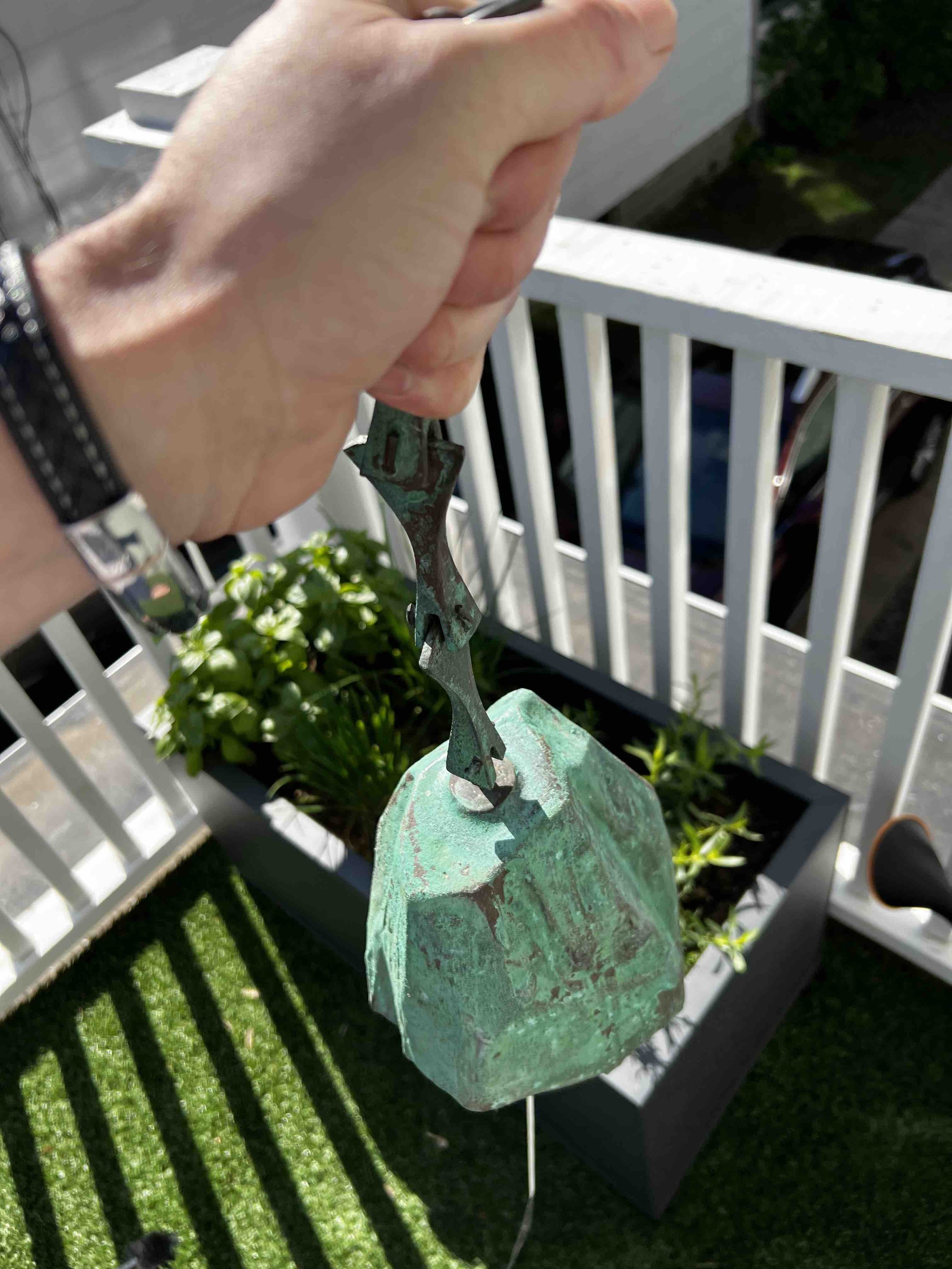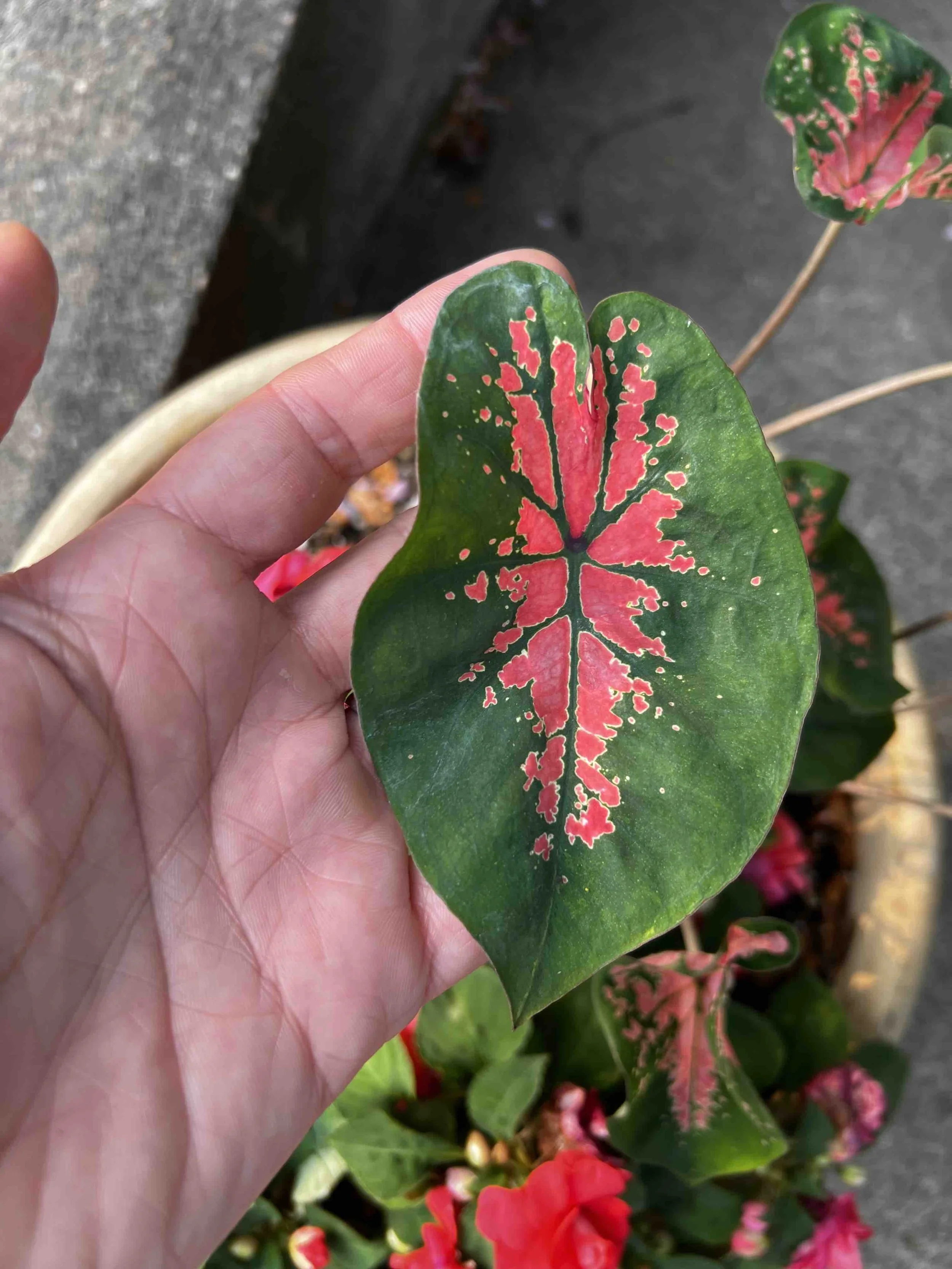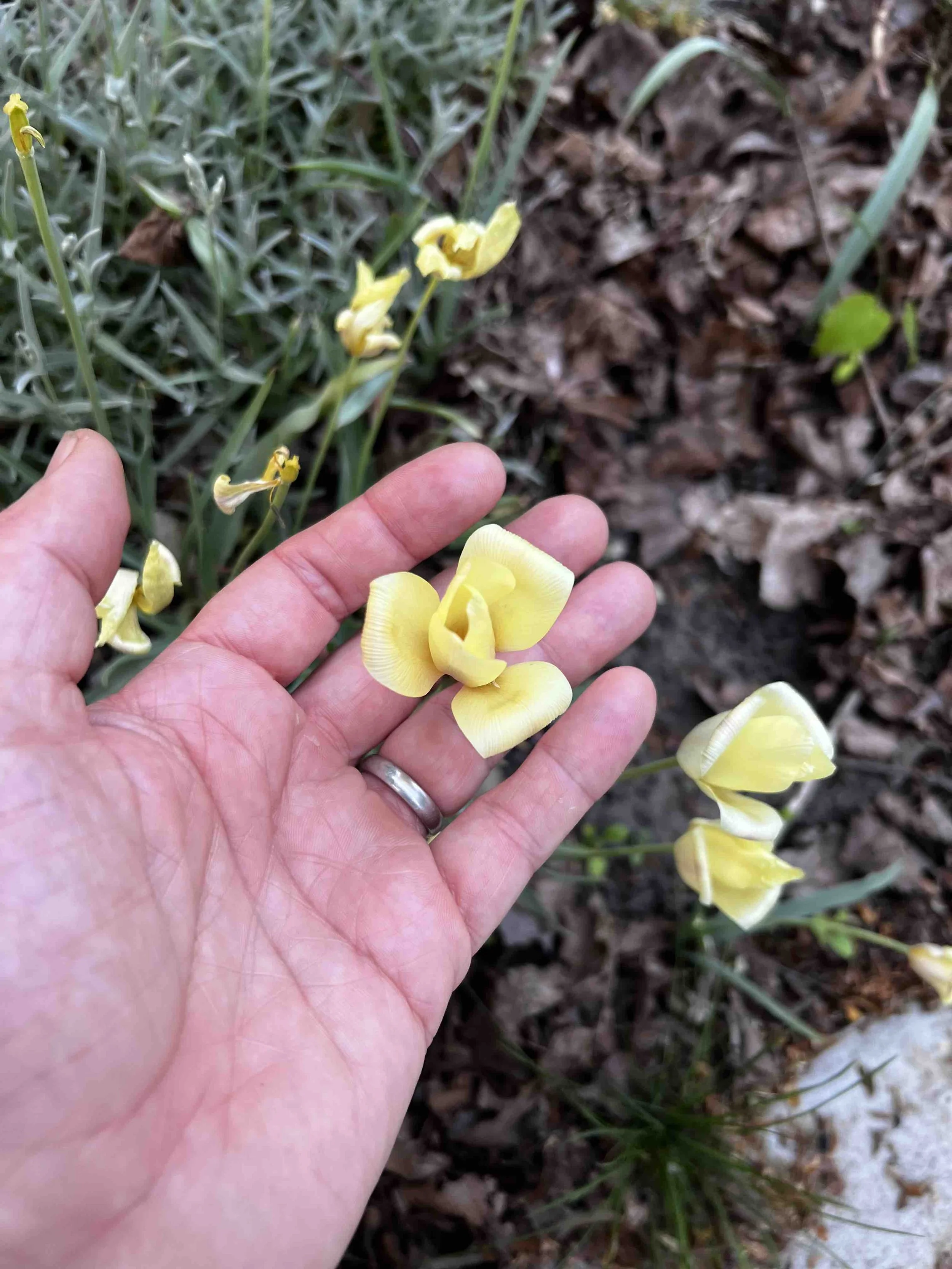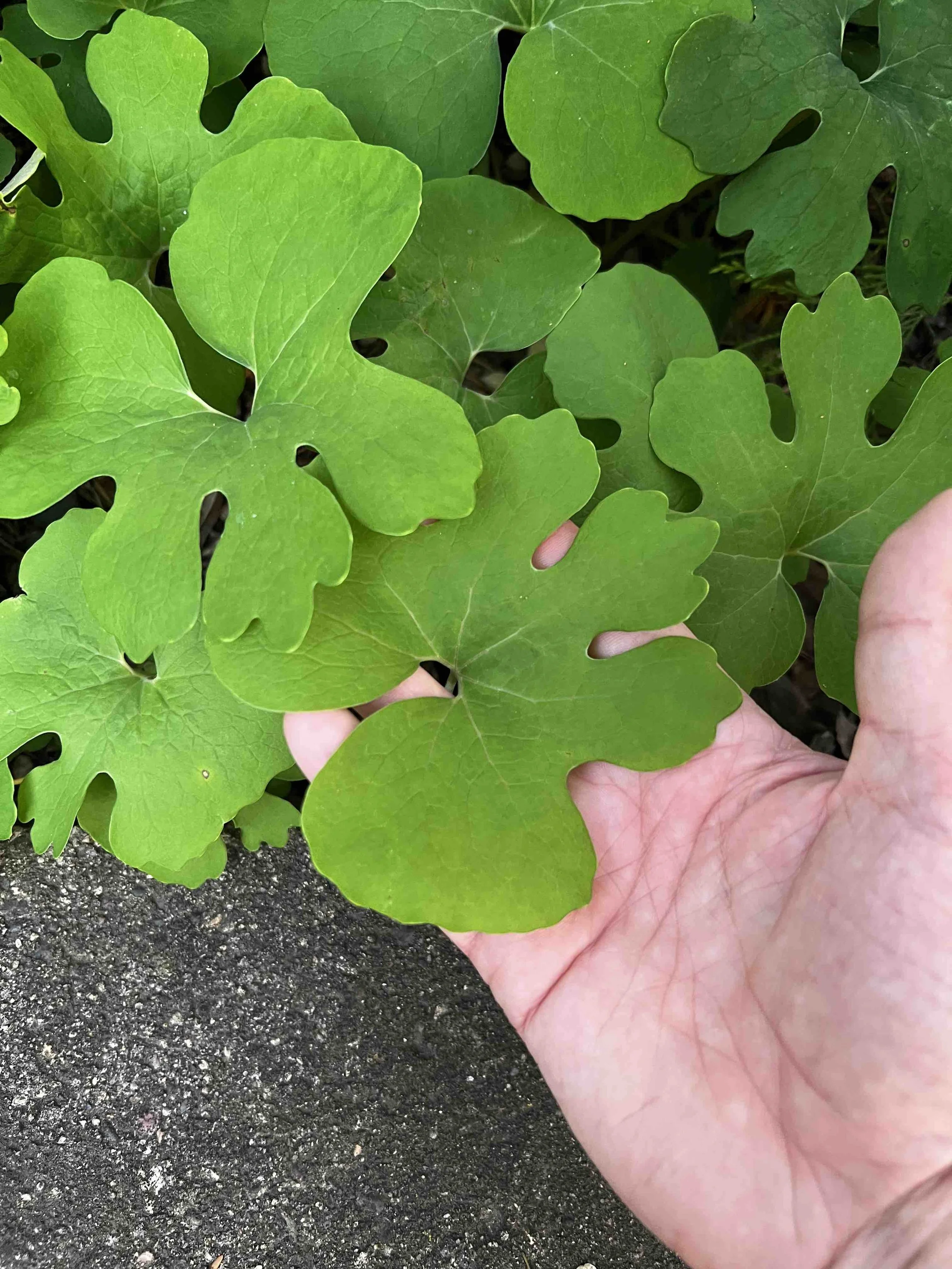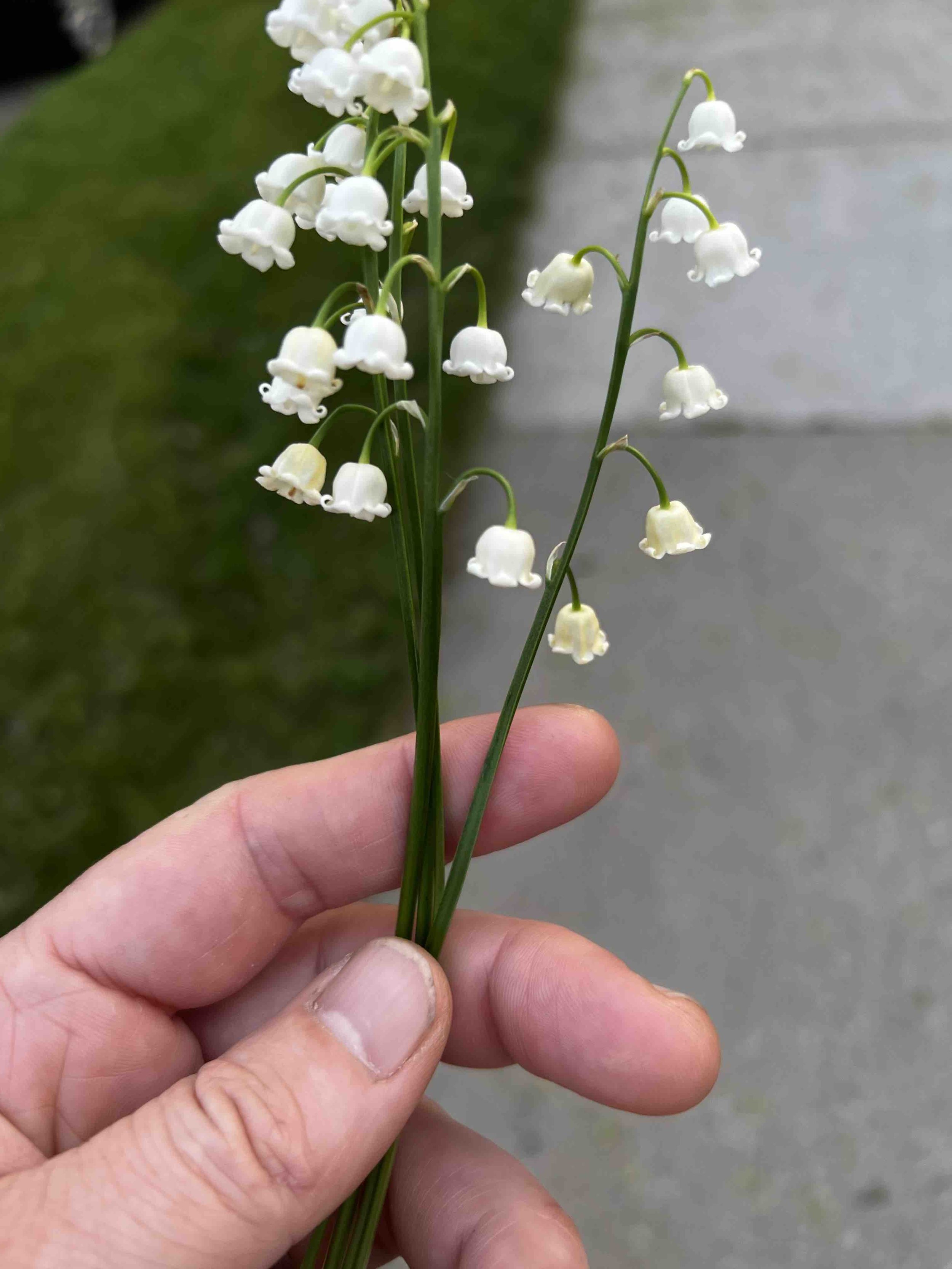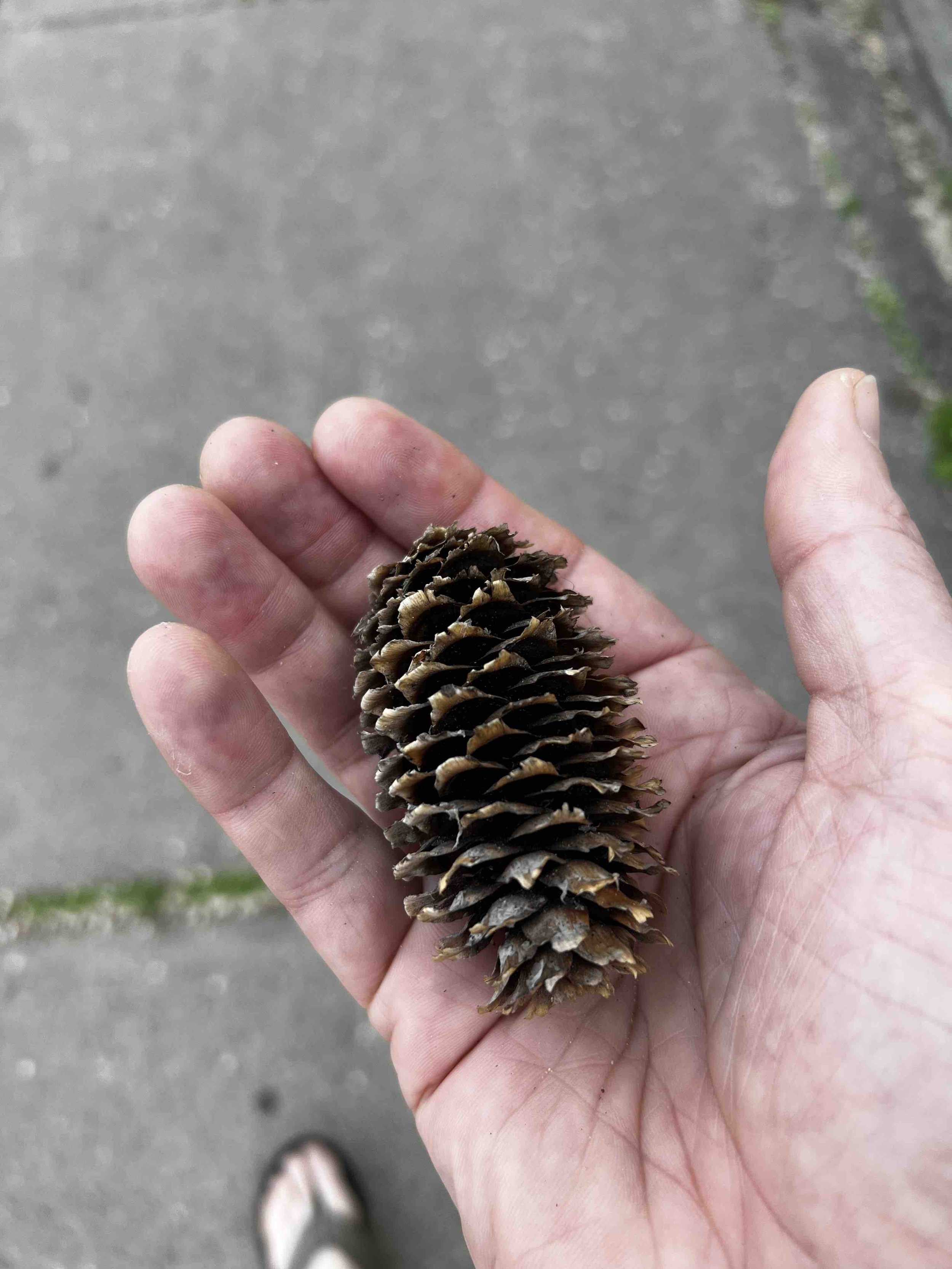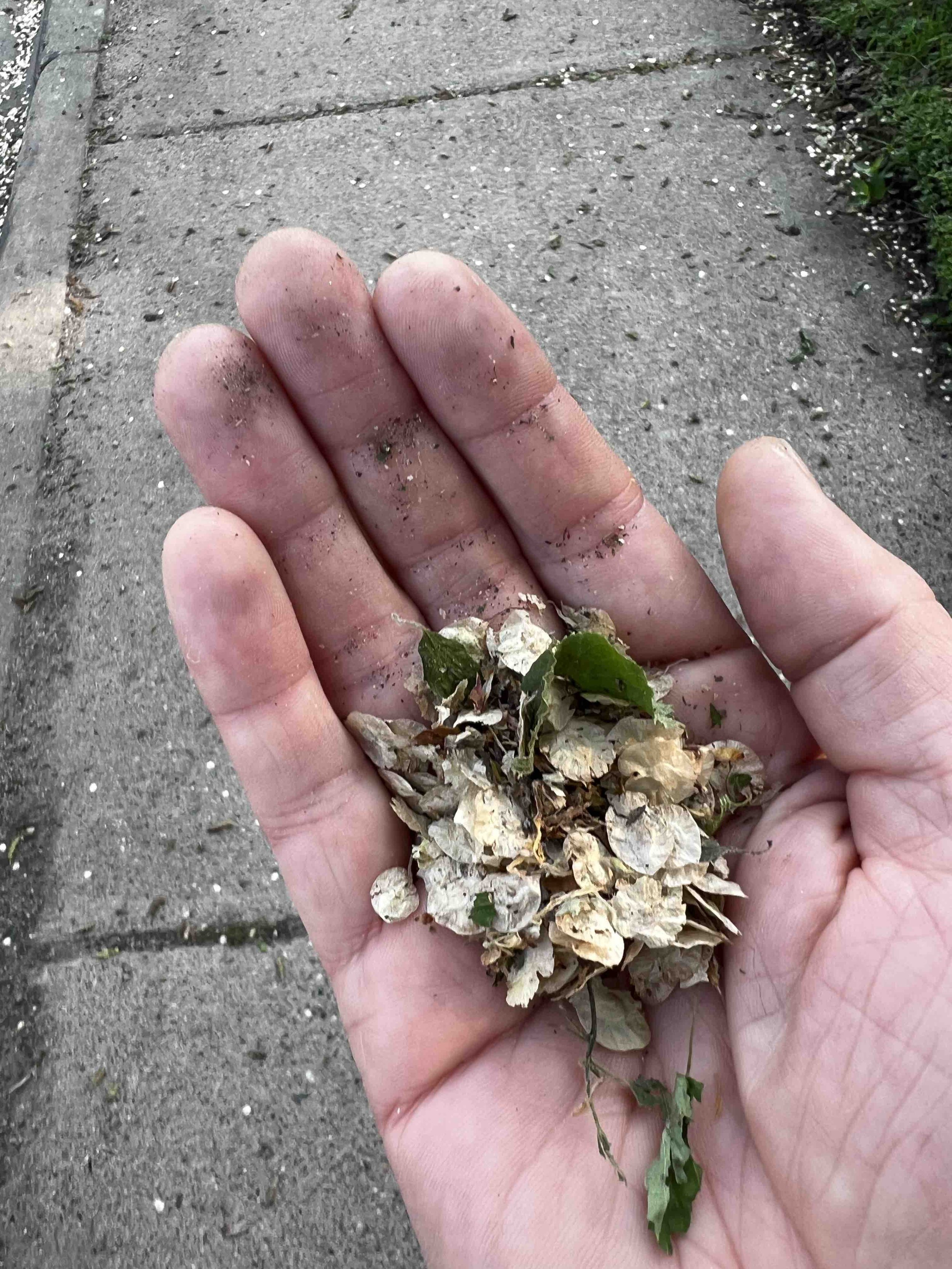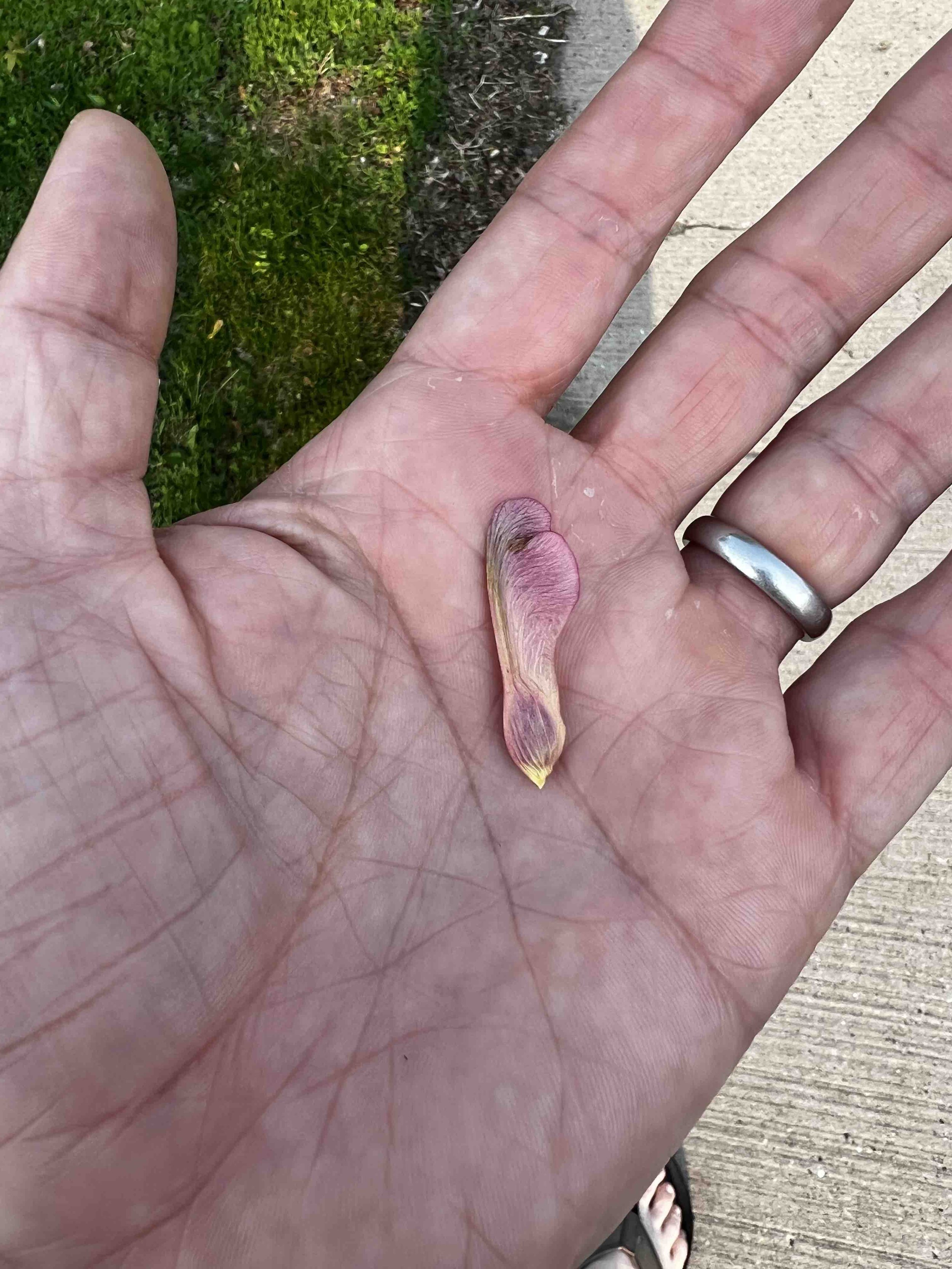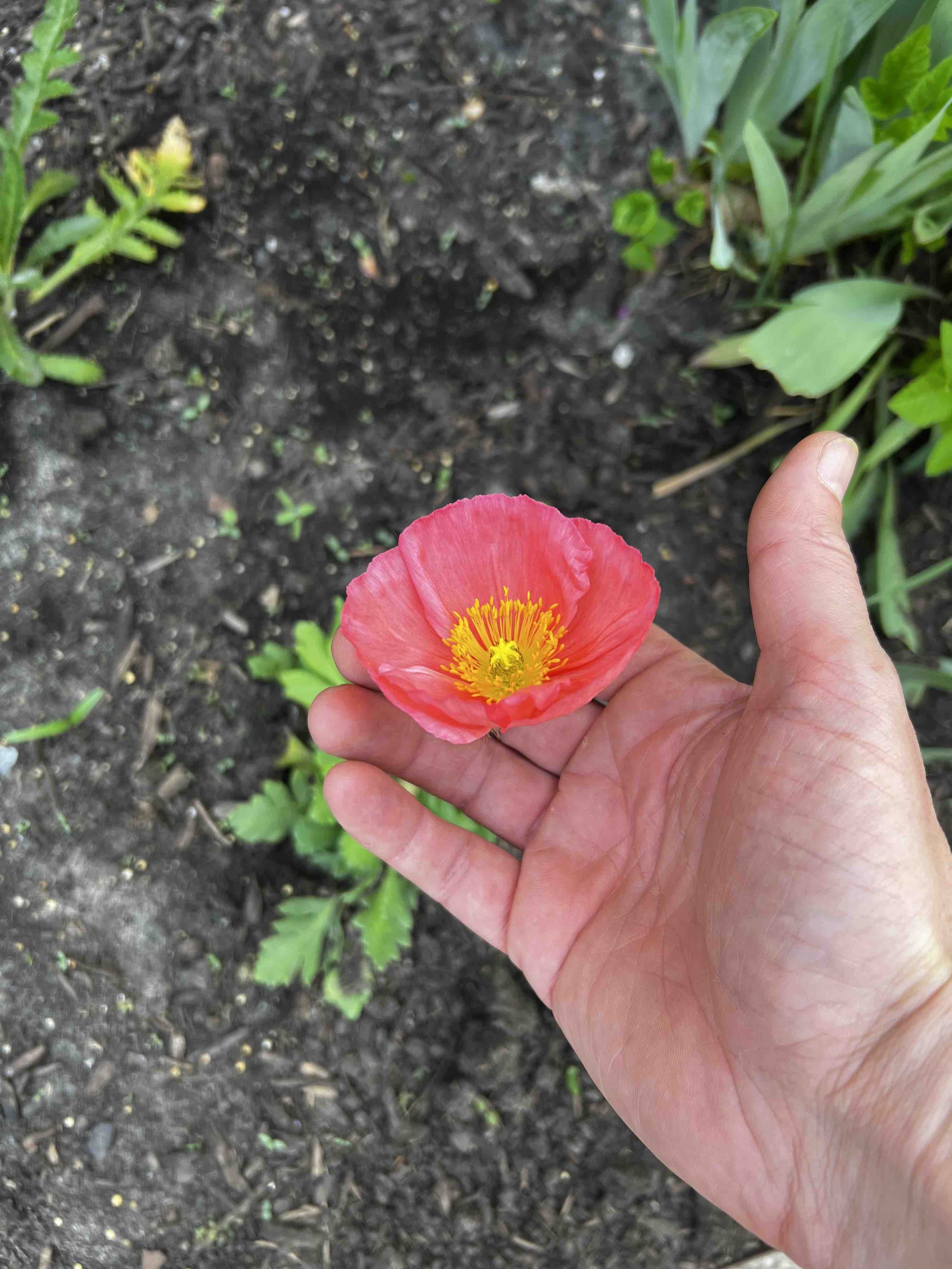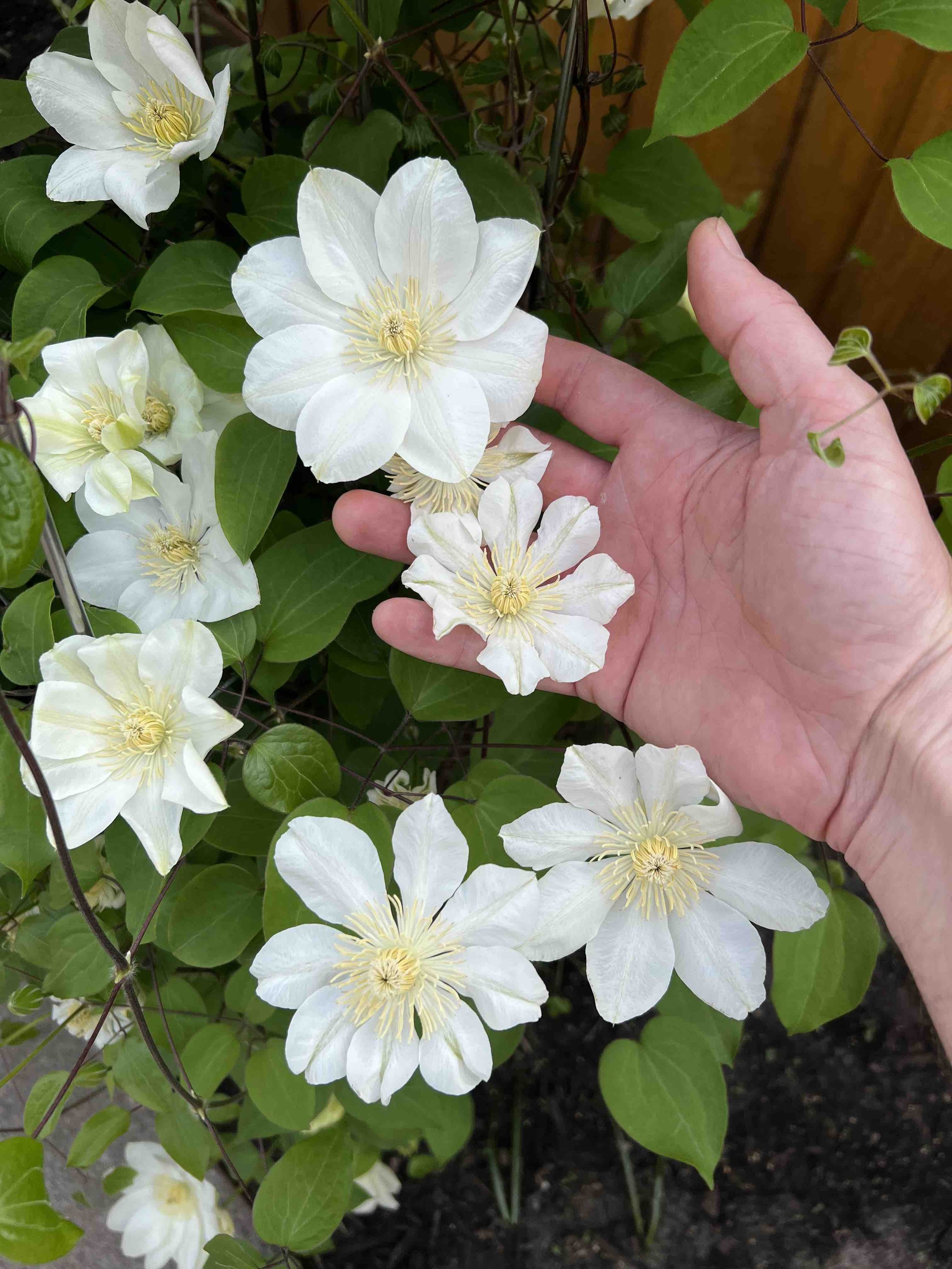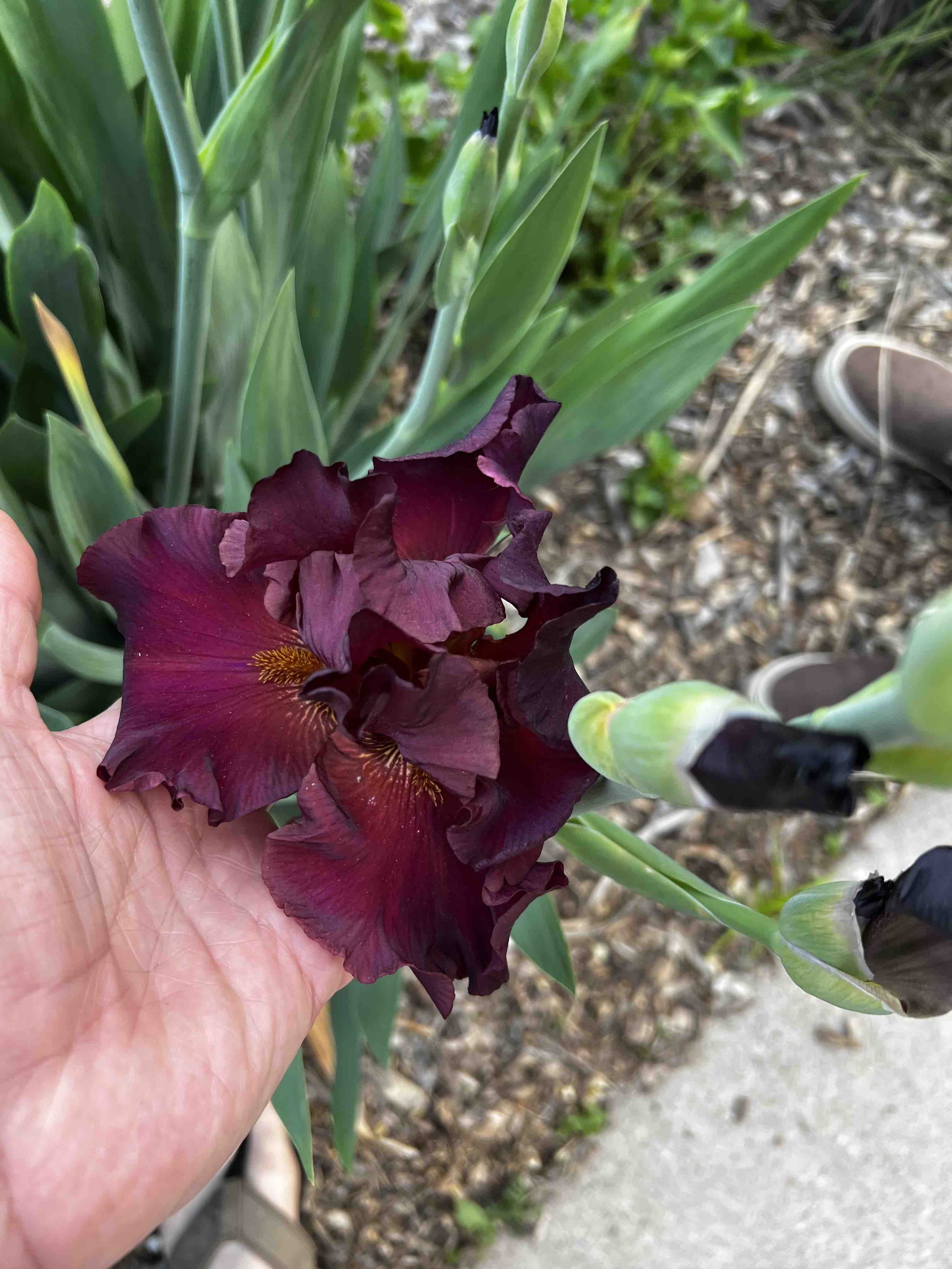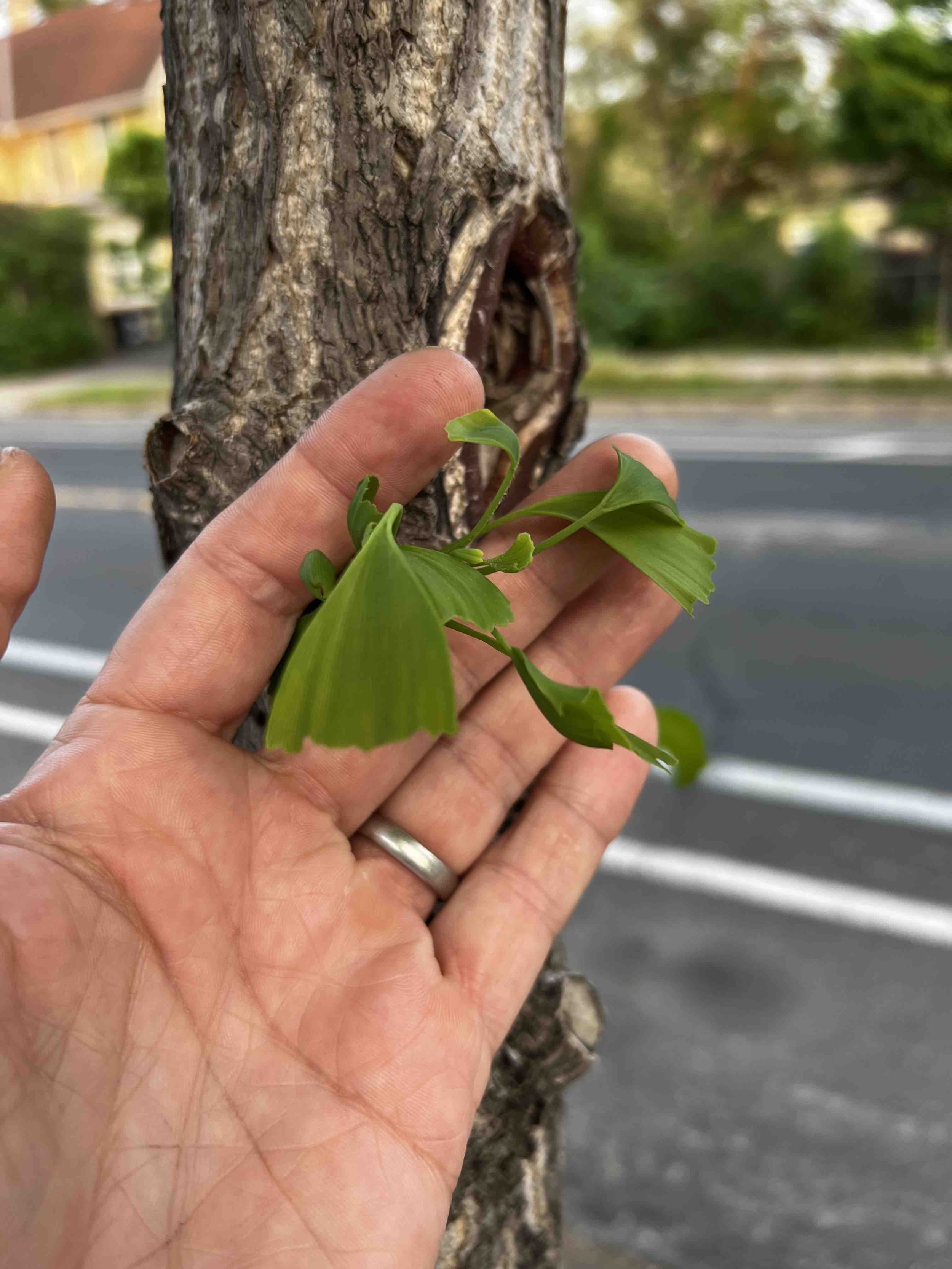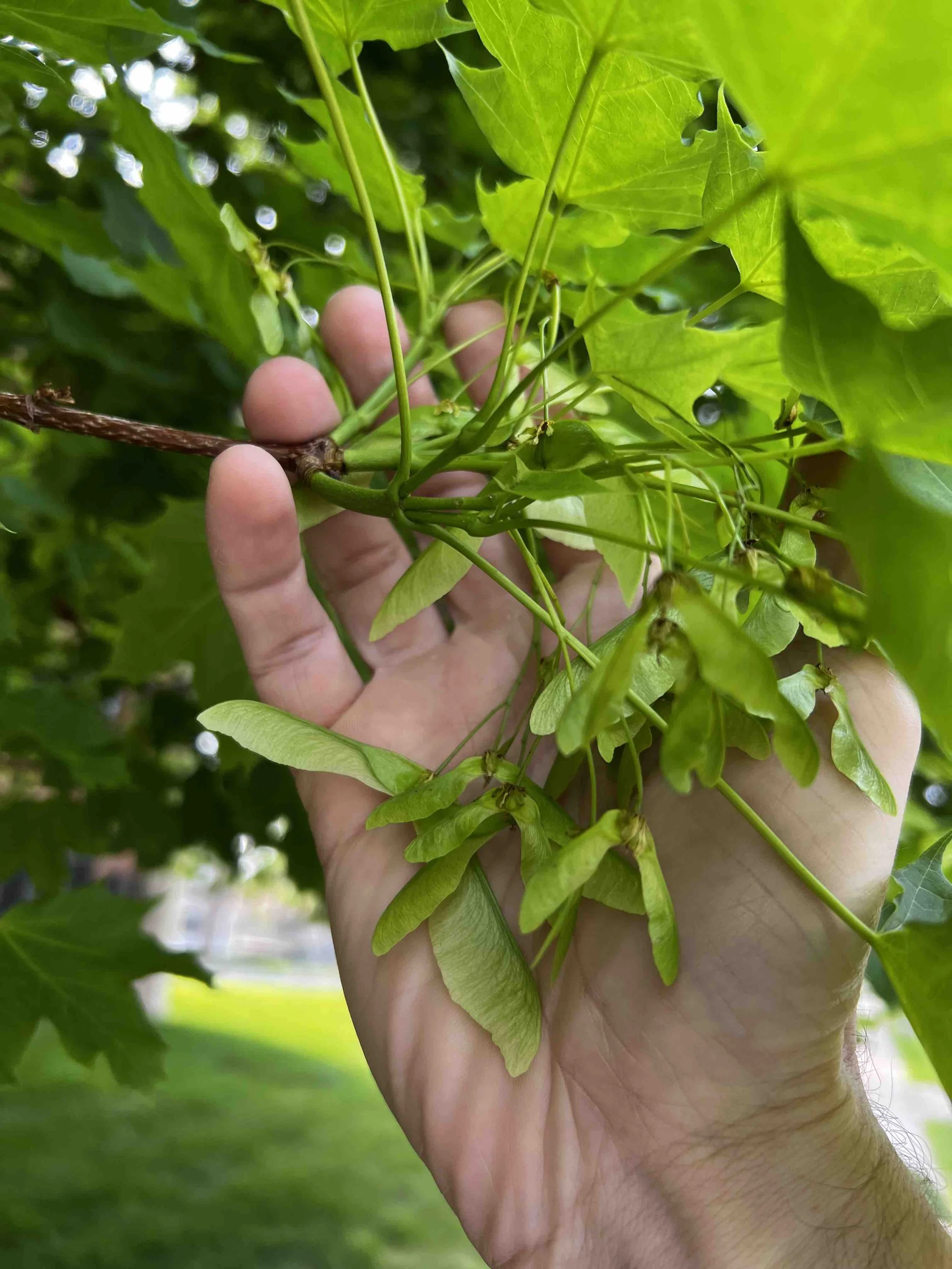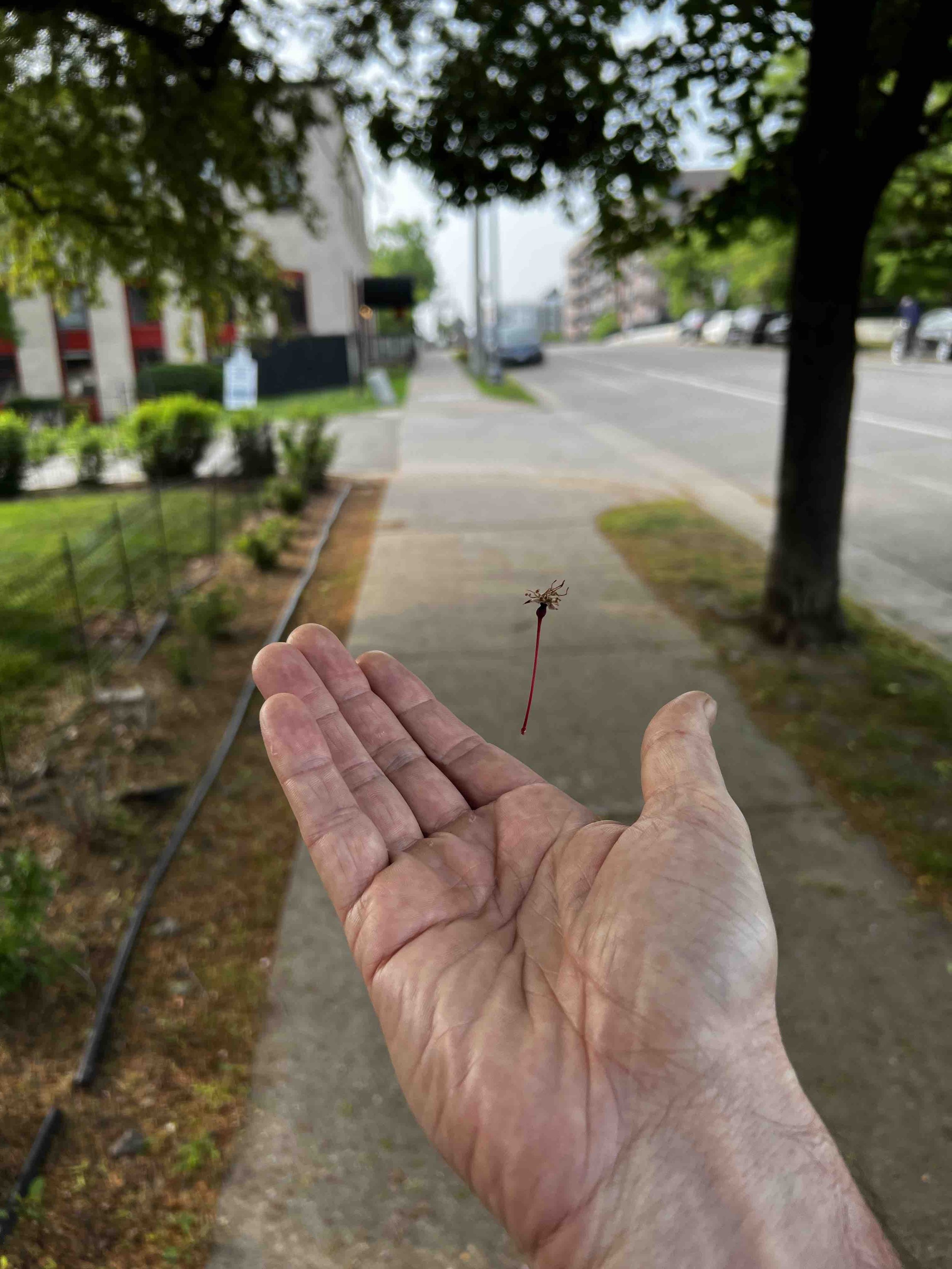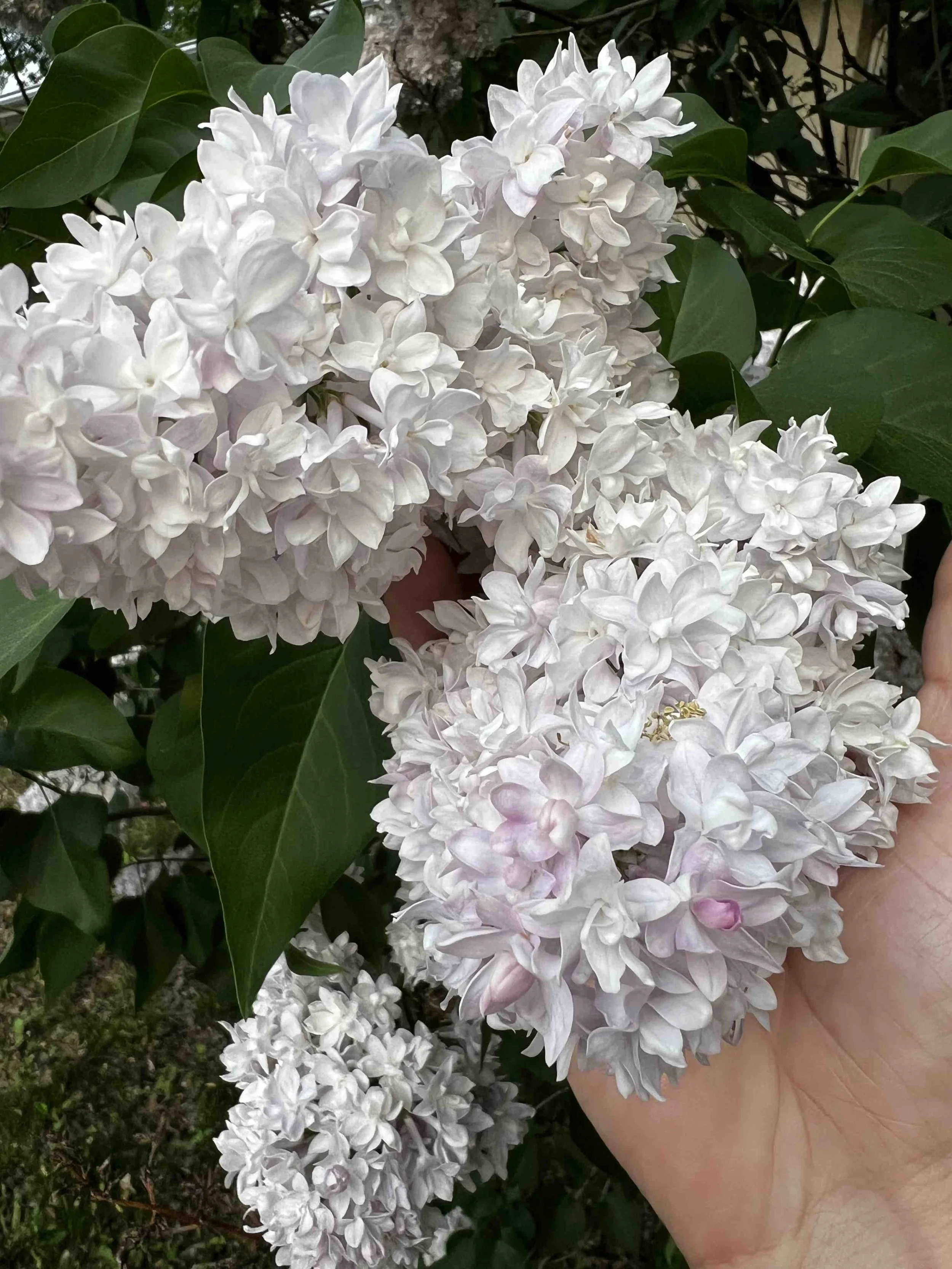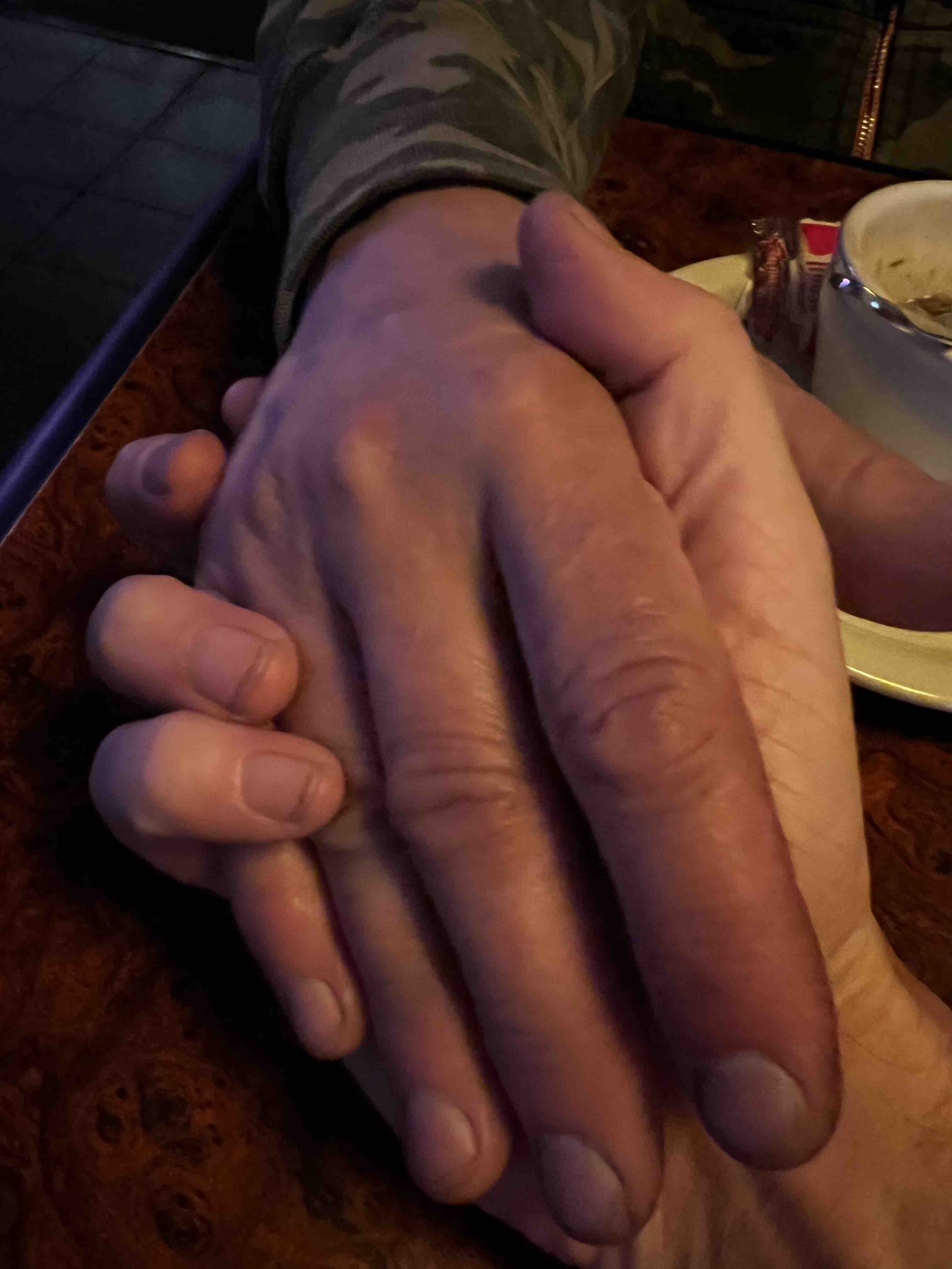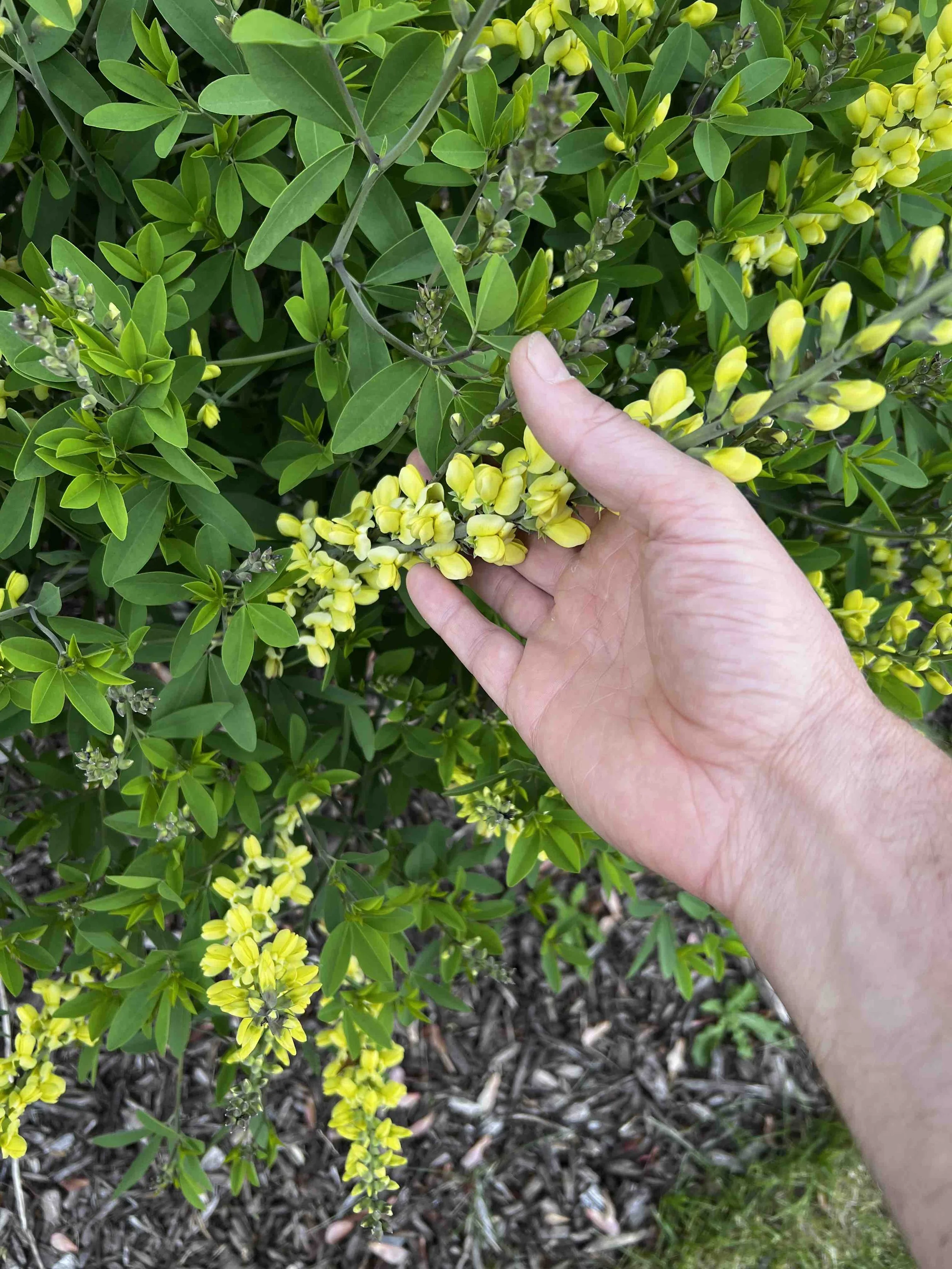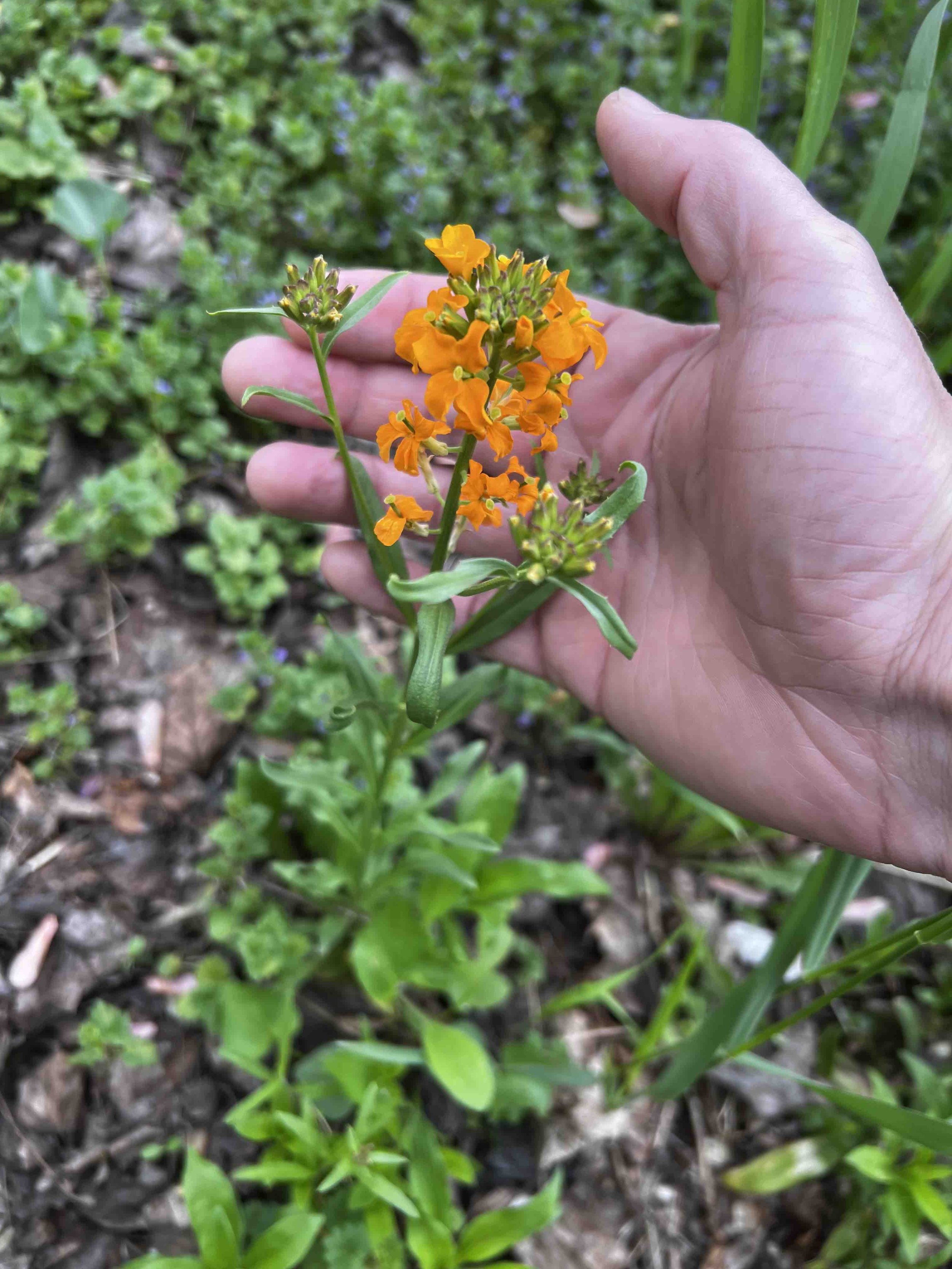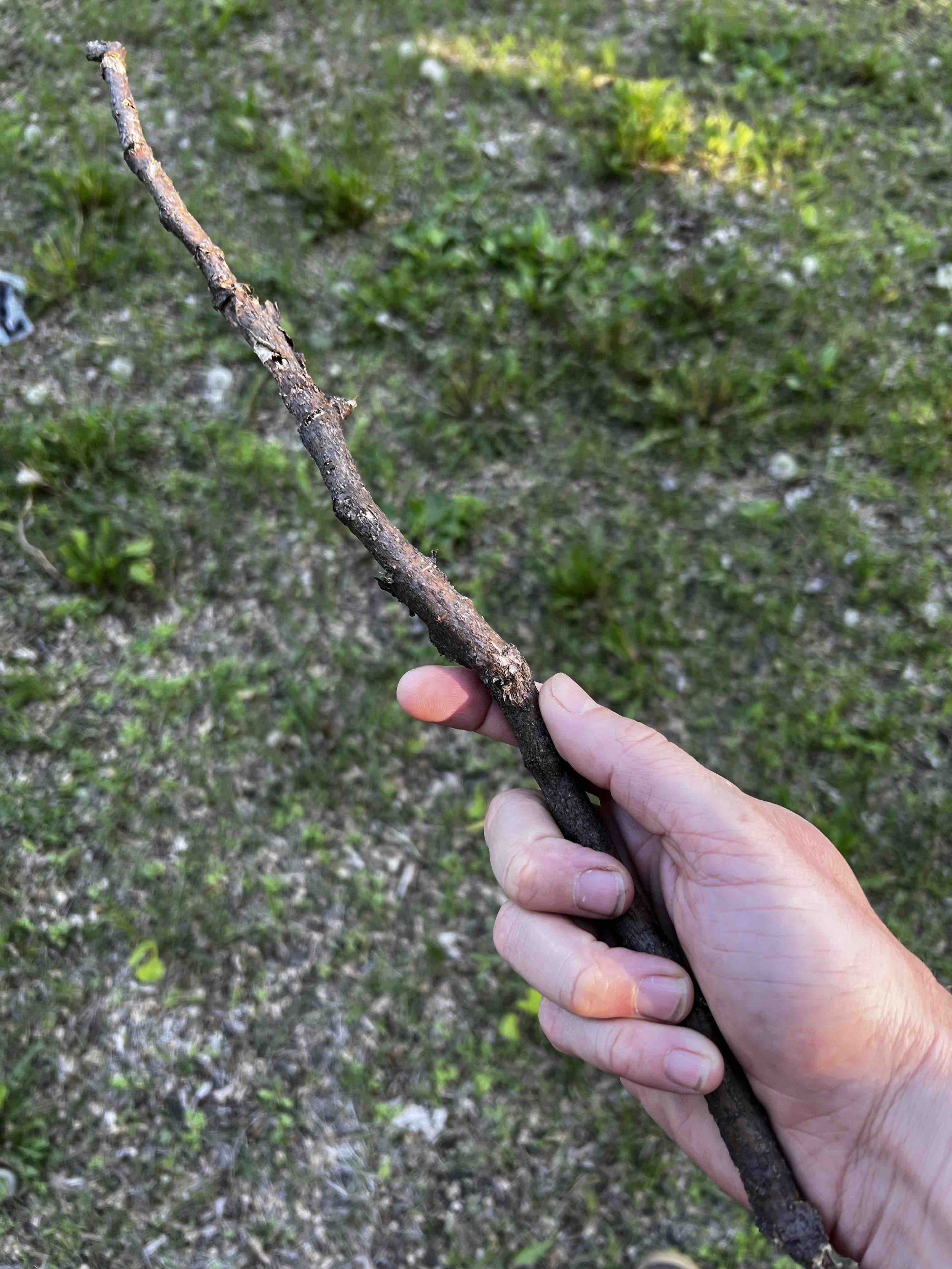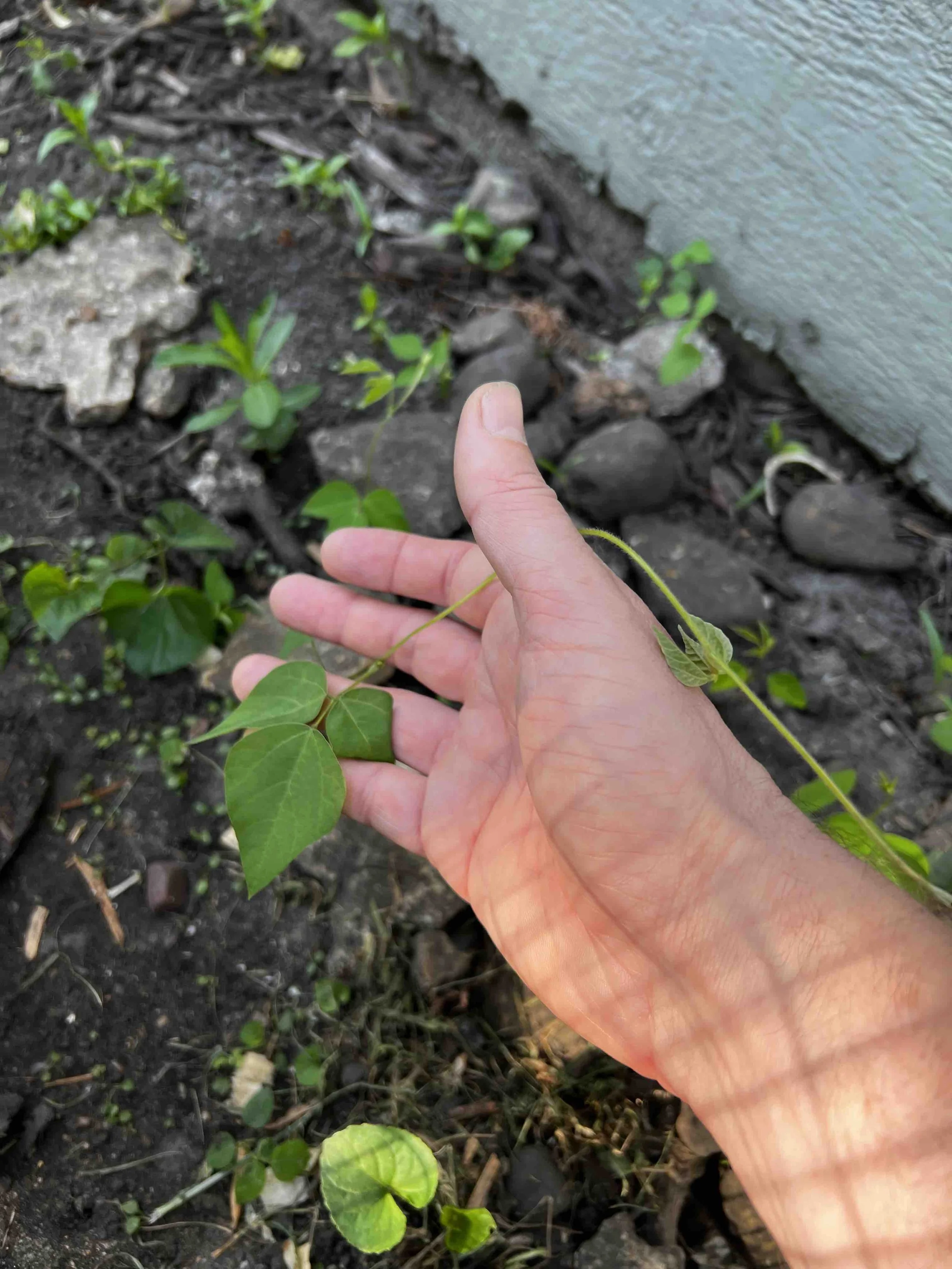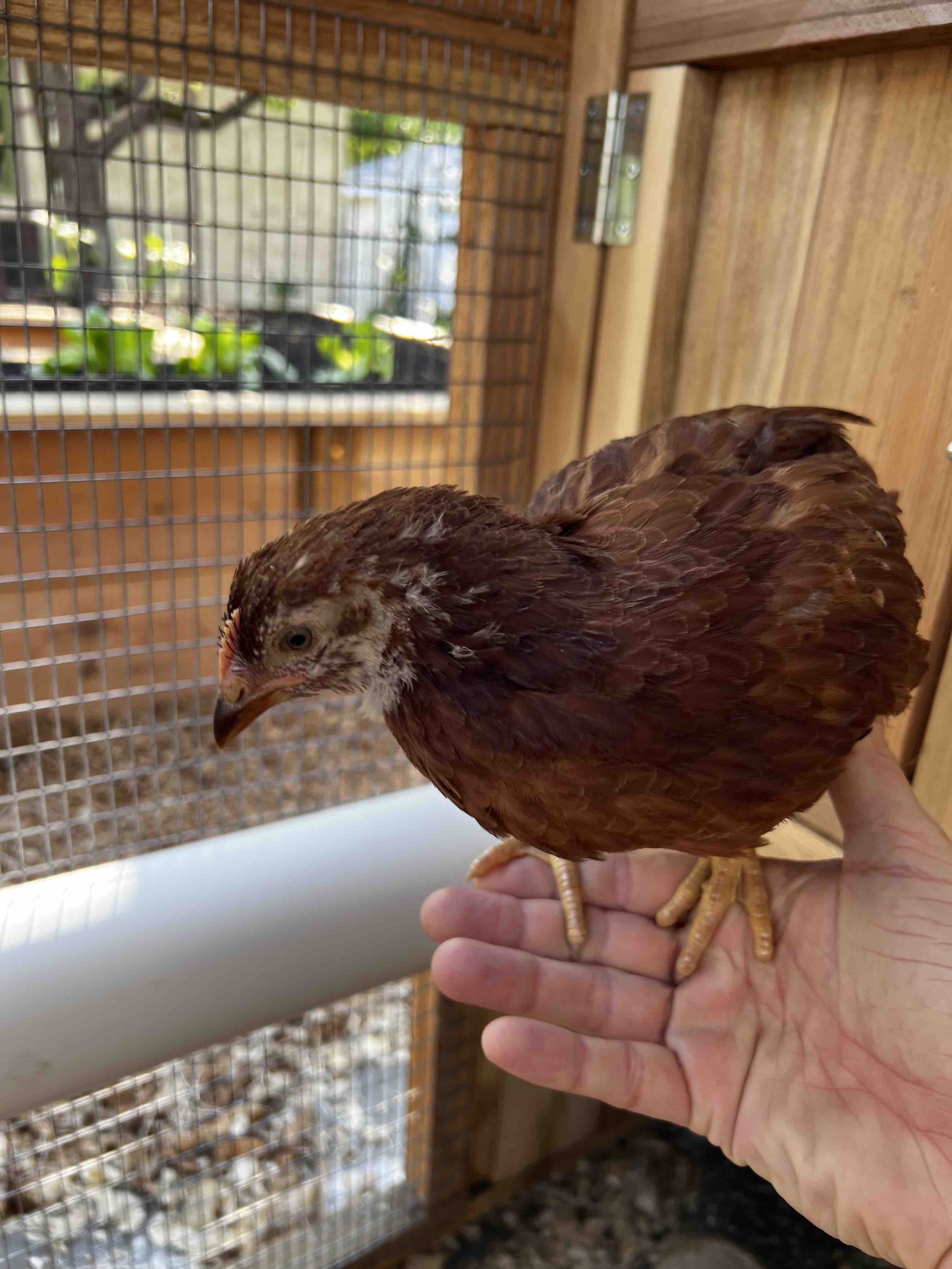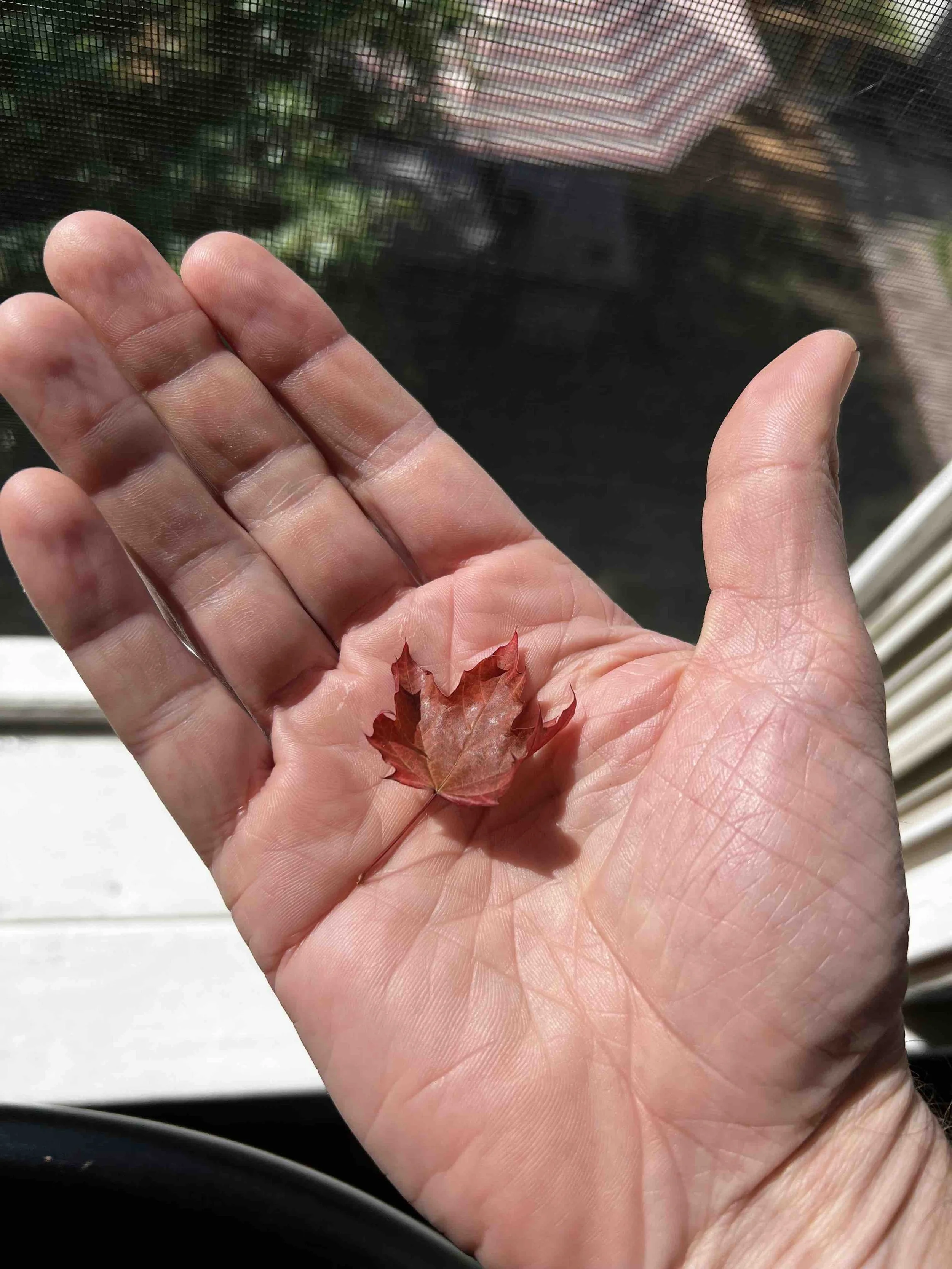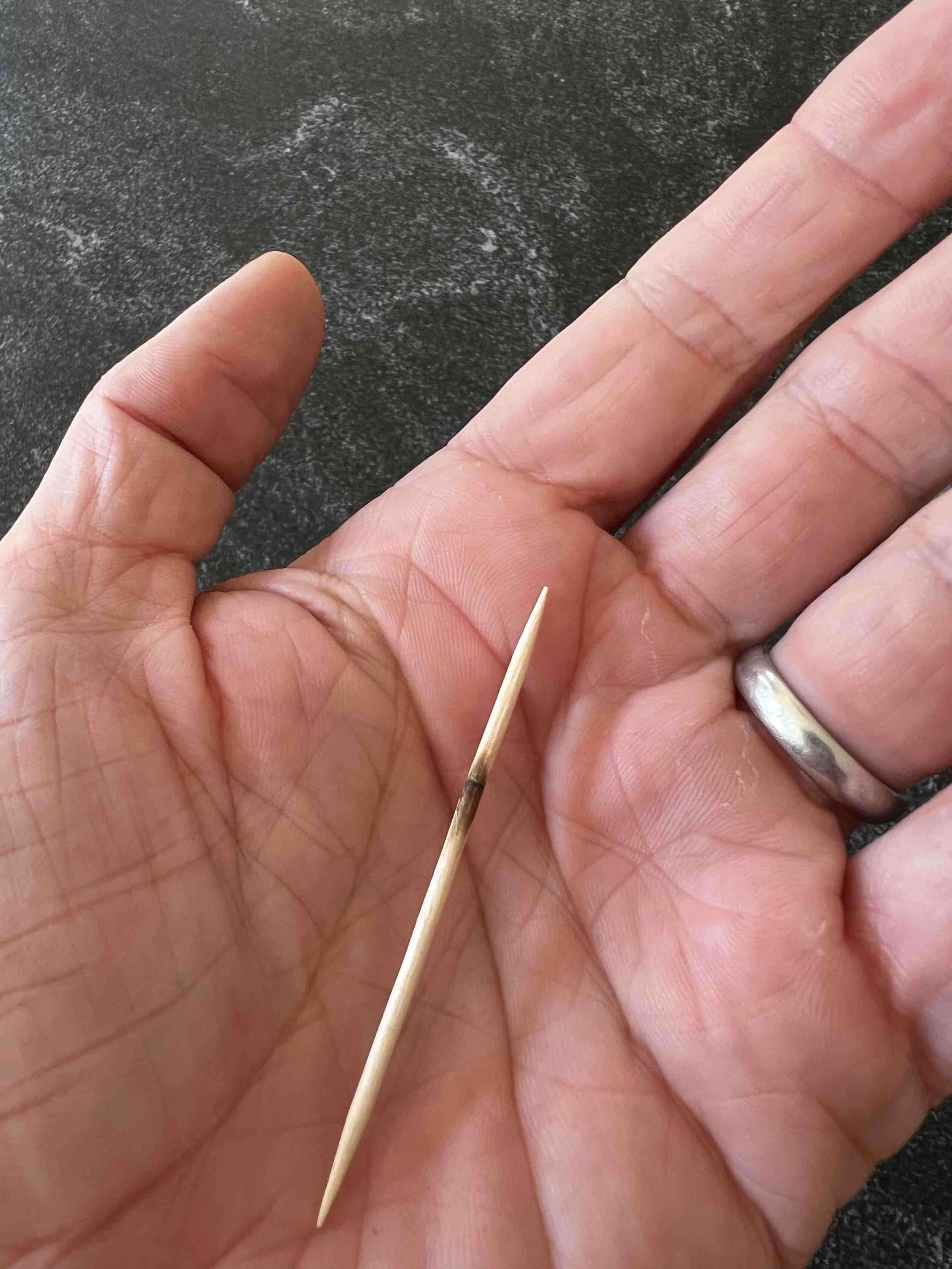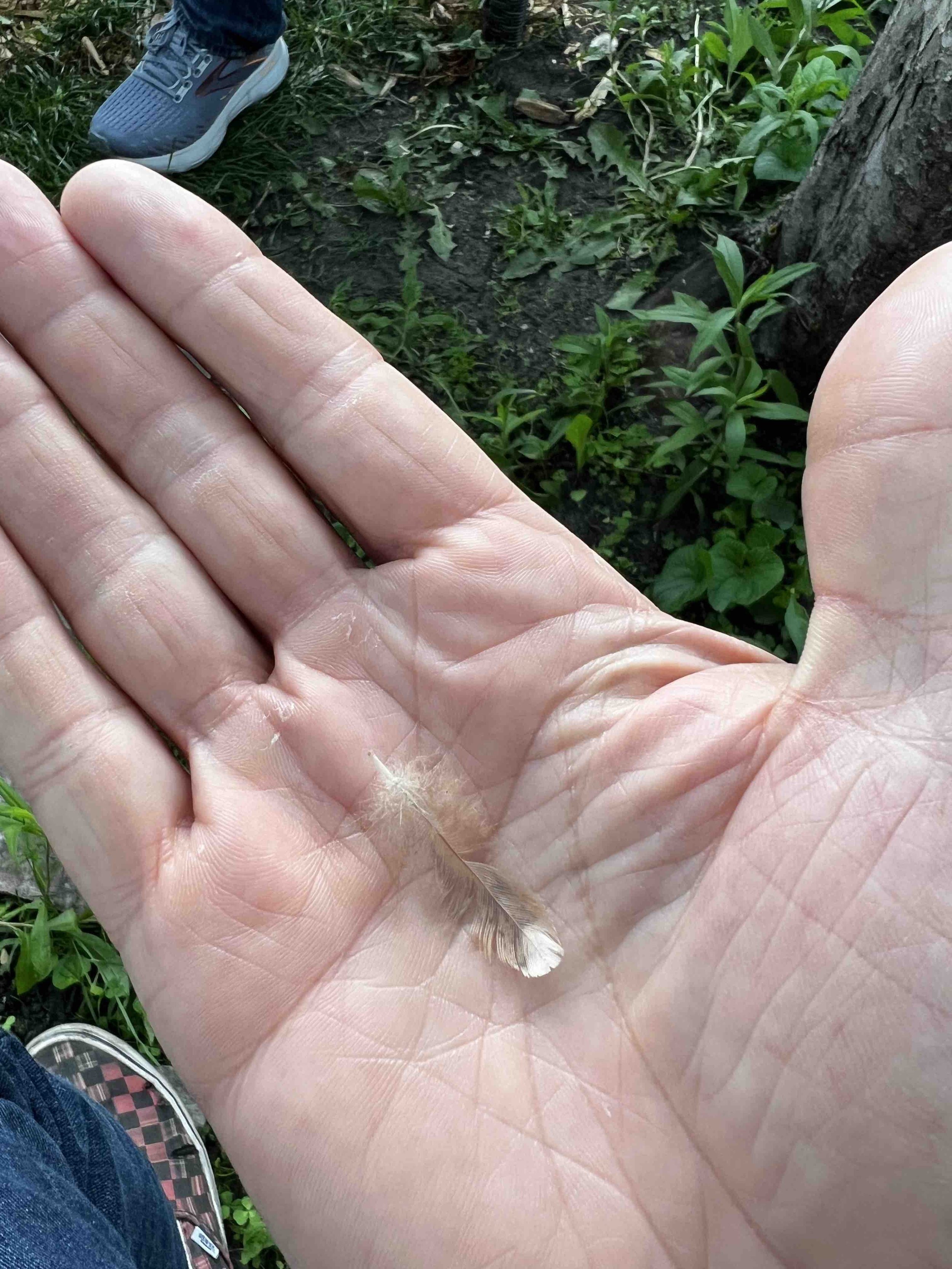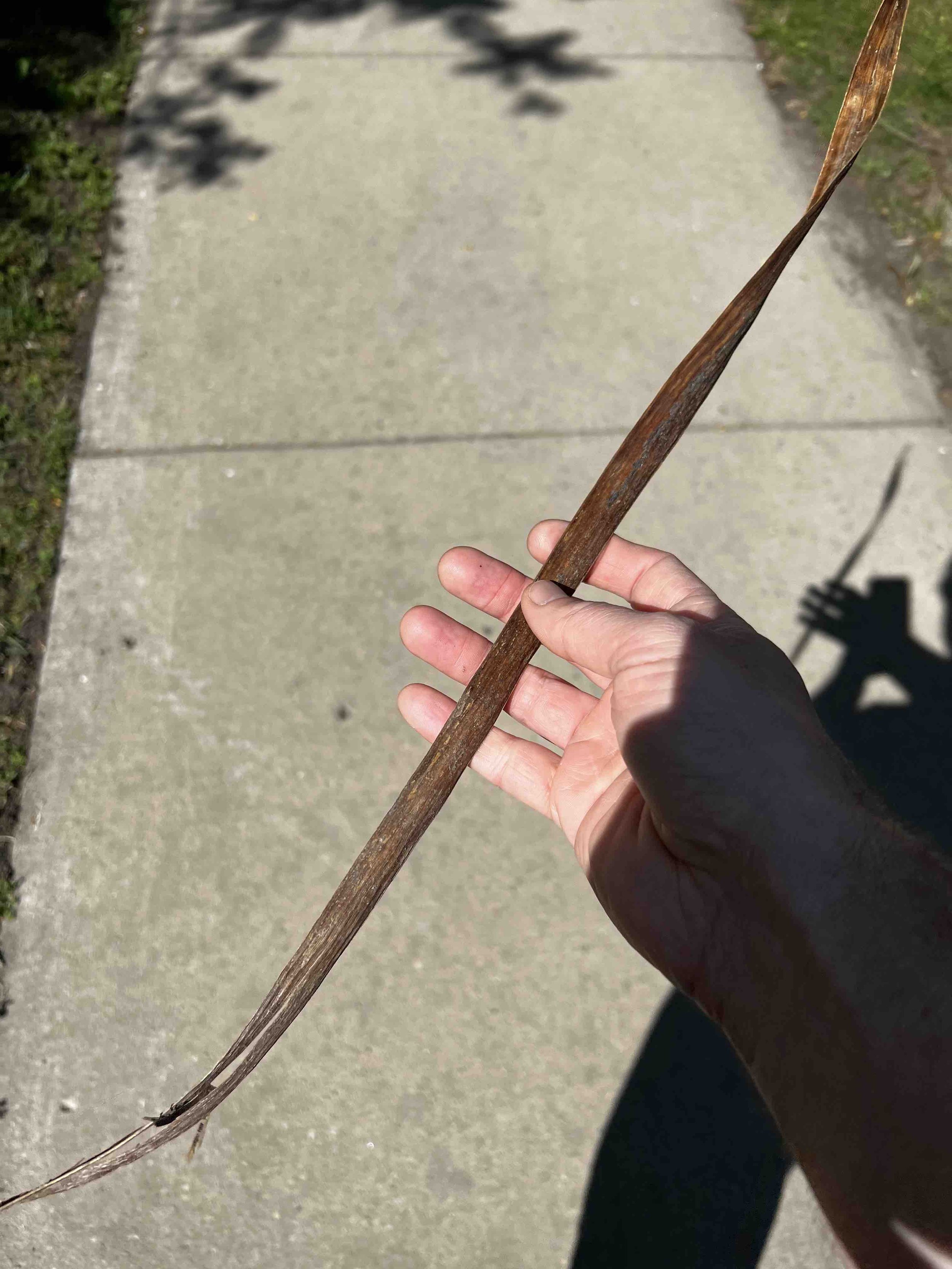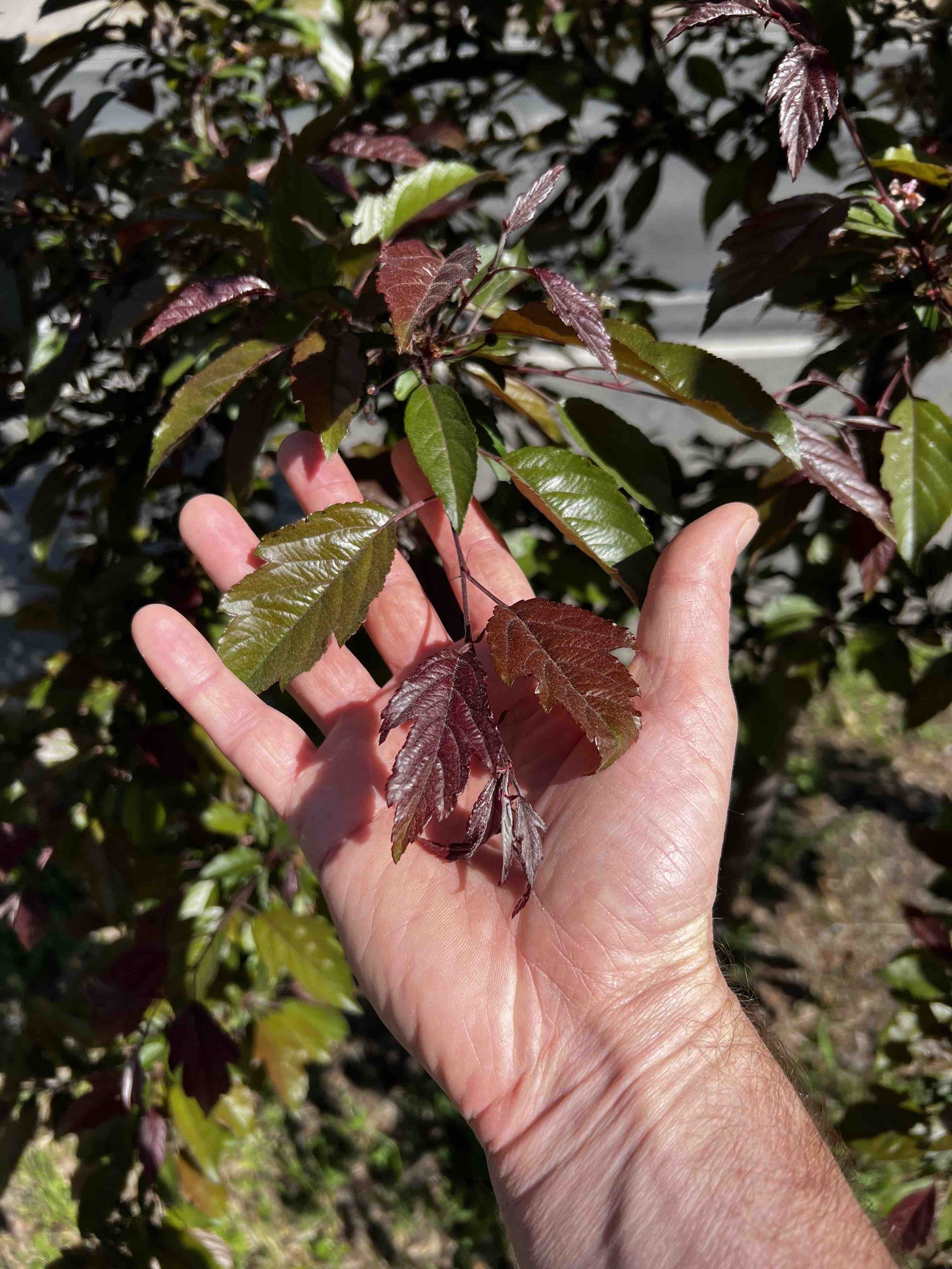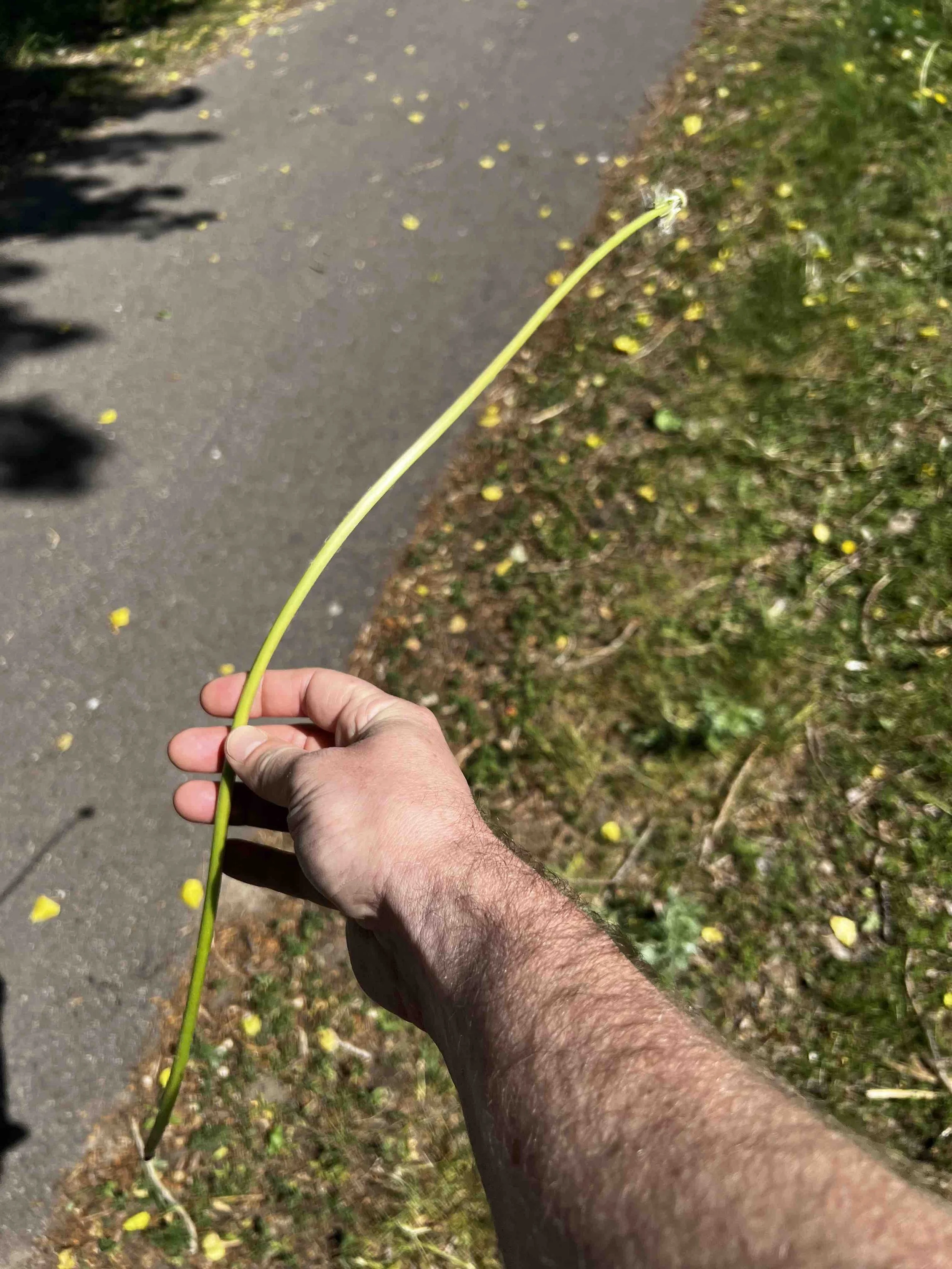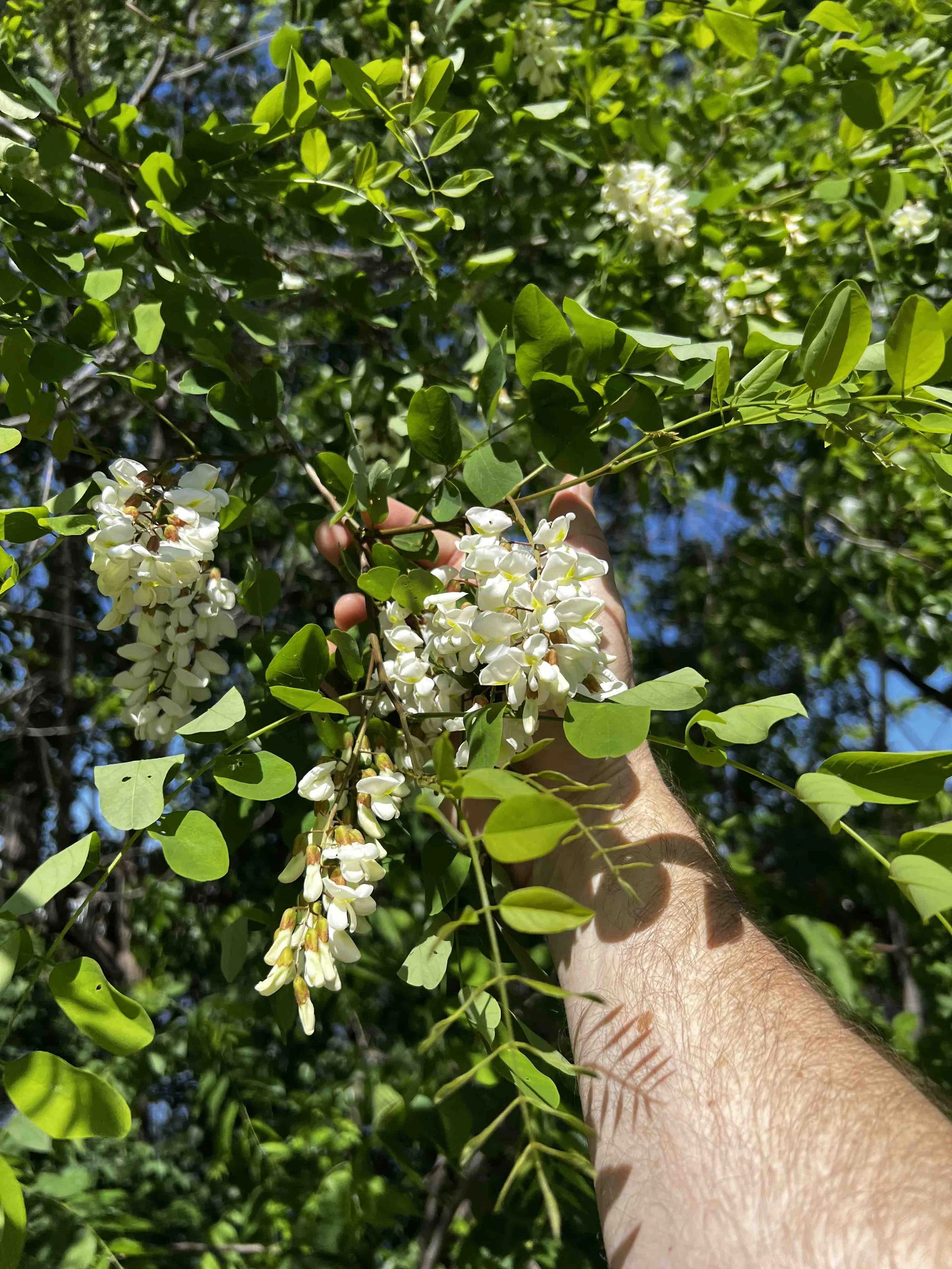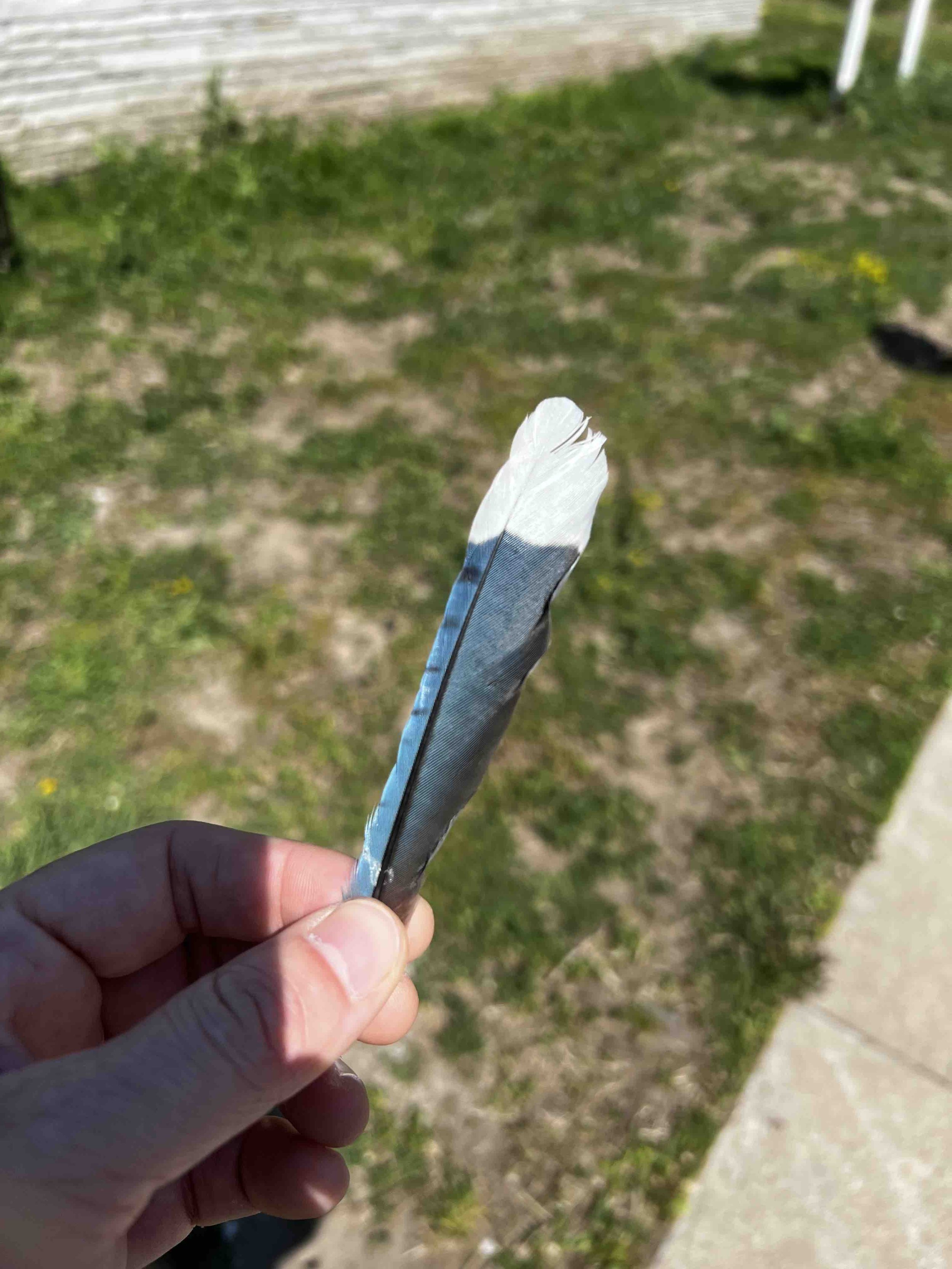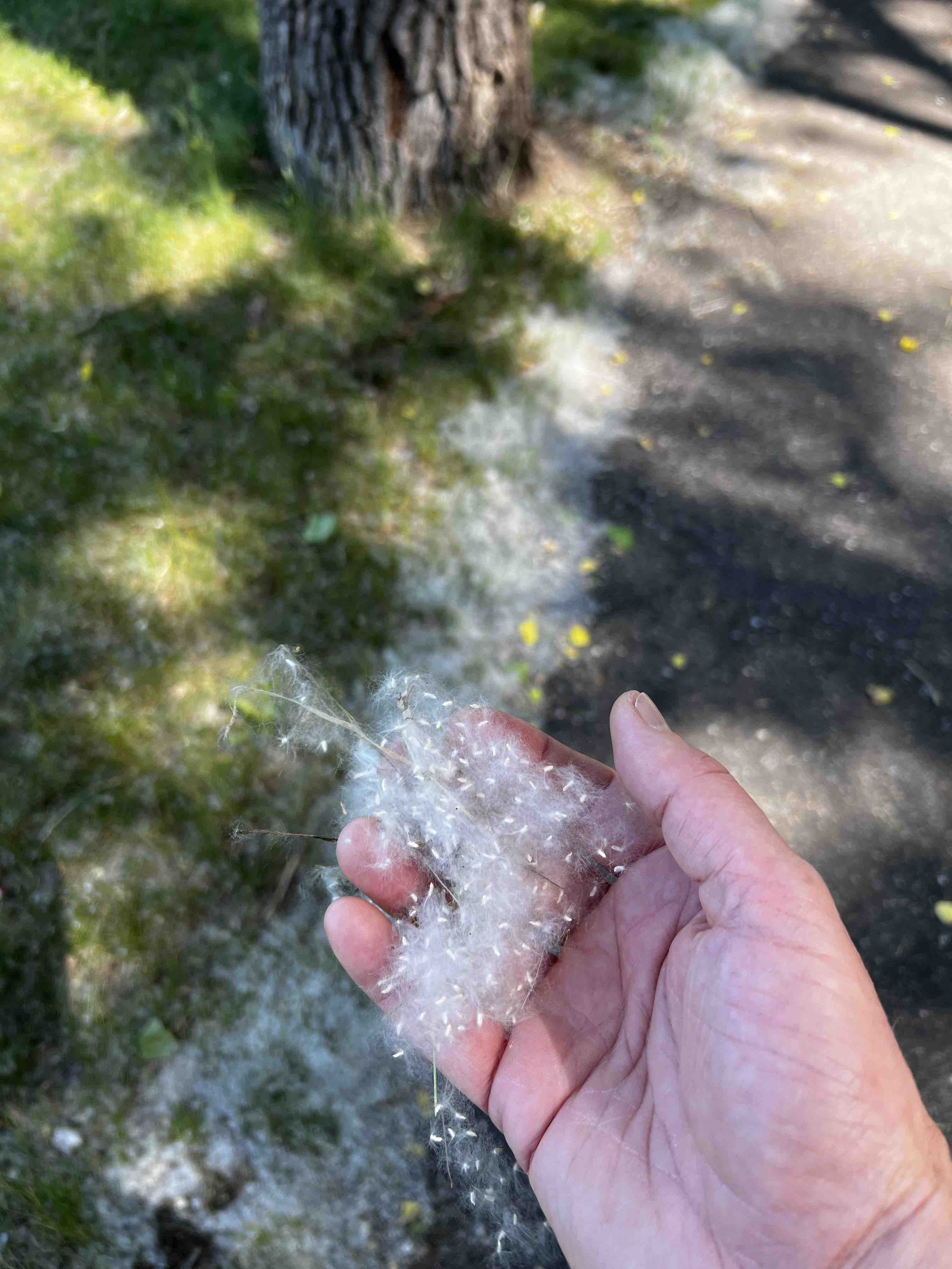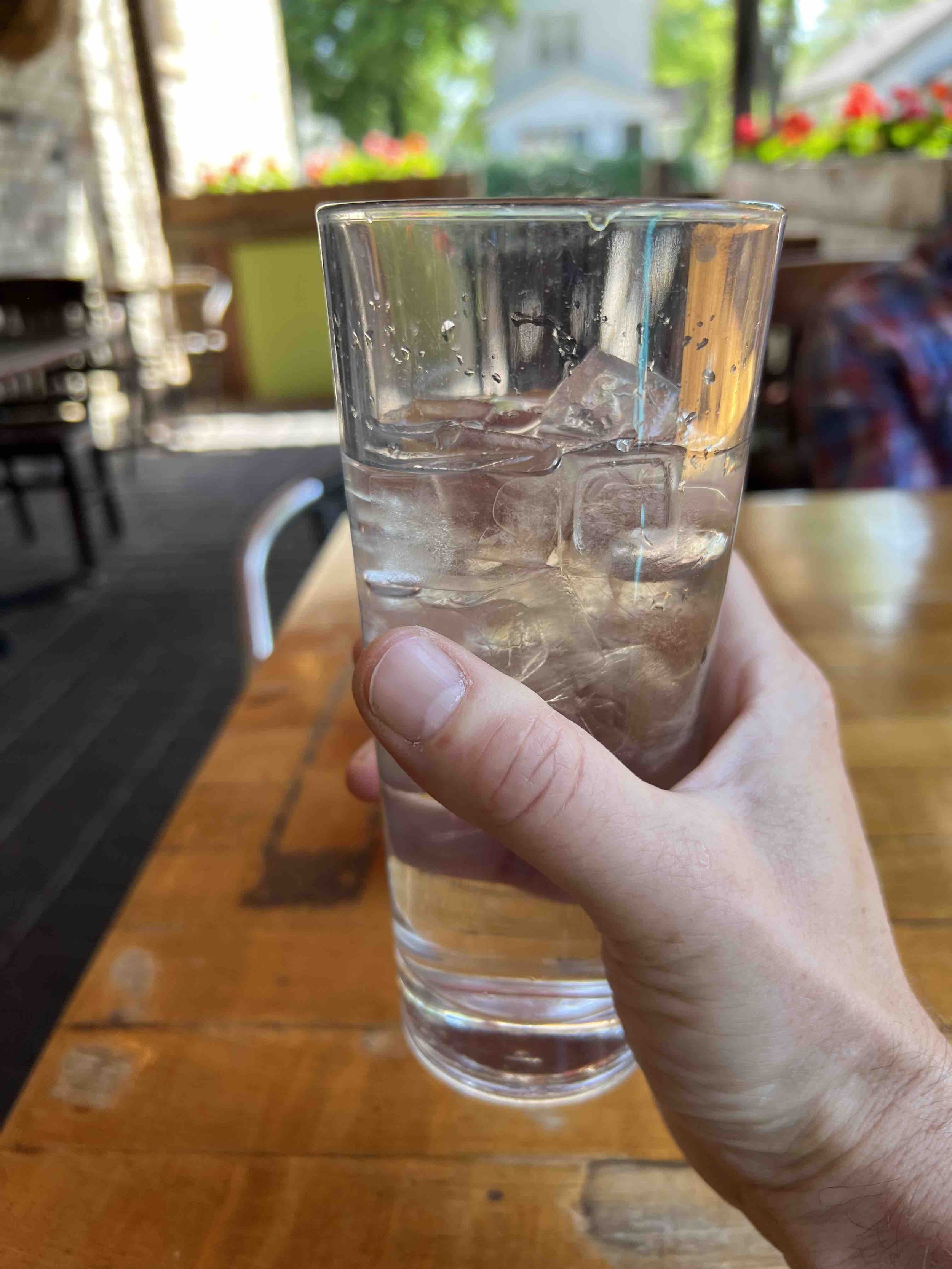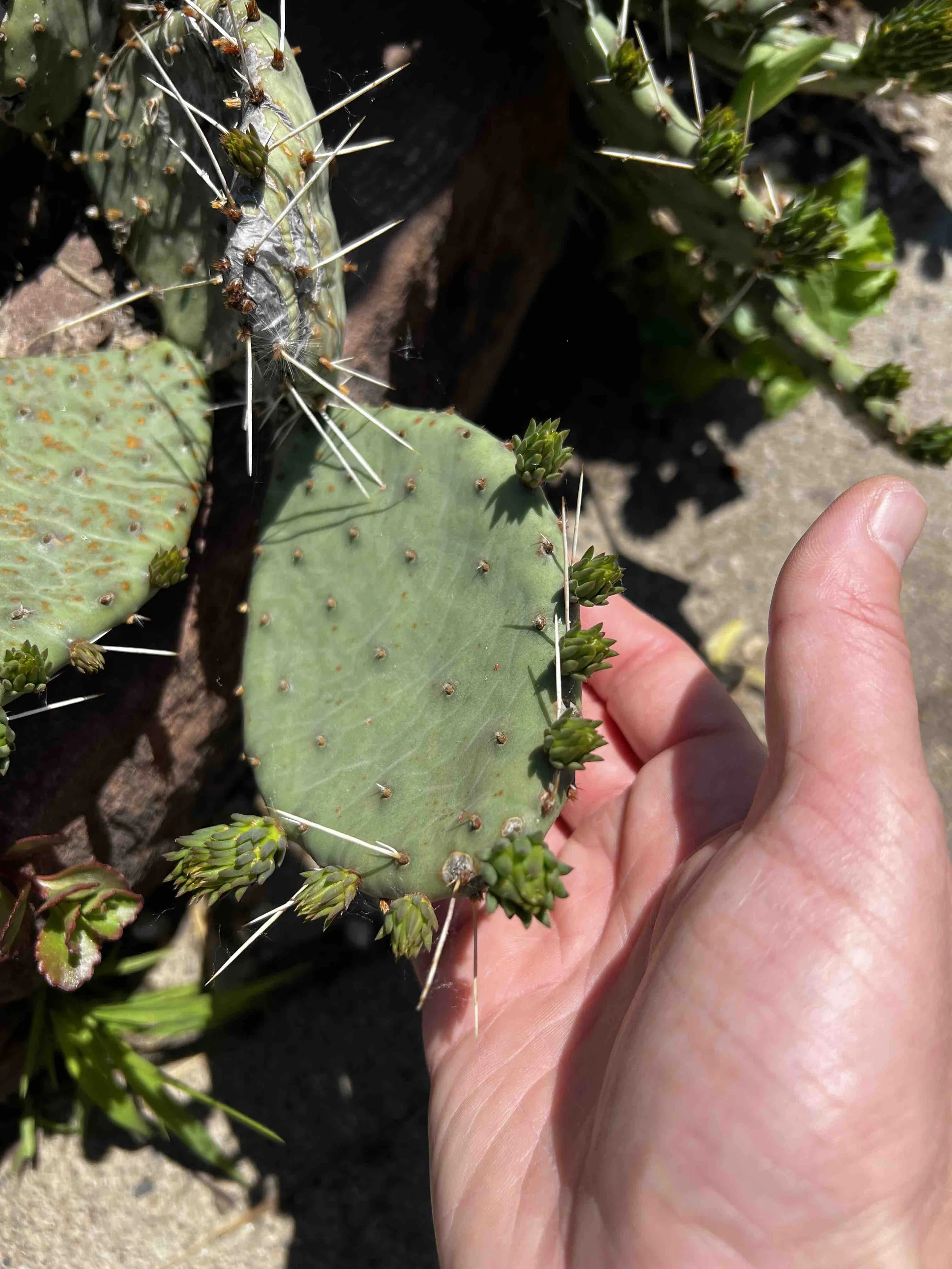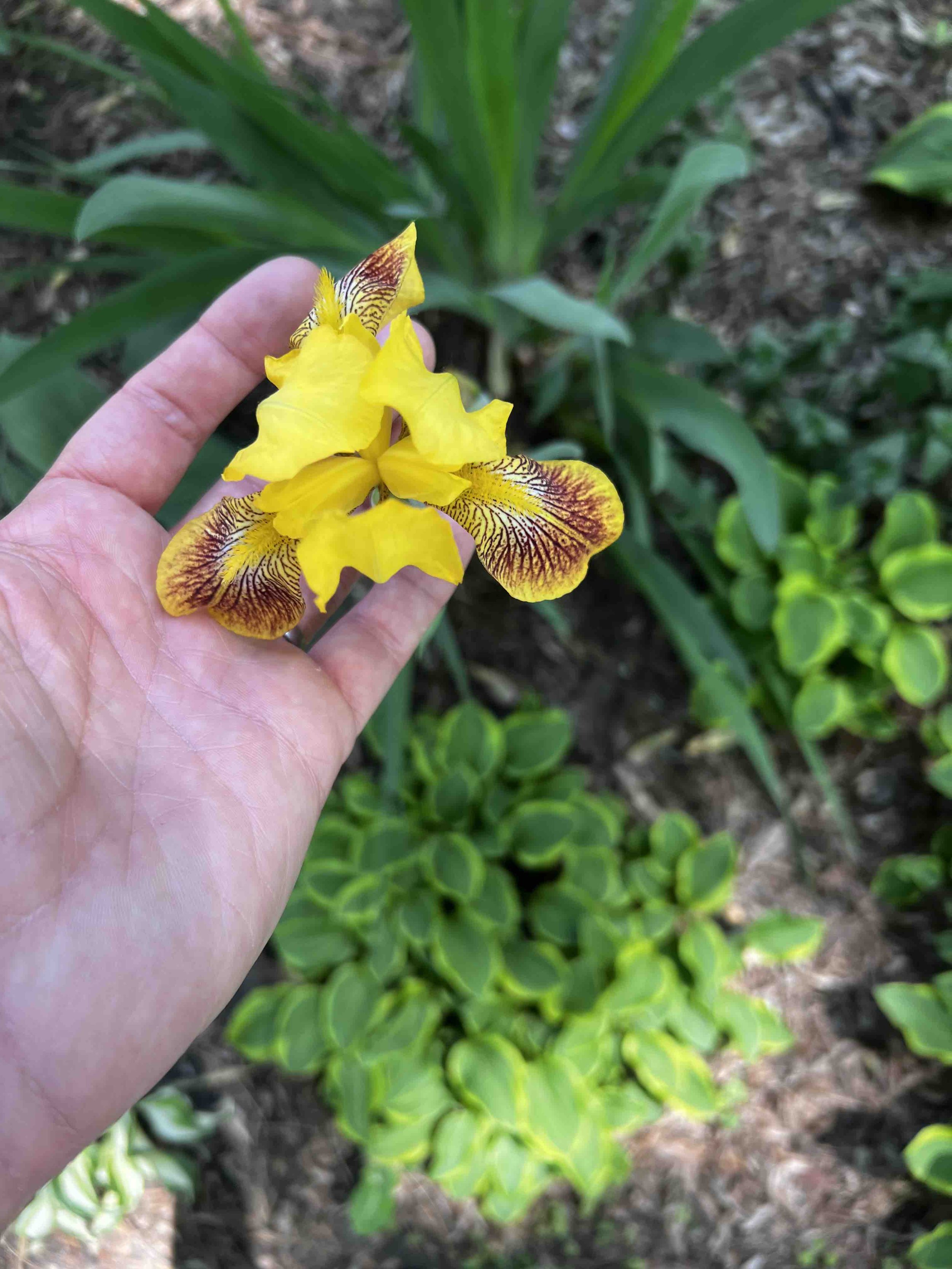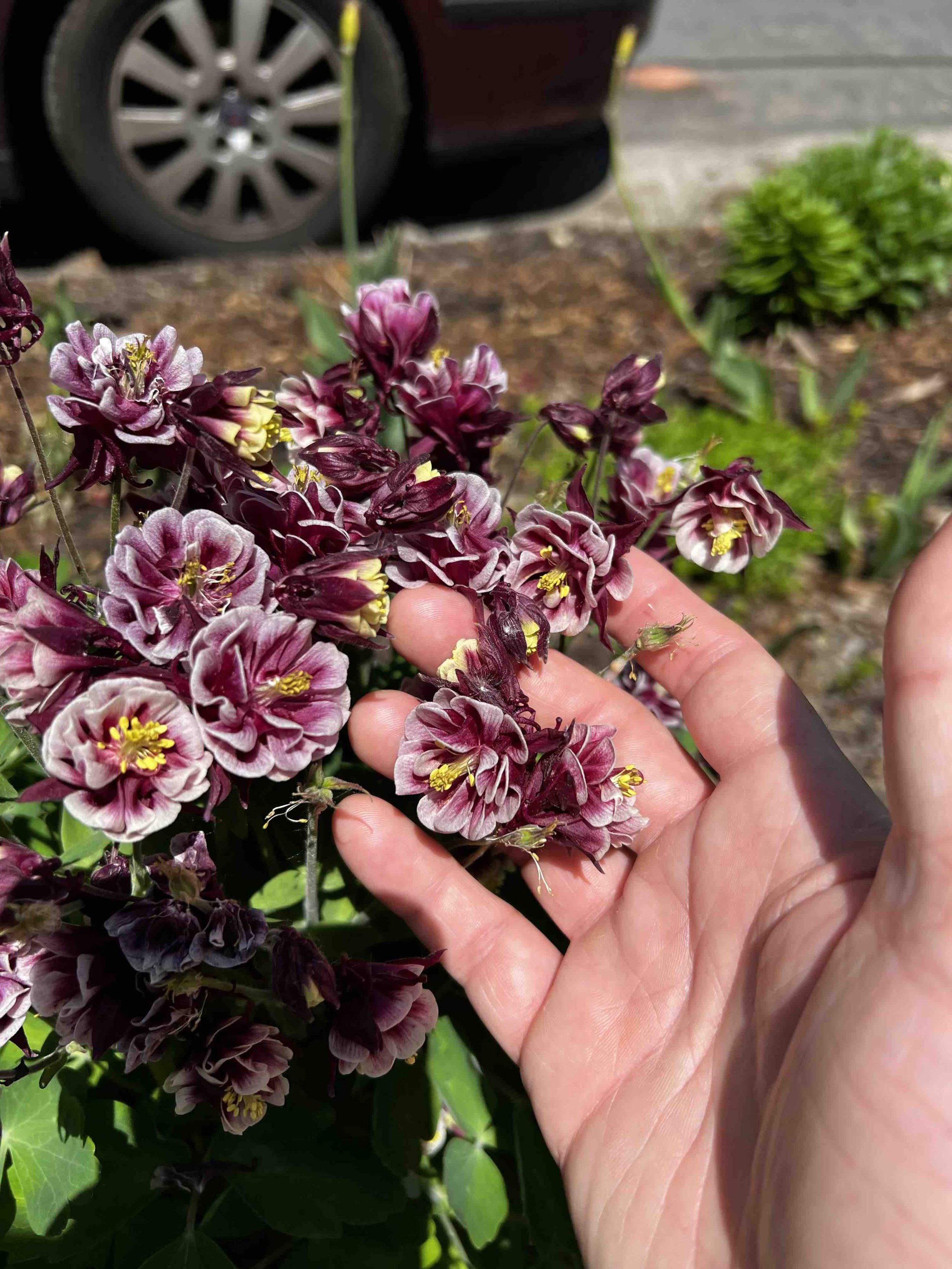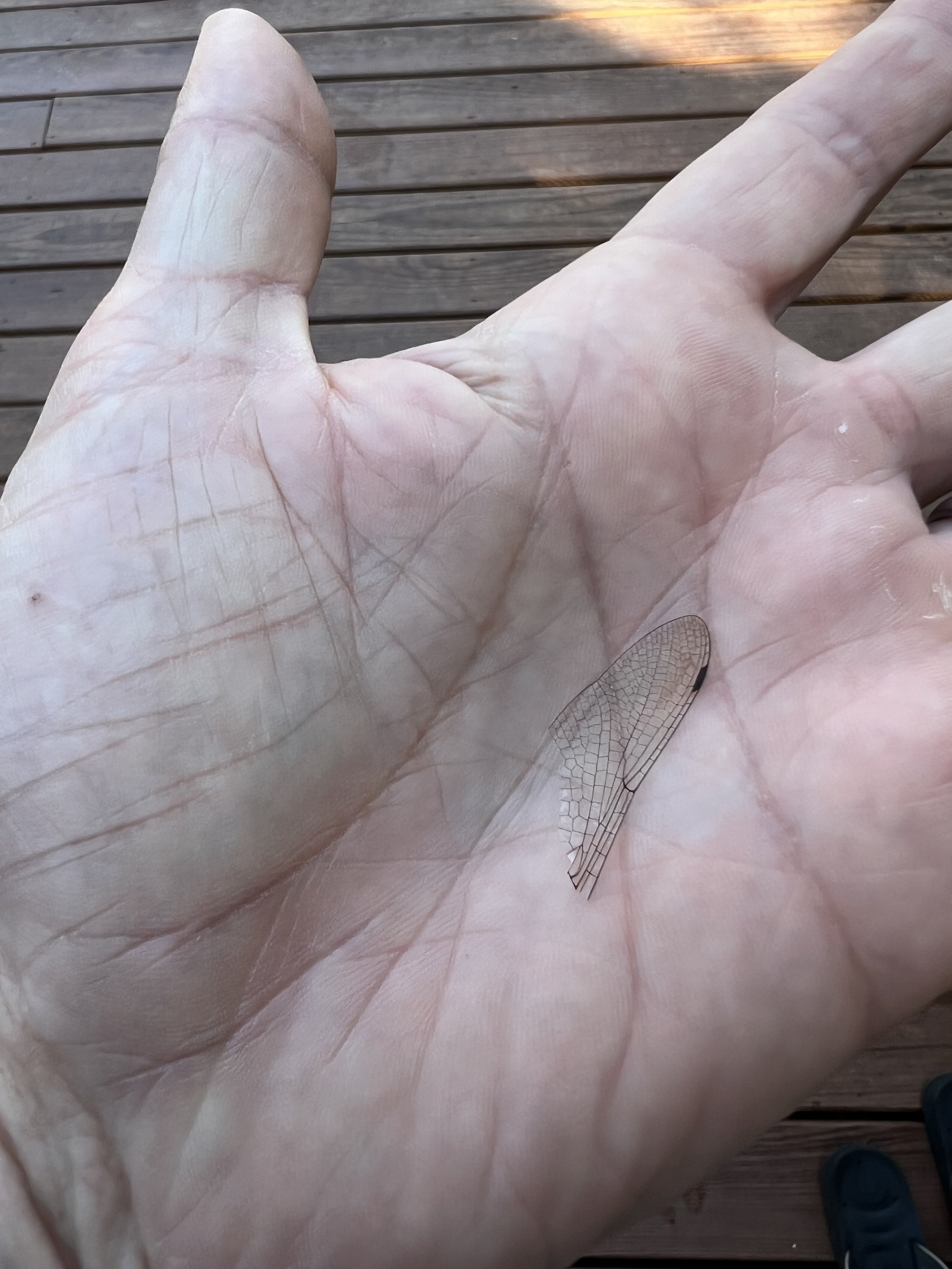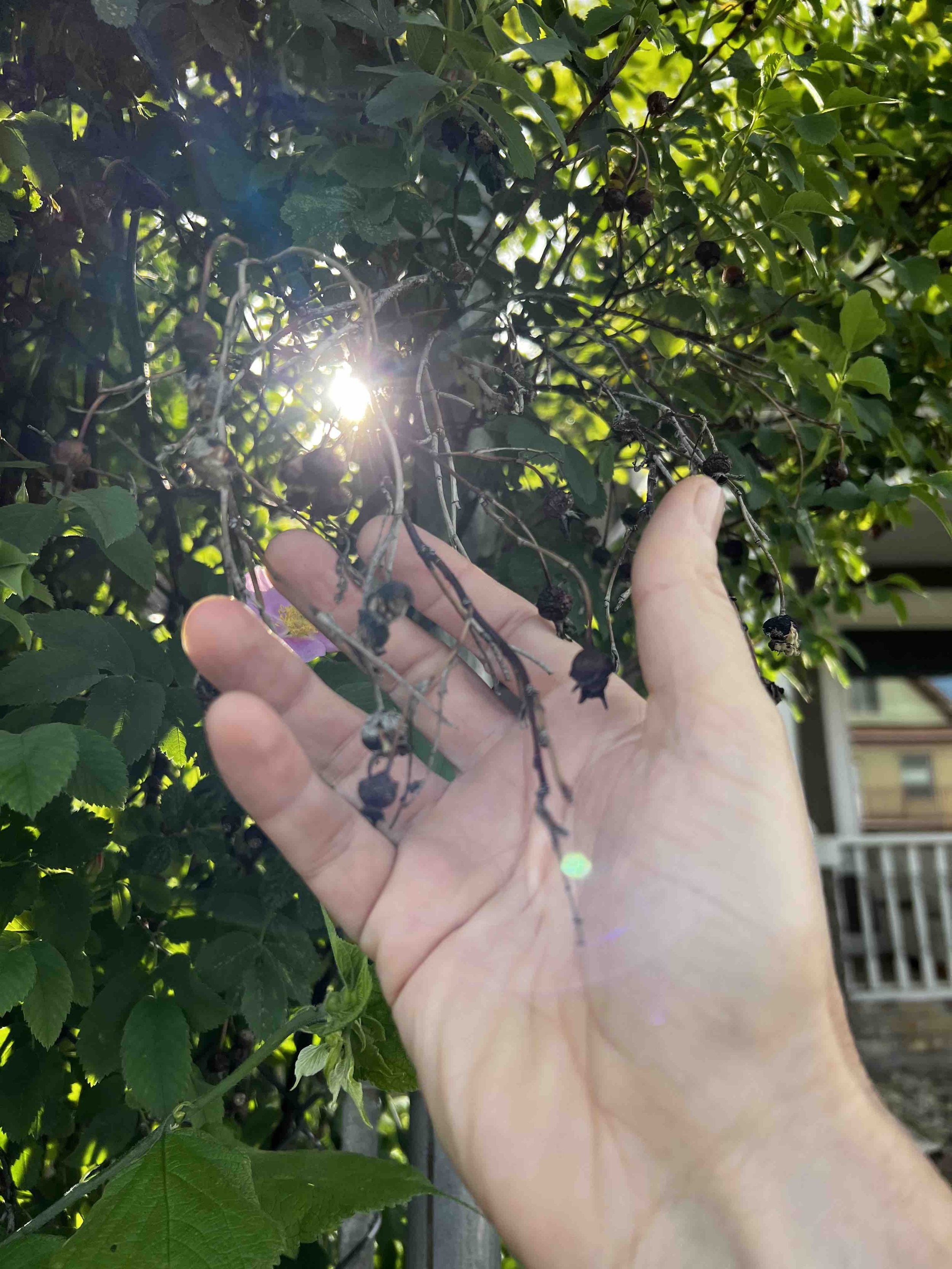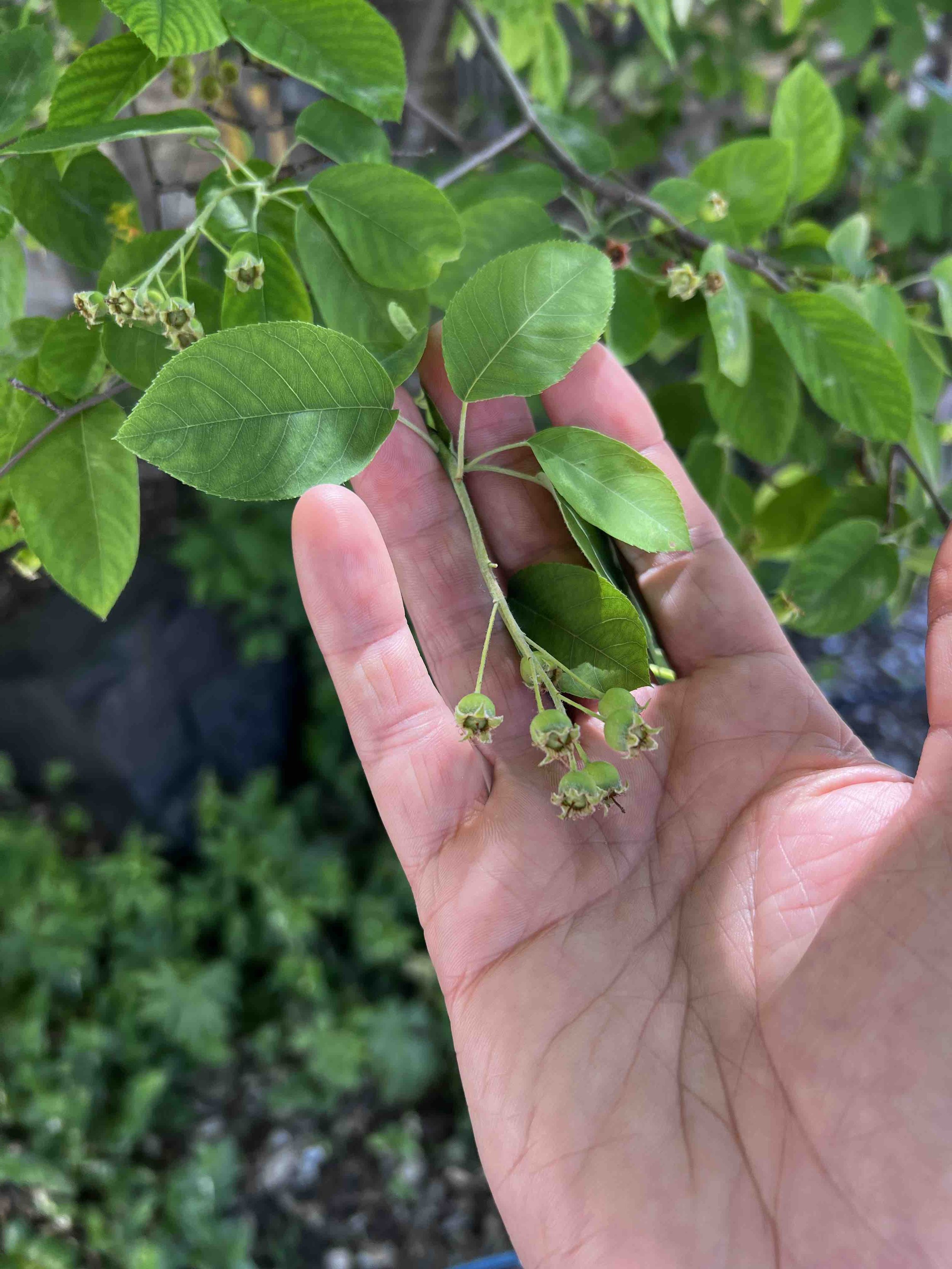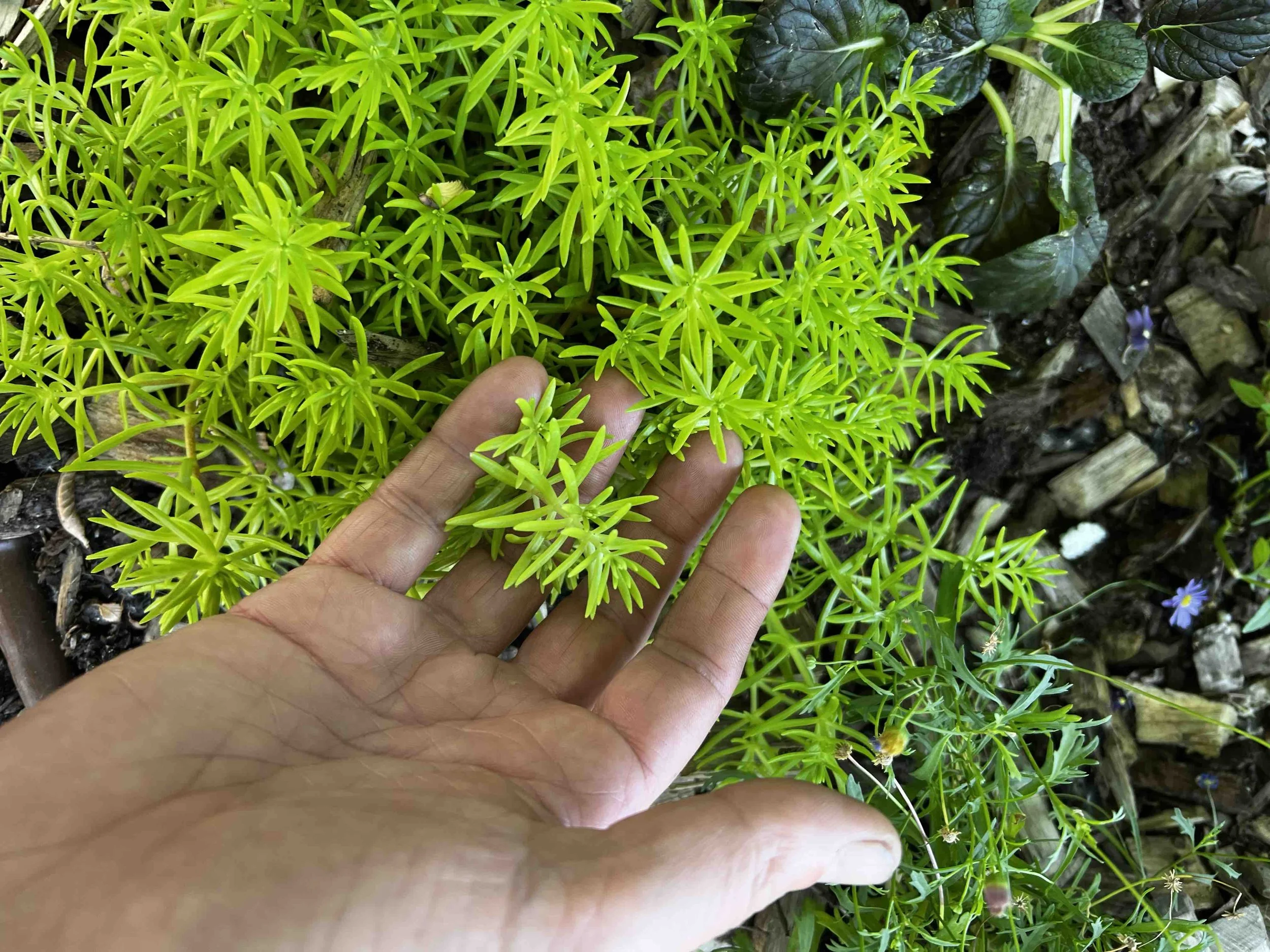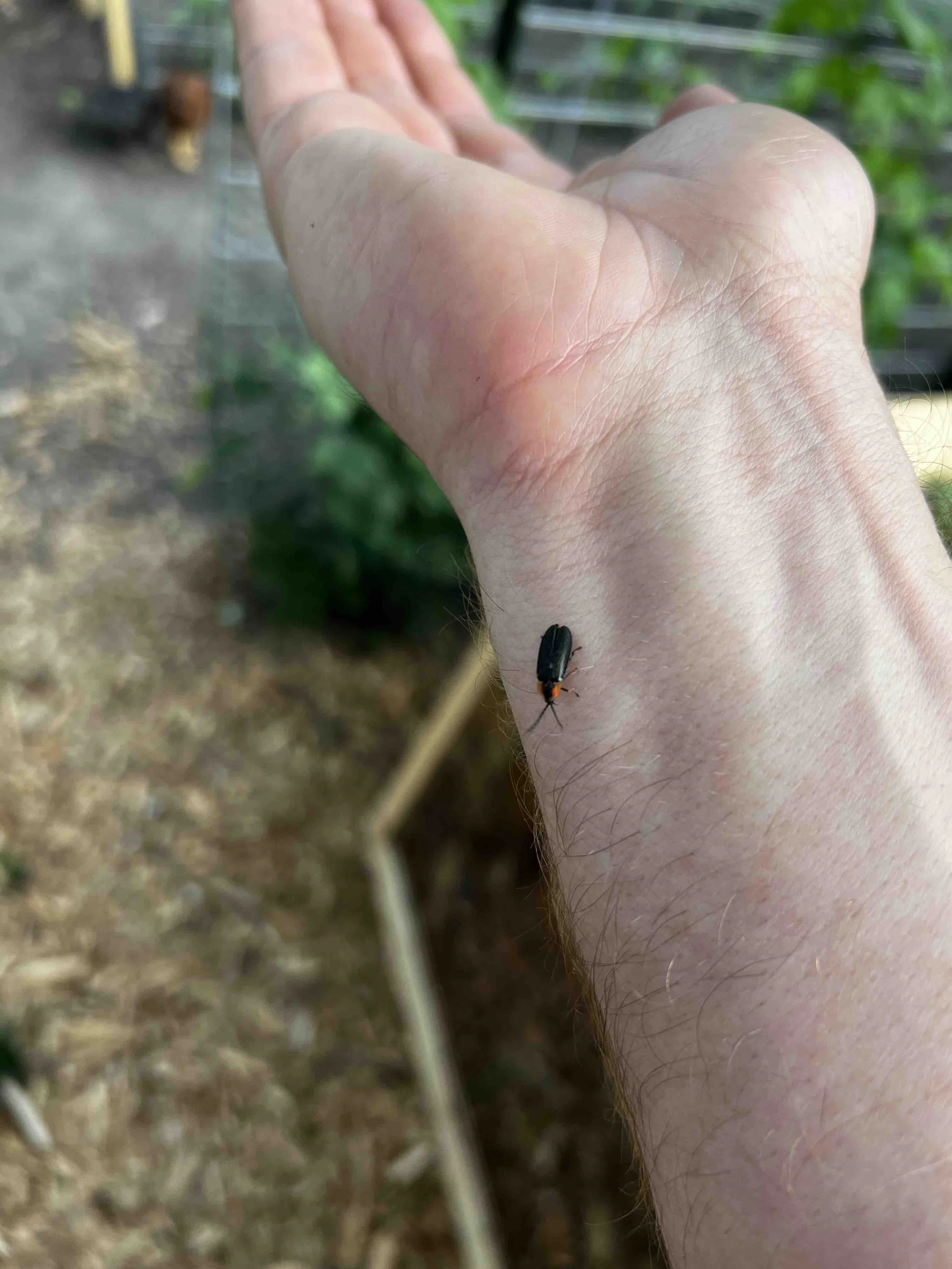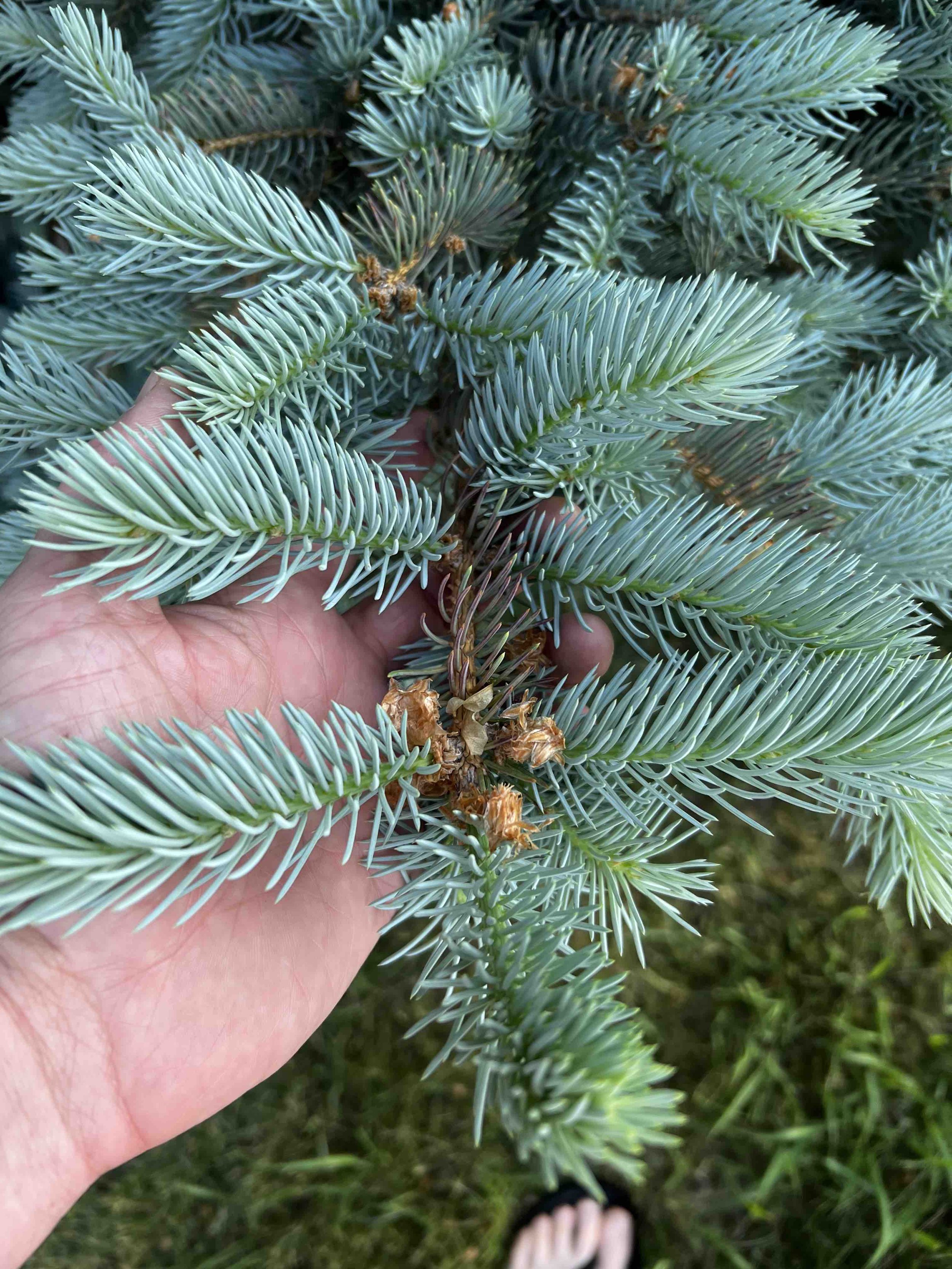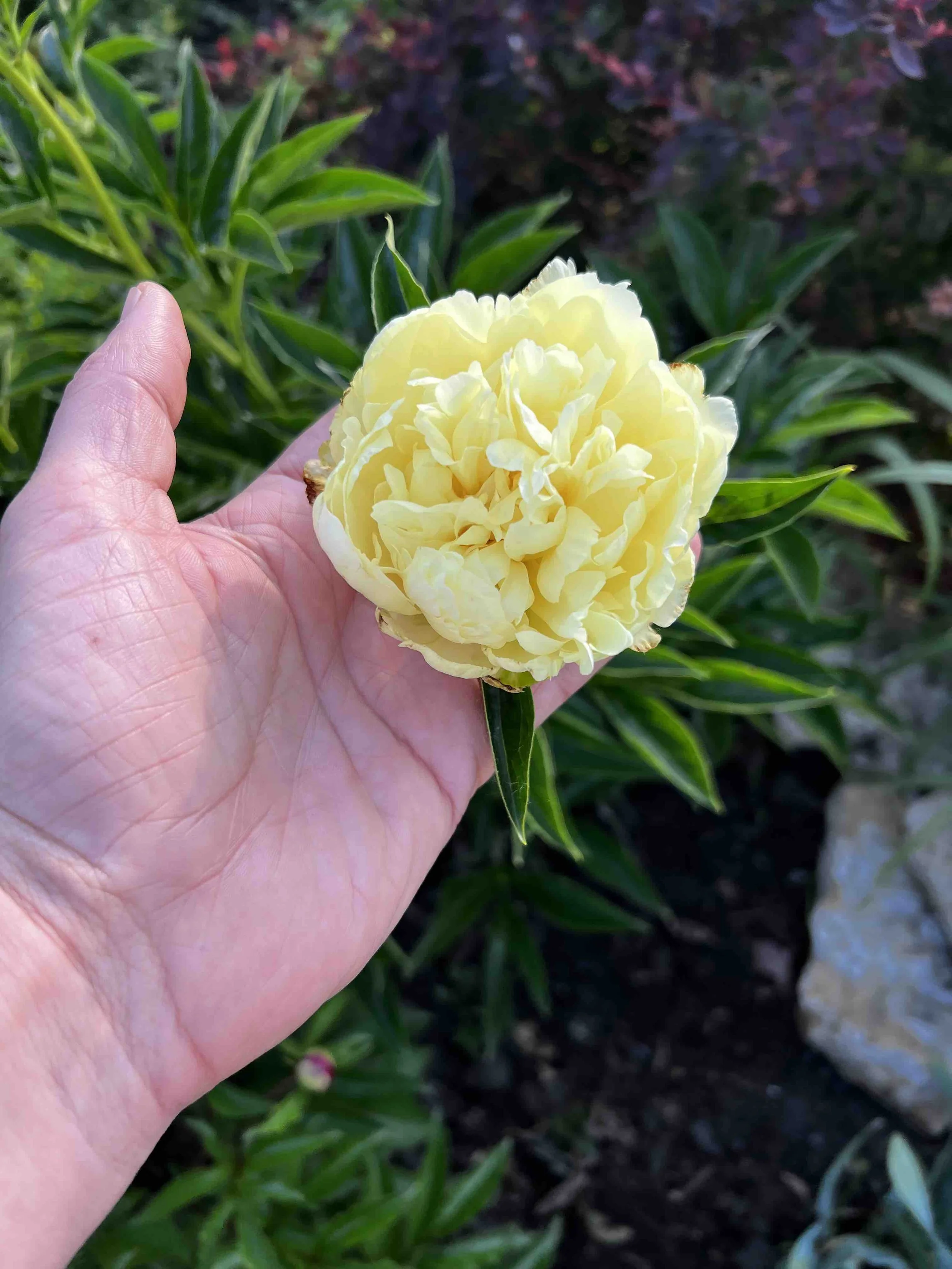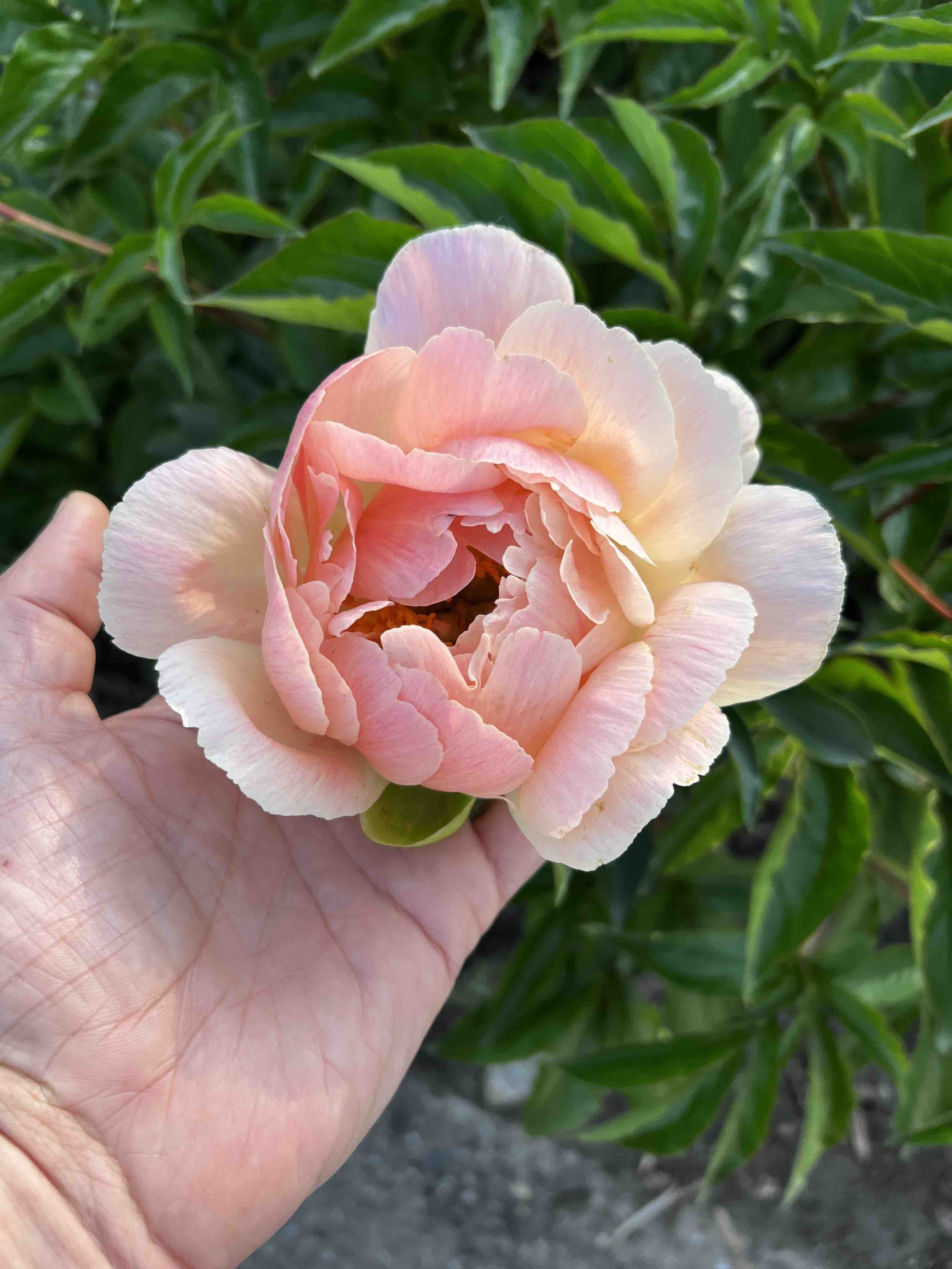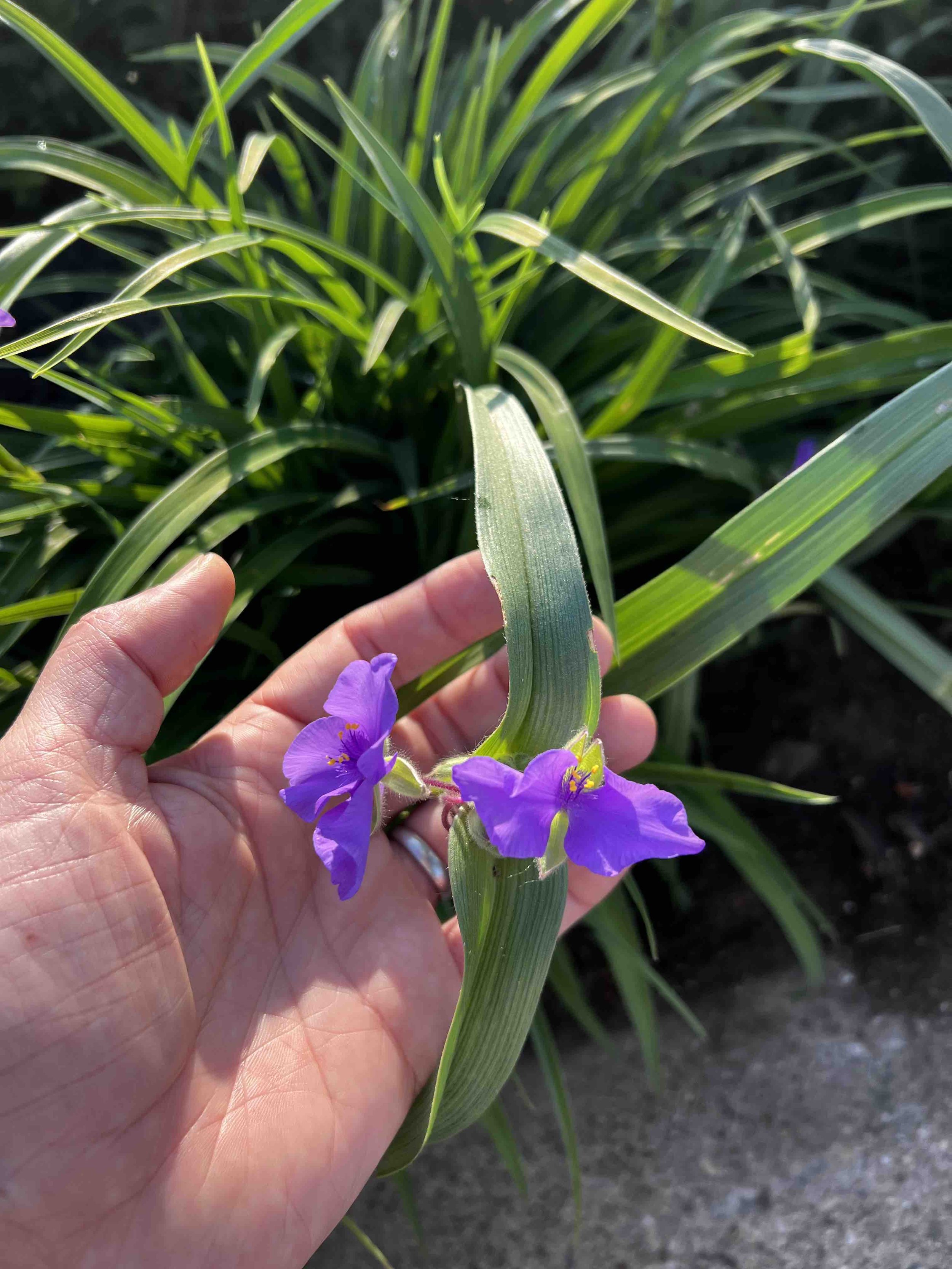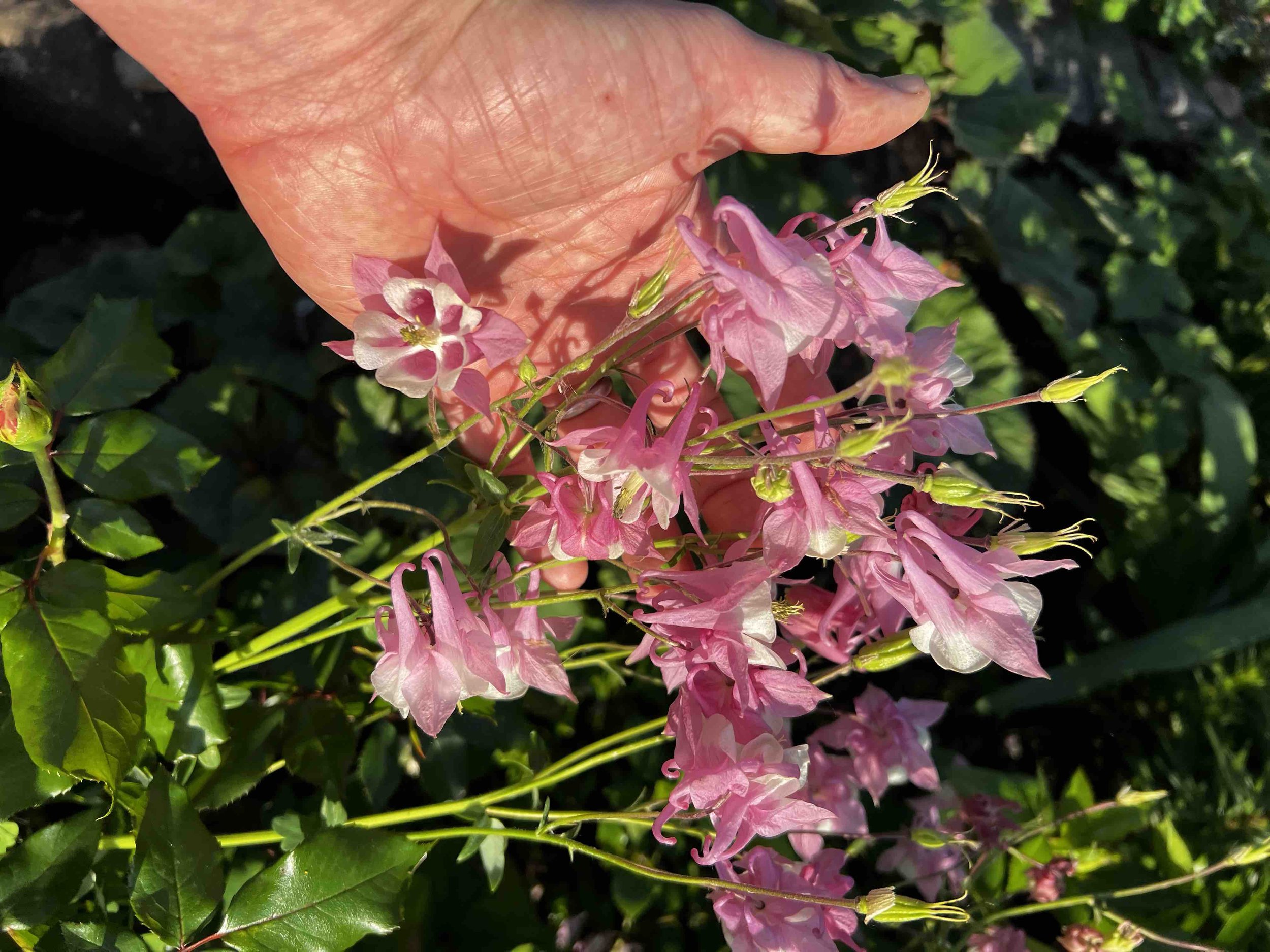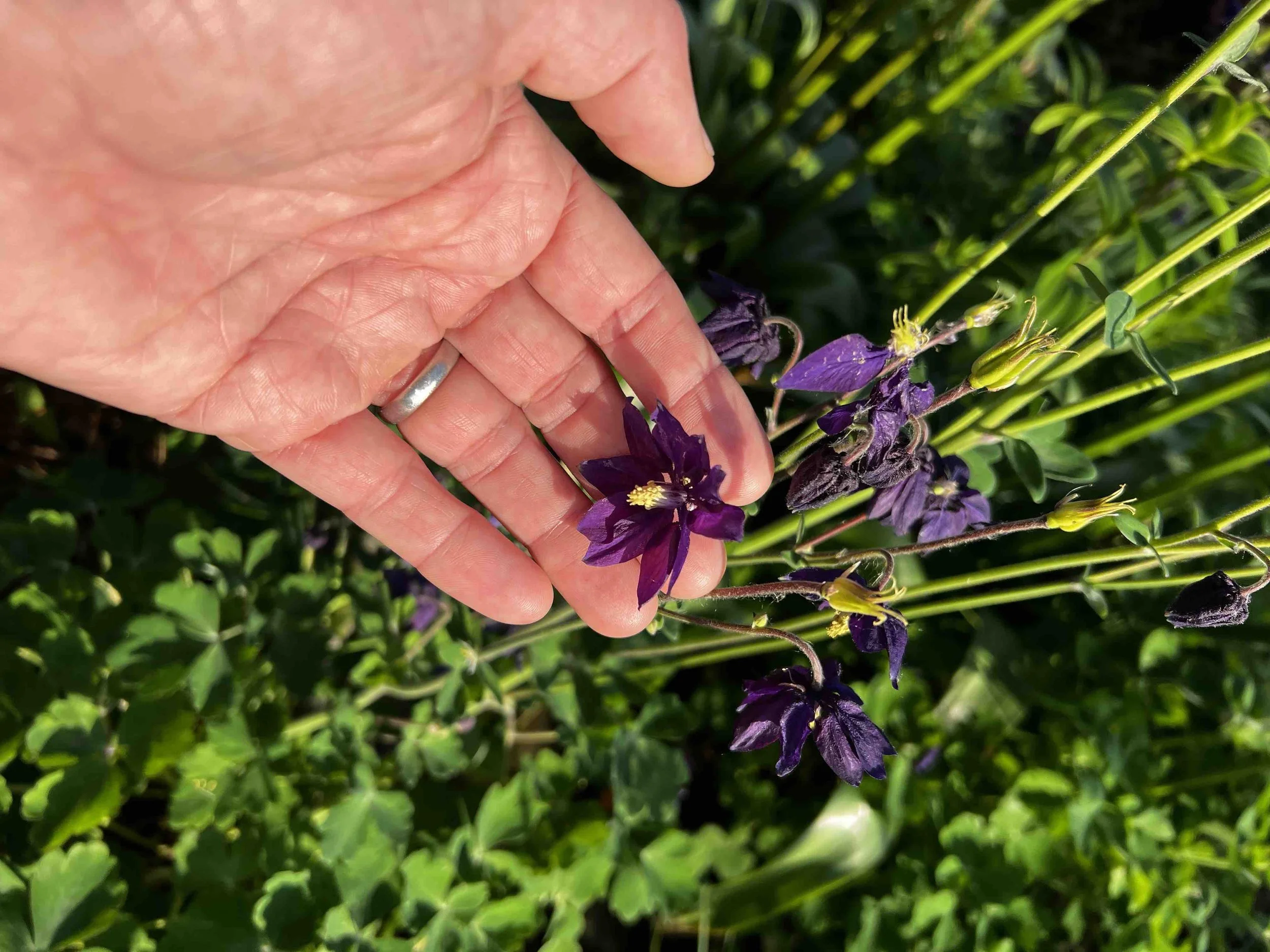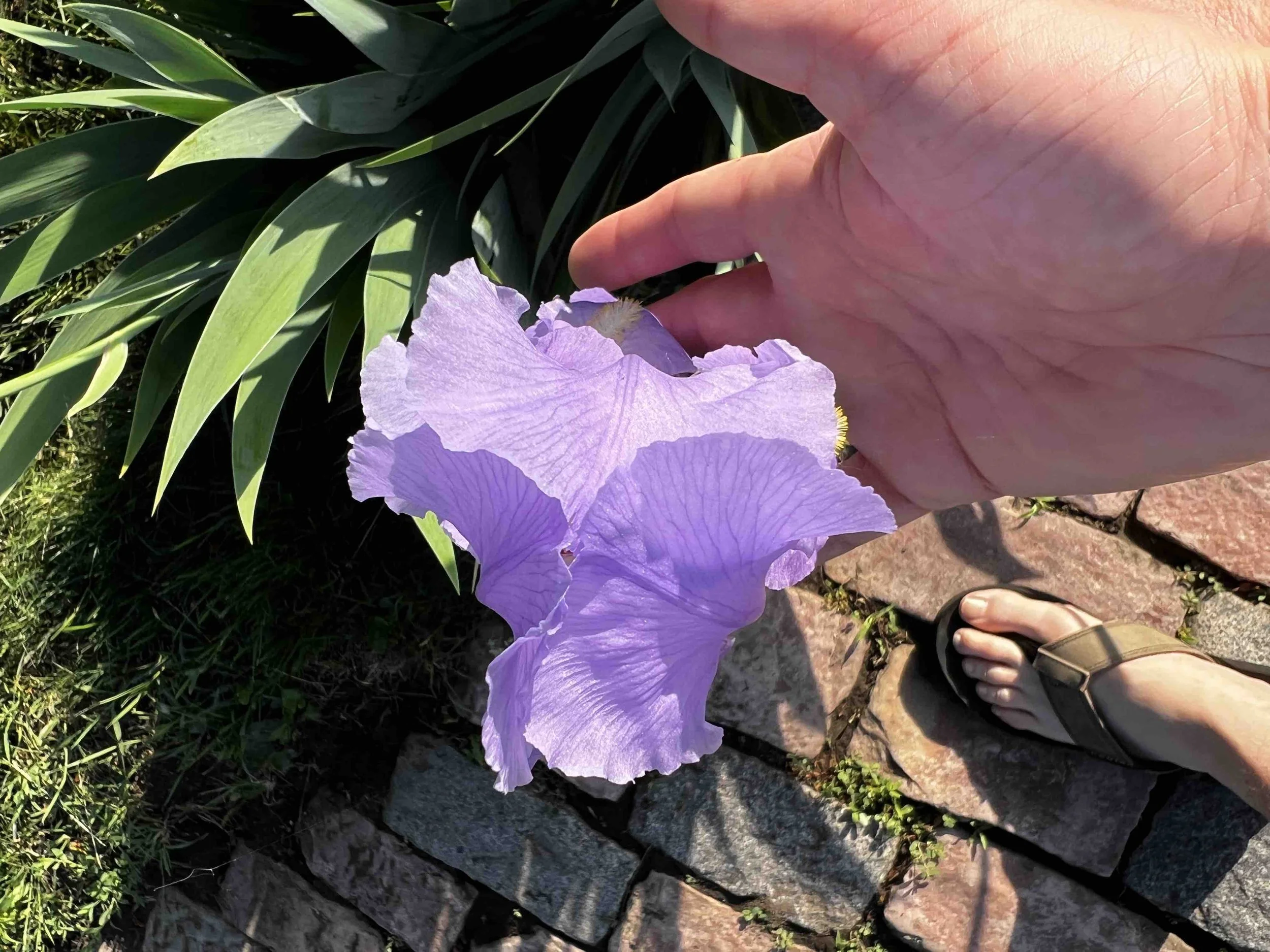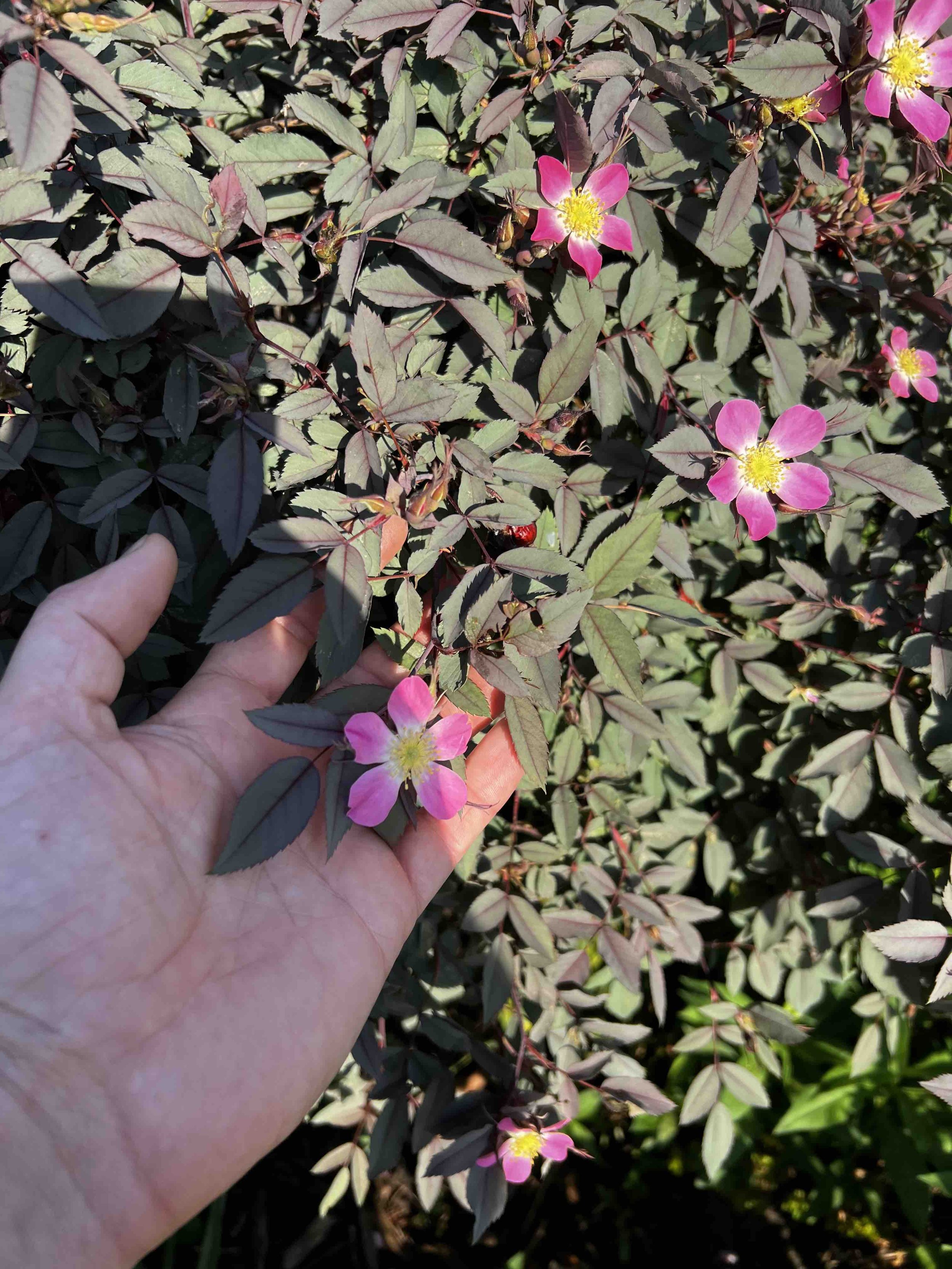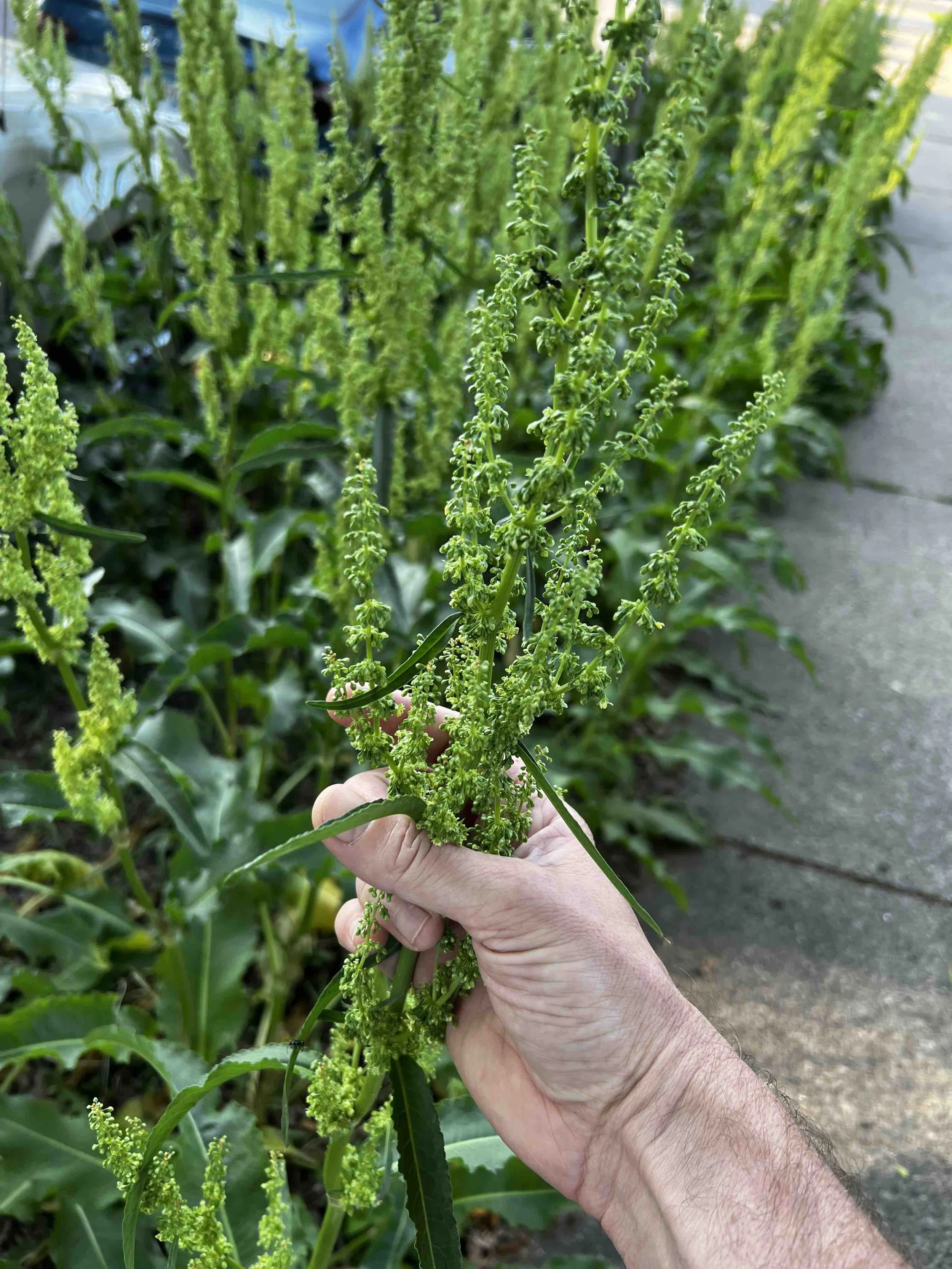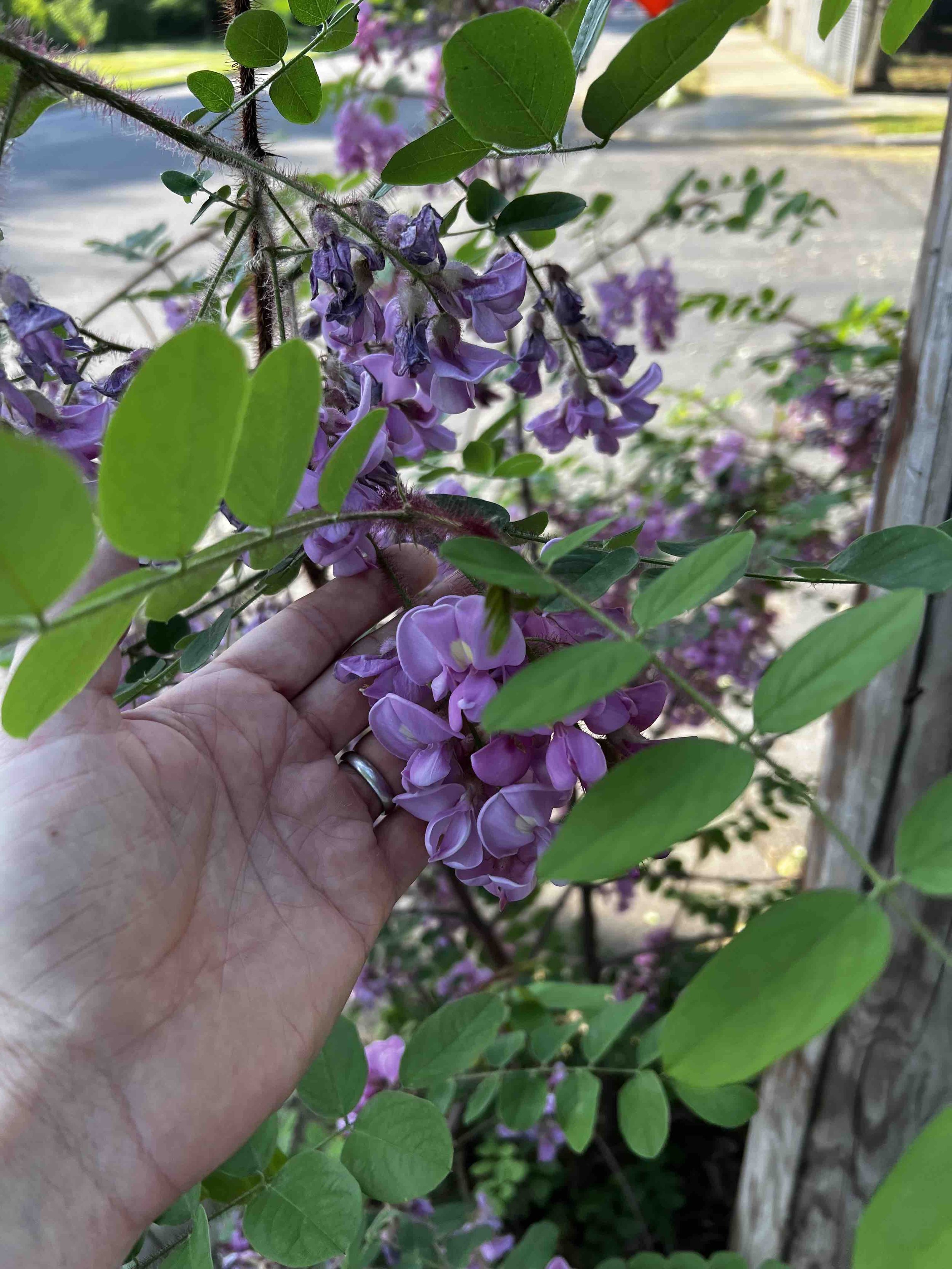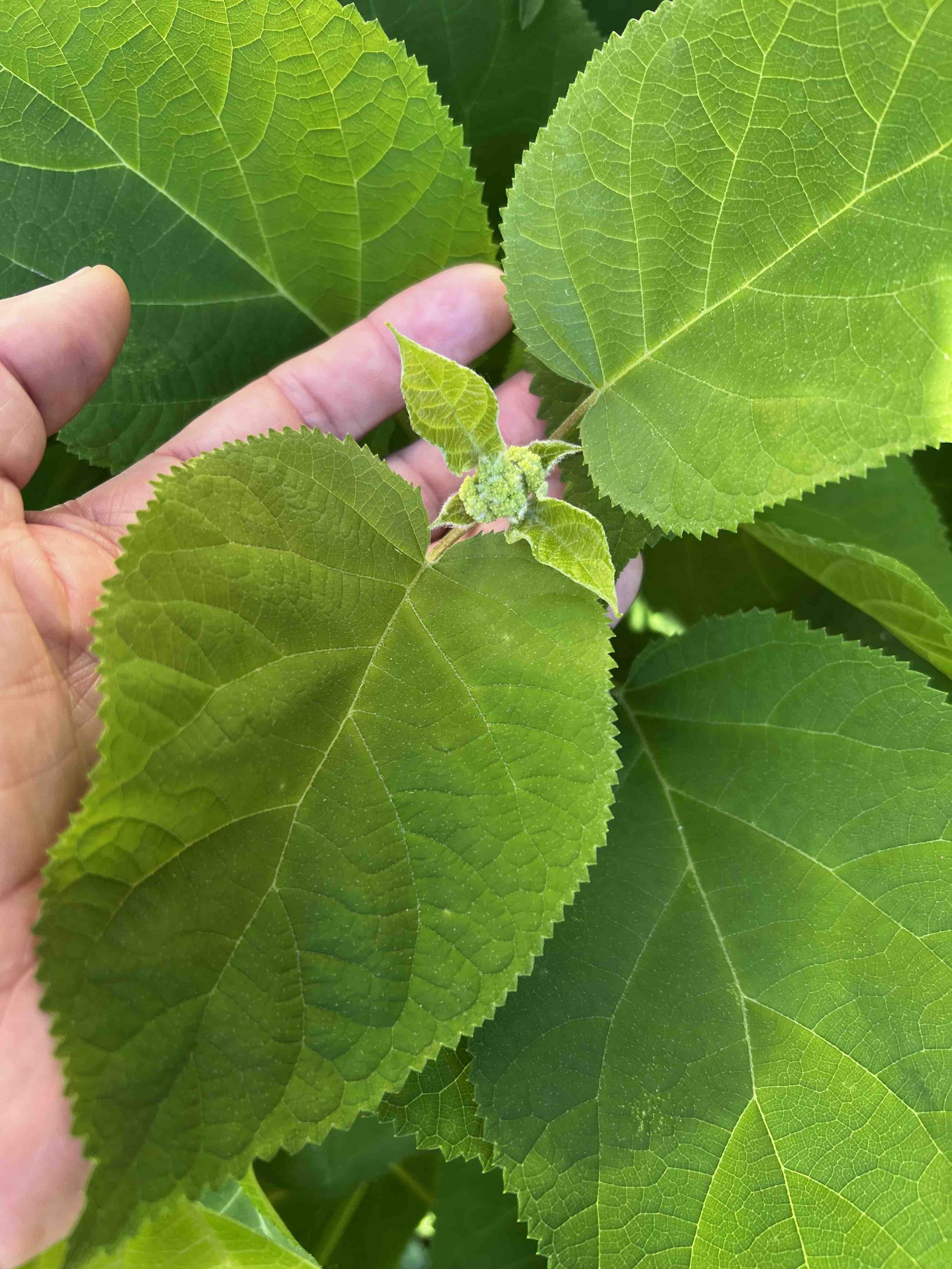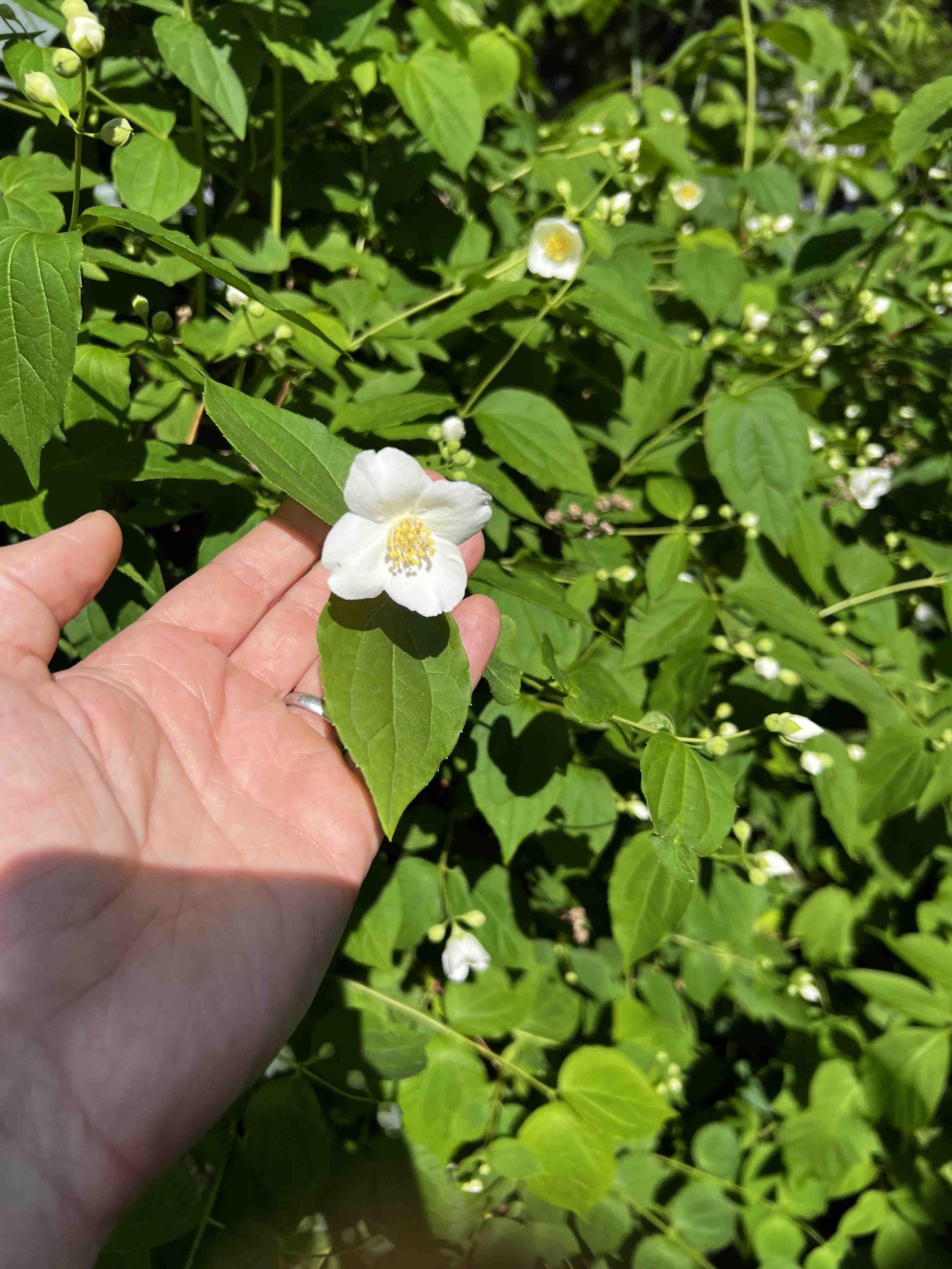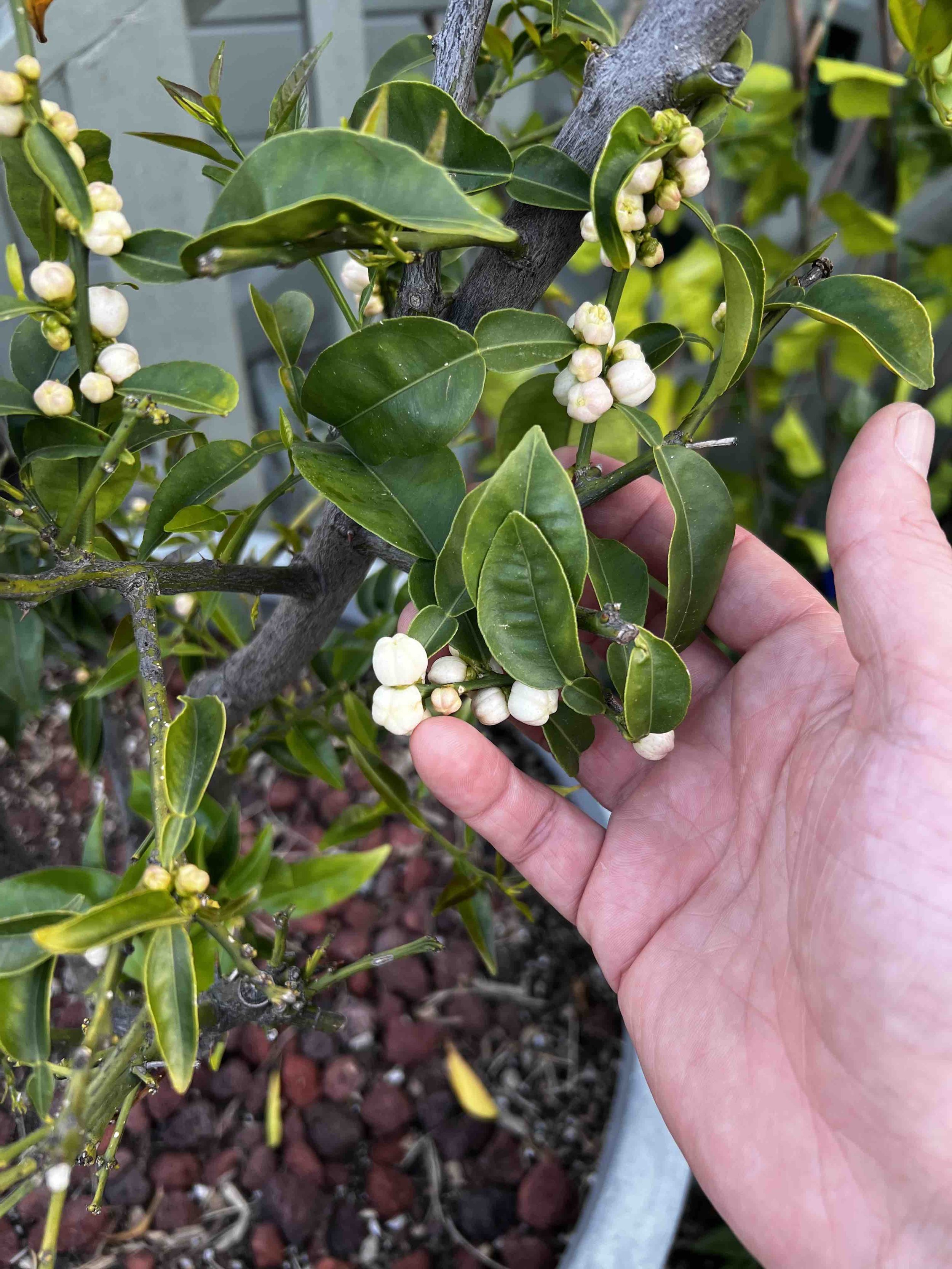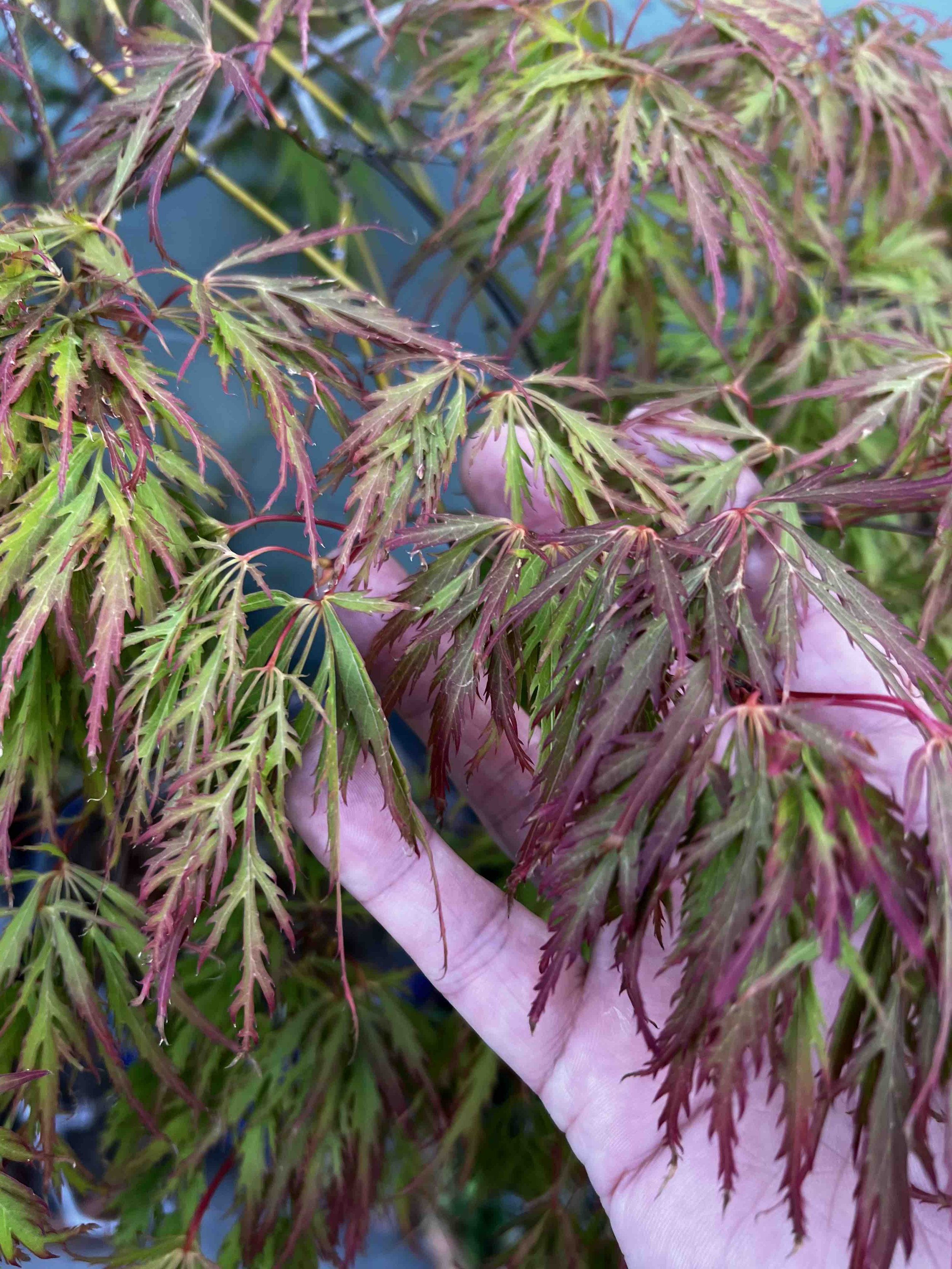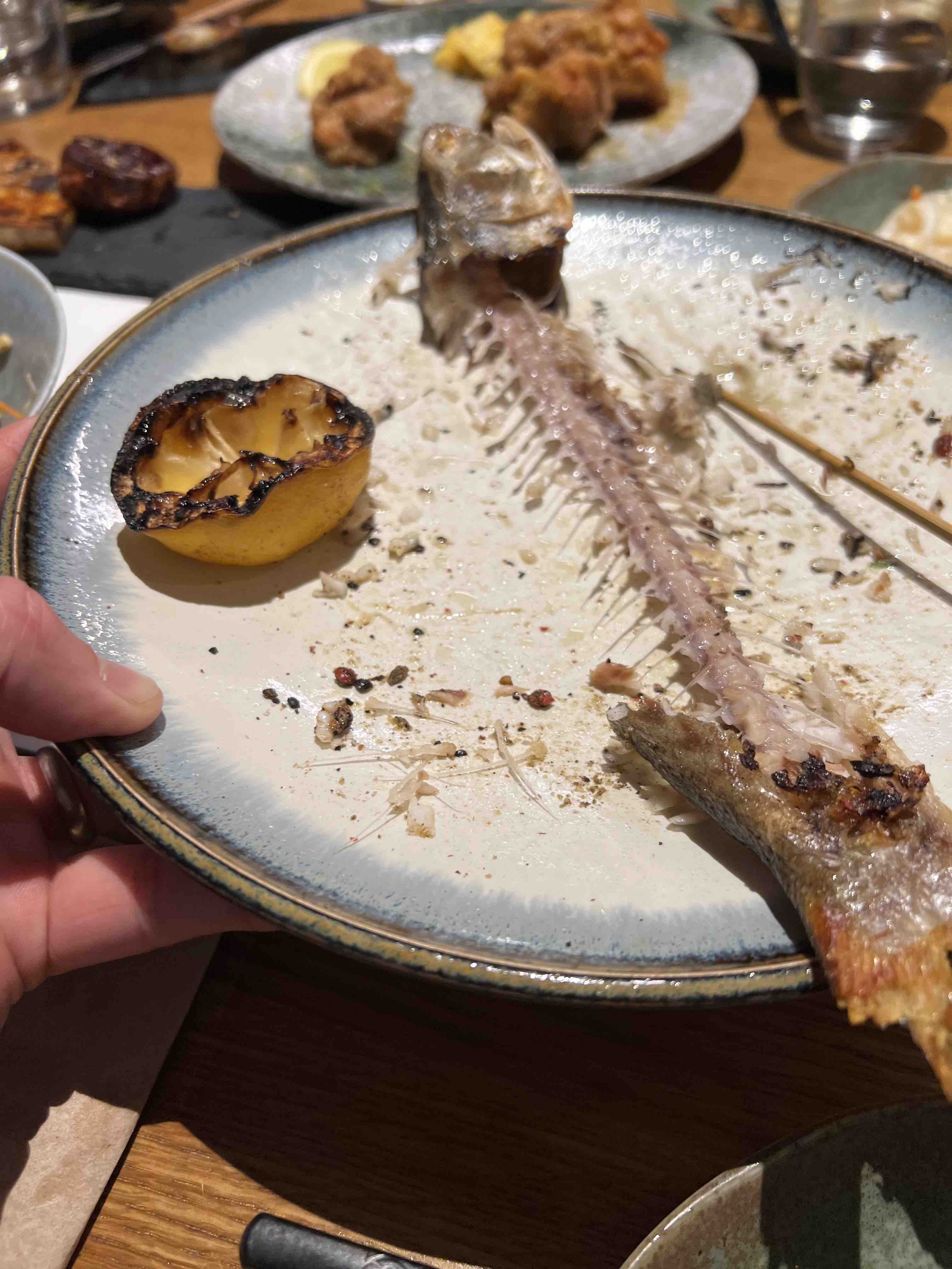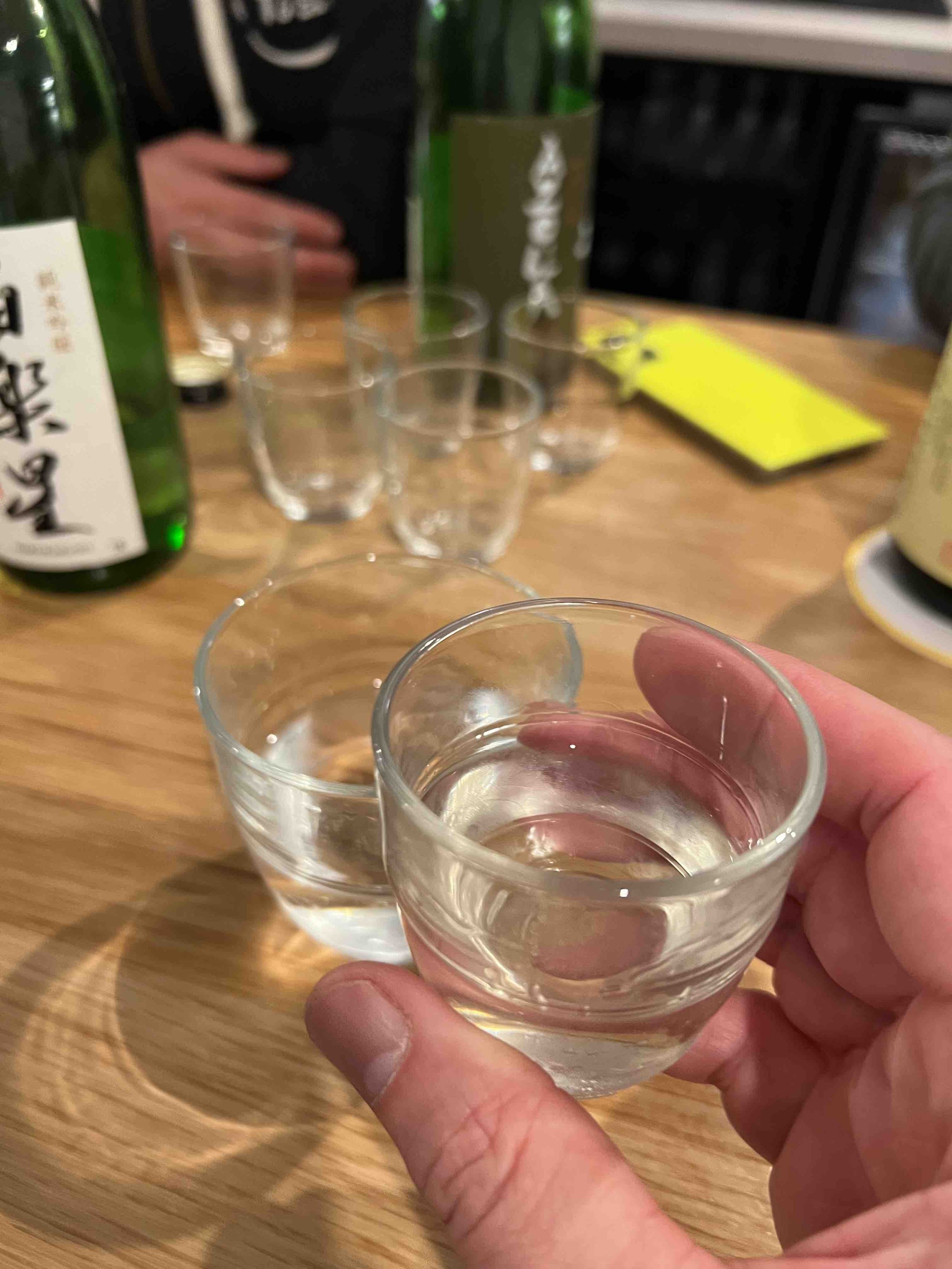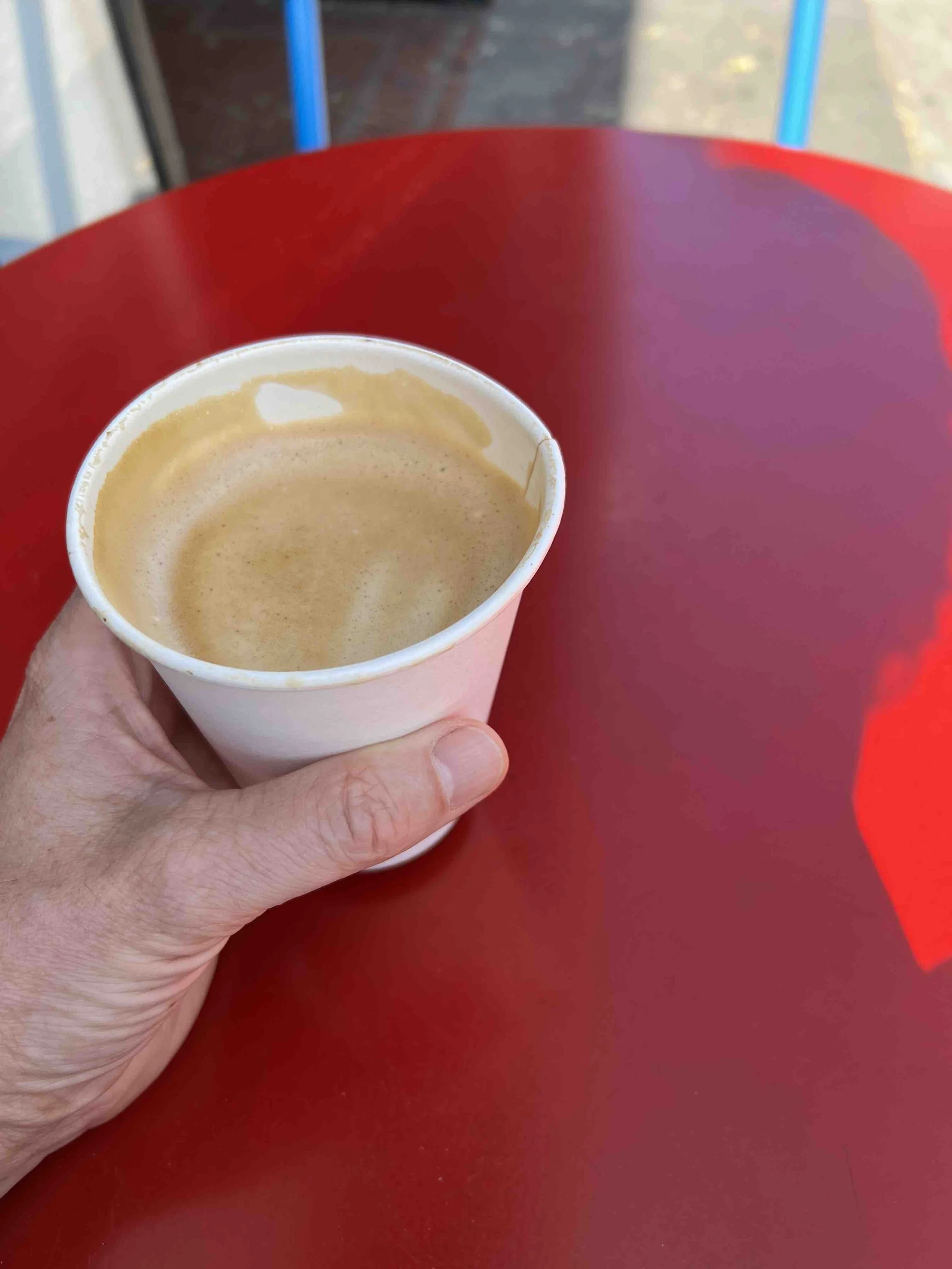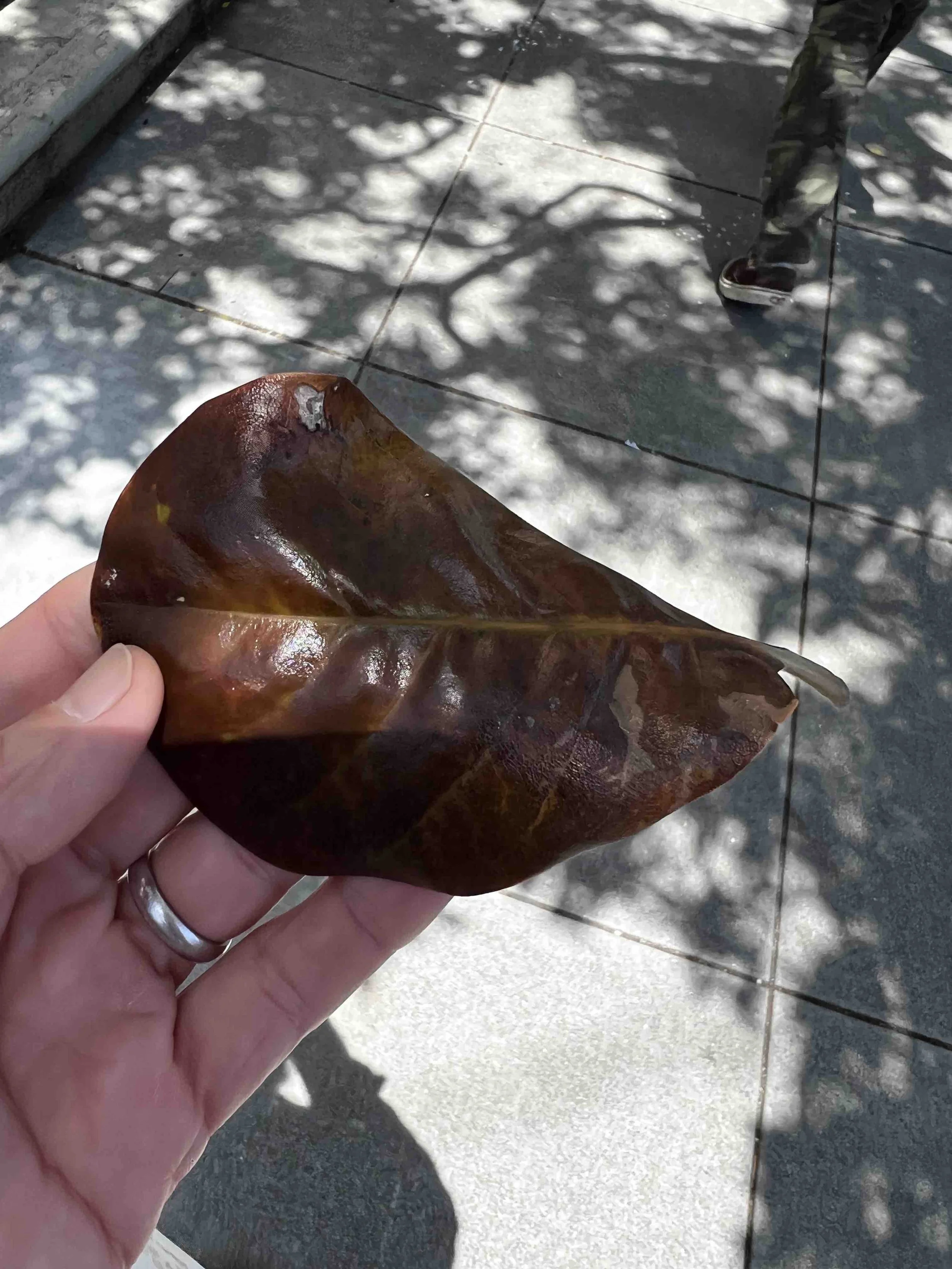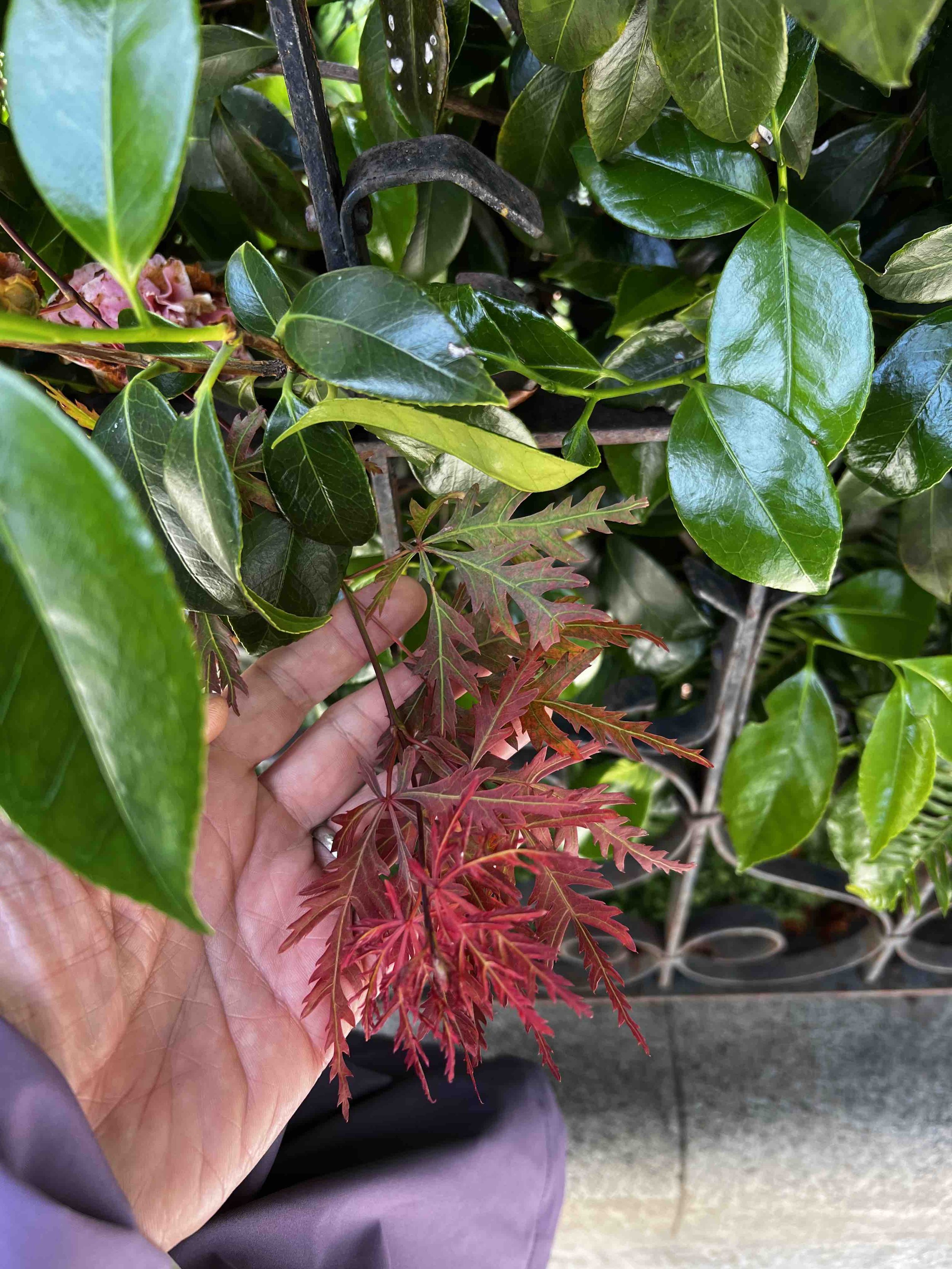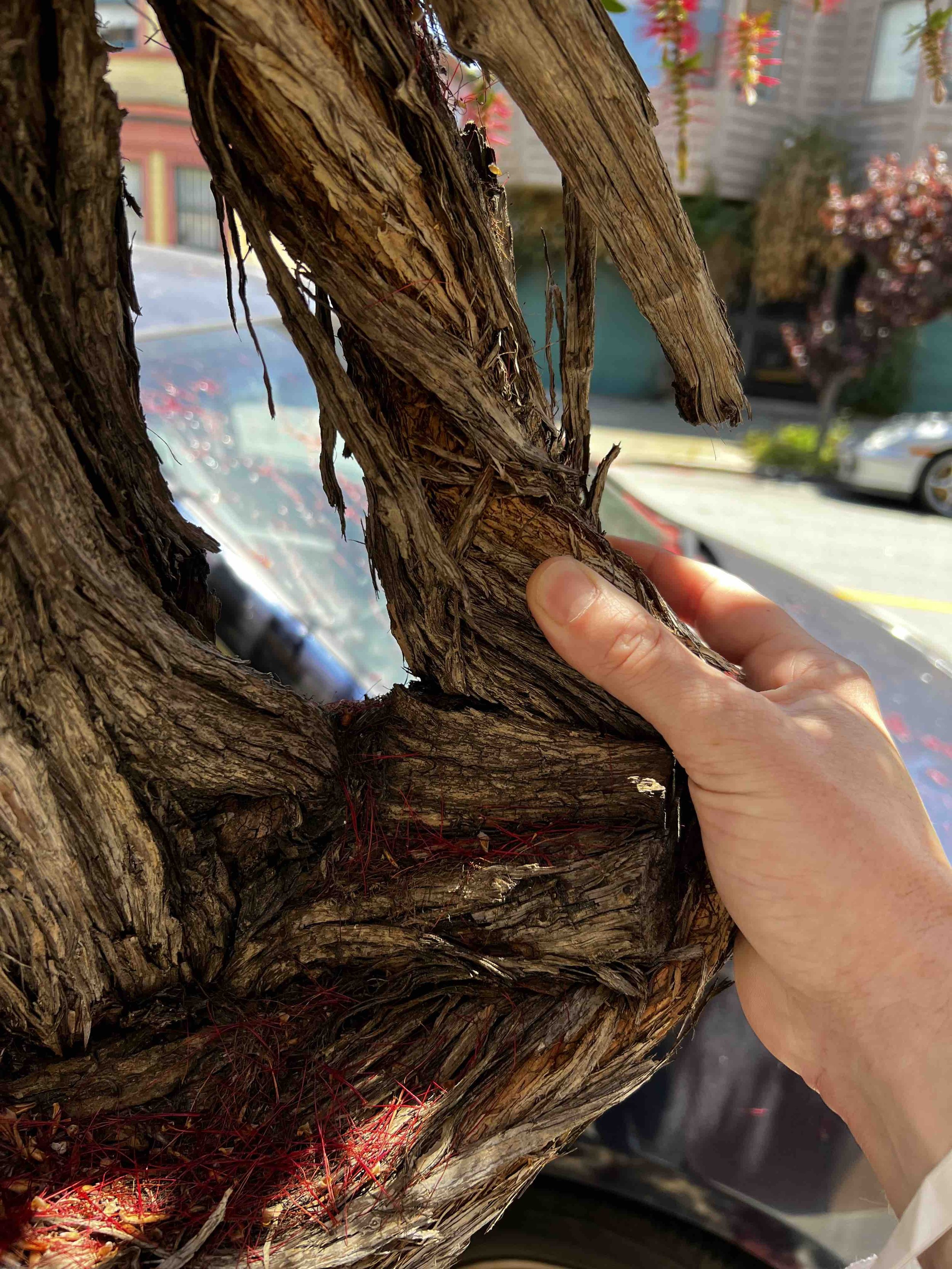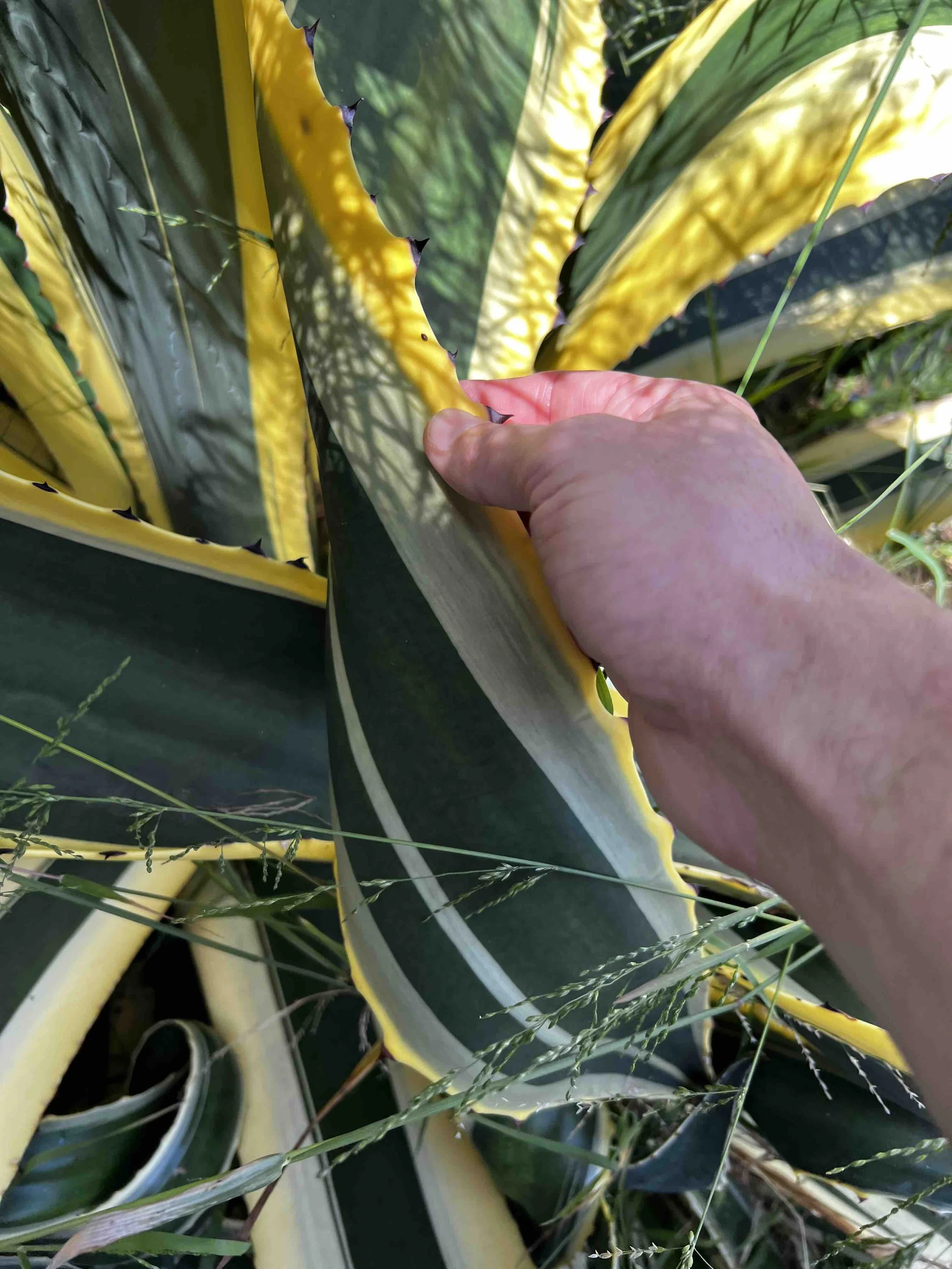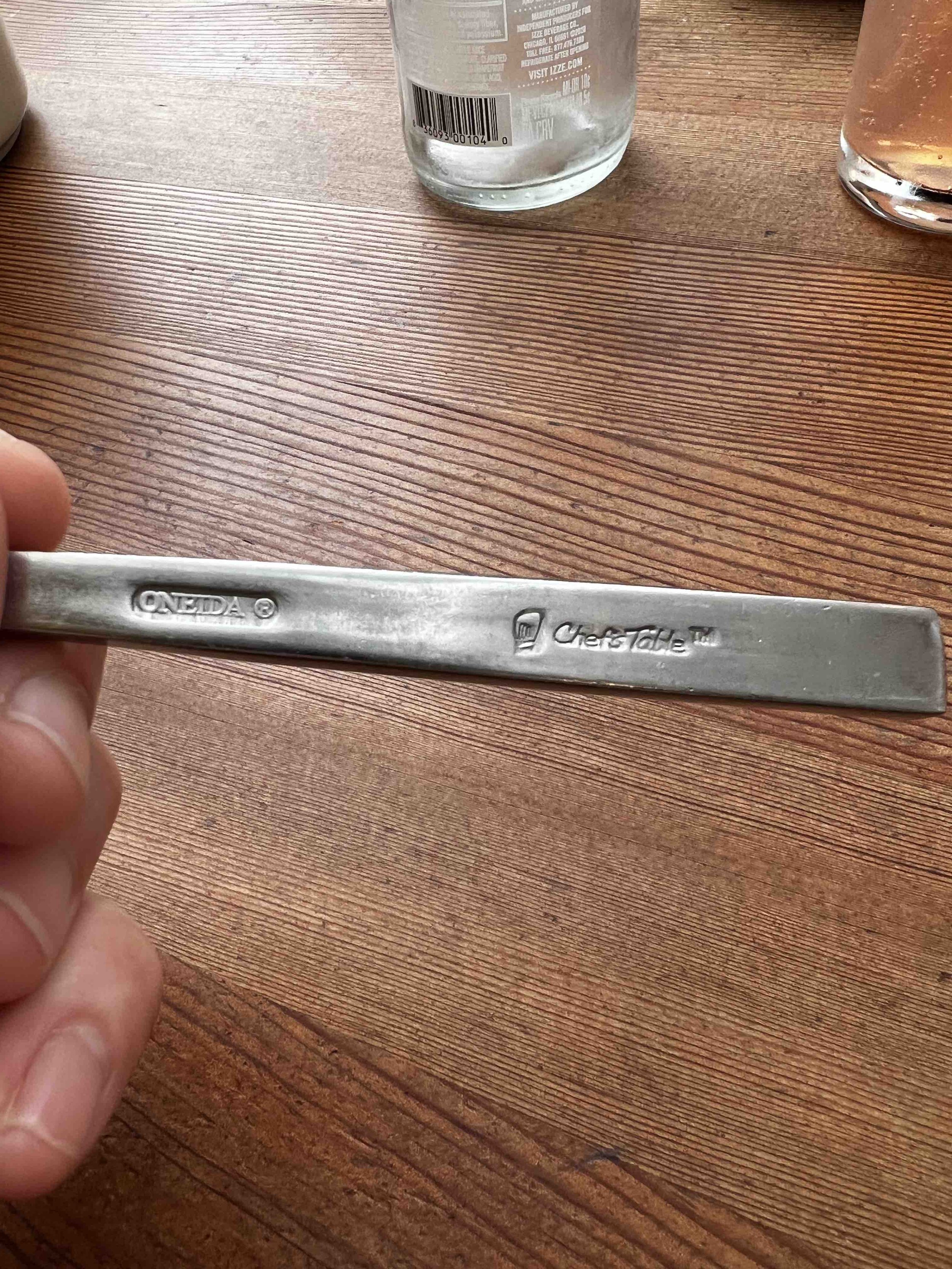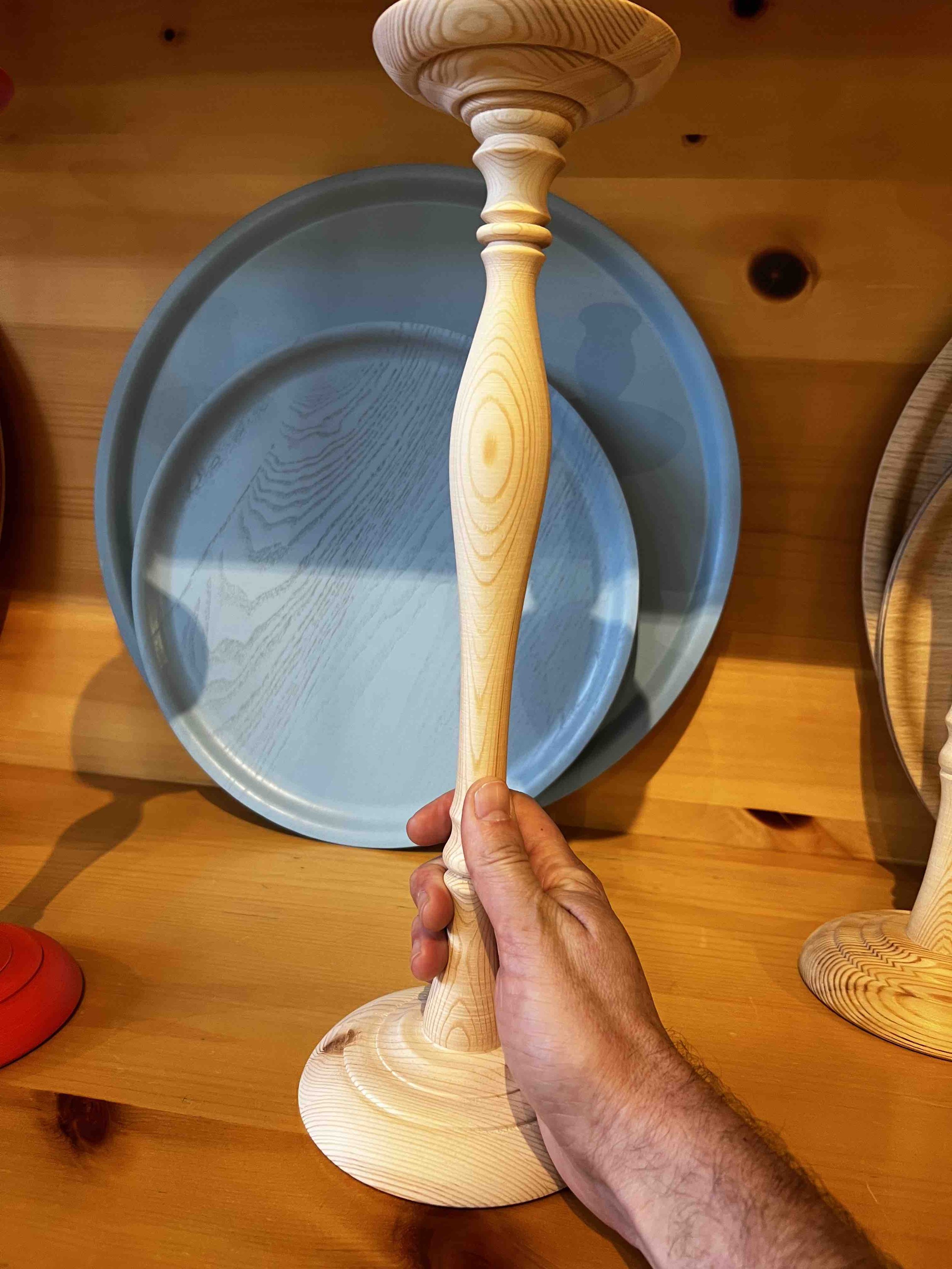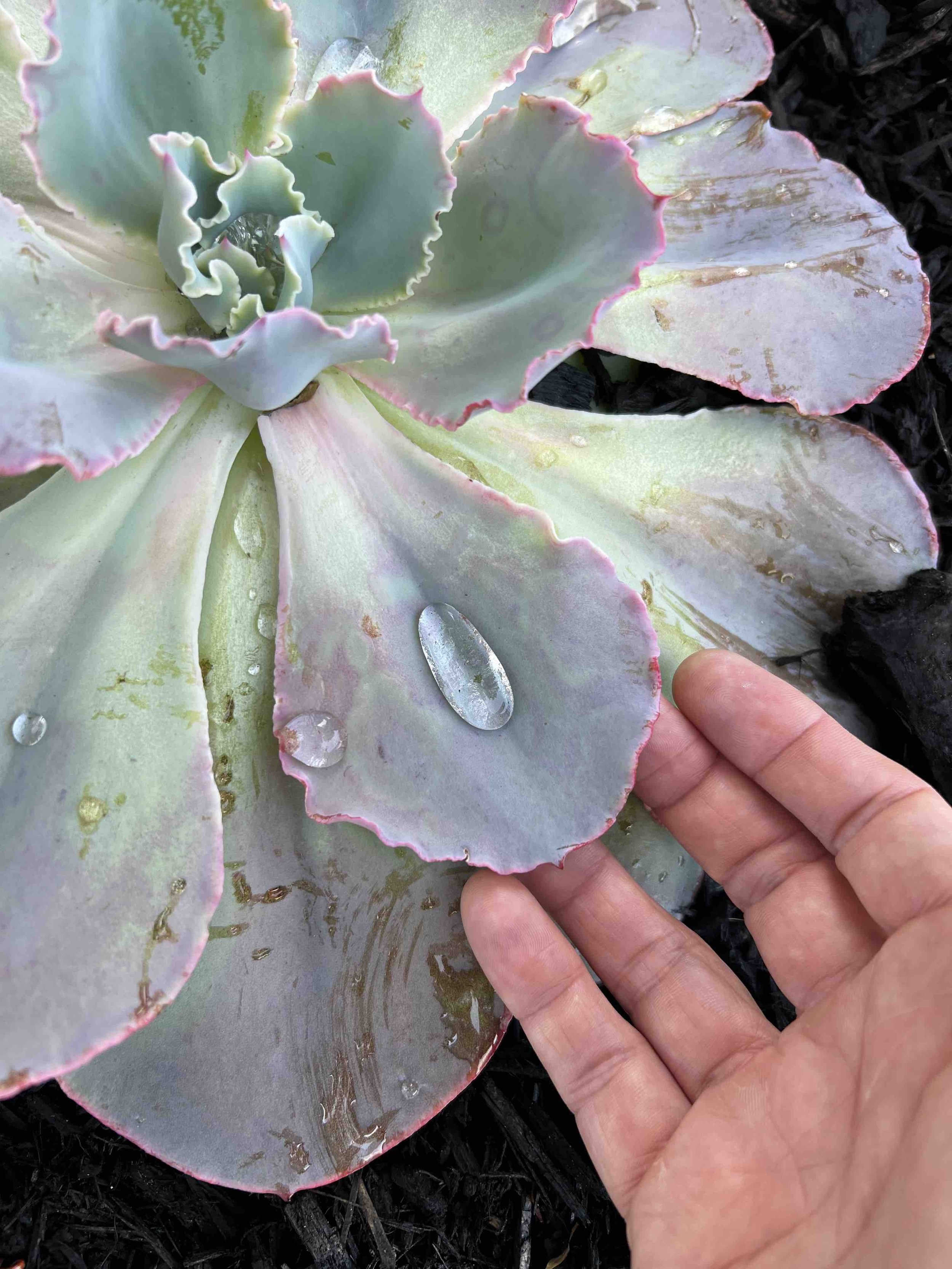101-200
101-110
Plants try so hard. Nicotine, caffeine, capsaicin, menthol, a whole pharmacy of chemical defenses meant to deter the gnashers and munchers. All so tasty. Or is it the extreme that’s tasty. The edges of over-saturated taste buds, fat and sugar-pickled tongues and perfume-numbed noses only responding to the most brutal beatings of nature’s arsenal. What it takes to register sensation when you've pickled your tongue on Coka. Now we don’t even bother with nature, we start from scratch. Begin with the desired sensation and reverse engineer the pain to the boundary of suffering and permanent damage. Want fries with that?
111 - 120
Honestly, the last time we saw him was before society collapsed. We hope he’s okay, but he’s probably gone. Like so many people. Sad. We warned him to buy property before the rebellion started, but he looked at us strange and said something about property taxes and unaffordable HOA fees. We didn’t understand. But he was from a different world. We heard he sent his children to public school, so we guess he can fight for himself. He really should’ve made it inside the gate when he had the chance. It’s a shame, we could really use a good gardener.
121-130
An offering. A token. A show of respect. Nothing ostentatious of course. Something with a bit of flair, but not too showy. Anything more and it might be trying too hard. Something small but significant, an indication I know the proper effort, edicate, but am willfully choosing to be subtle about it. On the minimal end of the acceptability spectrum. Small and potent… hopefully. Aware of the feathered transition to meek self-awareness. Found objects for losers. Value in representation over quantifiable exchange or pre-deposited impressions. Eking just to the better side of “it’s the thought that counts.” Pretty over petty.
131-140
Doing isn’t magic, but it can feel that way. Effort and time can make anything happen. Maybe you need a few generations, but everything is possible. Everything humanity has done is magic to even a few generations ago. Not because of some wizard genius discovering a quick fix - but wait, there’s more! - because of the average contributions of average humans over their average lifetimes accumulates to world-changing output. For better or worse, true change is legacy. Seeing into the future only takes looking at what everyone’s grandparents were doing with their average days.
141-150
A few years ago plants crawled out of the oceans to tough it out on land. The other archaea, bacteria, and protists didn’t think the whole “land” trend would catch on and kept jamming in the water. Plants found how nice and sunny land was and flourished. Problem was, nobody was around to break them down when they died. They kept piling up, stacking into great heaps of matter. So there’s a couple years where the land was covered in undecaying plants. Not sure if this is a fact or a gross simplification, but i think there’s a metaphor there.
151-160
The luxury sedan stops lugubriously, the rear door positioned in front of the red carpet. Cameras flash and jostle as a beefy man dramatically opens the door. The jumble of sparrows and their cellphones flutter to glimpse the manicured leg stretching from the car. There she is, rising like an opening rose. She stands tall, warping the world around her. Her leg exposes itself and swings forward, but the carpet wraps around her heel. Everything before that moment is one era. After that, another. It takes years for her to fall, arms flailing, clutch unclutched, biased cut stretching, face contorting.
161-170
Stand in one spot, look out and see all the colors. No matter how cloudy, sunny, rainy, snowy, or foggy it is, there’s always a clear spectrum of color to the world. Take a moment to catalogue the tones and shades. Organize the palette of the moment. Watch it change. Try not to see the objects, but the composition of color. Imagine the world as an animation of morphing paint-by-number canvases. And think what the base tone is. How many pots of each color do you need? How much and how little black and white there is to the world.
171-180
By the time i reached this point in the project, i wondered whether i was taking too many plant pictures. I asked myself whether i was taking the concept of “beauty” too literally as “pretty”. But plants to me are beautiful. And “pretty” is legitimate version of “beauty”. Thinking it through a bit more, it makes sense that i - raised where i was - would be drawn to plants. It’s natural to be curious about plants, and wonder to me is beauty. That… and it was spring in Minnesota, so anything growing was a wonder and object of beauty!
181-190
We say we’ll write and we say we’ll visit. And we really try. But it’s hard and we each know its hard. We mourn a little bit when we leave, but mainly keep moving. Friendships are temporal and as much as we hate to admit, dependent on convenience. Maybe good friends don’t need to try that hard, though. Maybe the most enduring friendships don’t need convenience or proximity or constant feeding. Maybe they persist all on their own as a permanent altered part of each other, a modification of our foundations we bring with ourselves long after we wave goodbye.
191-200
The researcher slides another object across the table. “How about this.” I know this table well after all these sessions, it tells me density, size, shape. “A large tool of some sort. Mostly metal.” I know she's smiling. I touch it with my fingertips. A brightness flashes through my mind: ferrous. Lots of tiny machined ridges, edges. A tool for sure. She asks, “Do you want to pick it up?” I consider while carefully exploring the shape. Knurled metal. Short stretches of polish. And beyond that, a weight beyond mass. This thing has a burden. “No. Please take it away.”





